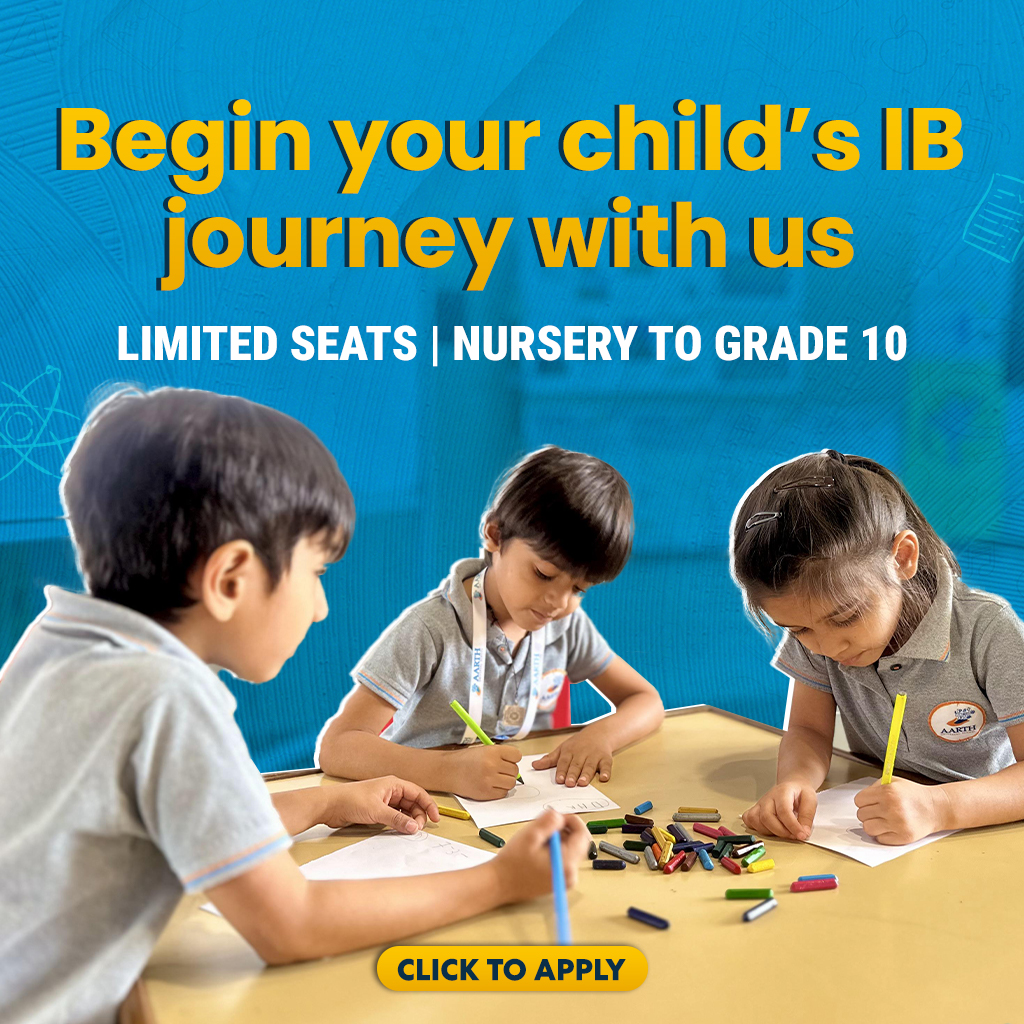School Life


01
A peep into a week in the Primary Years Programme
The classrooms in AARTH will be designed specifically for an experiential learning educational model. They will function more as studio workshops with work tables, informal gathering places and private study nooks. The classroom will allow for cross-class work and sharing of discoveries.

02
A Week in the Life of a Middle School Student at Aarth Universal School
The classrooms in AARTH will be designed specifically for an experiential learning educational model. They will function more as studio workshops with work tables, informal gathering places and private study nooks. The classroom will allow for cross-class work and sharing of discoveries.

03
What will Senior School look like?
We plan to seek opportunities for students to explore their environment through a rich program of trips and visits. We will make great use of outdoor spaces to conduct science experiments, learn mapping skills, apply mathematical concepts, promote small group discussion and debate or work together to create short musical pieces. As a school, we will be supporting this classroom without walls approach to enable students to apply their learning outside of the confines of the classroom.

04
Facilities in the school
AARTH plans to serve a wide range of healthy, tasty vegetarian meals in the cafeteria. Our menu would be released starting of each month. The cafeteria will be designed to serve our students’ needs.
A peep into a week in the Primary Years Programme
Meet and Greet
Sign-ins
Explore
Quality Circle Time
Early Years and Primary Years Community Time
Class Meeting
Rest and Read
Literature Circles
SOLE - Self Organised Learning Environments
Lunch and Recess
Express, Bulletin and Journal
Writer’s Workshop
Book Buddy
Read Aloud
DEAR Time
Meet and Greet
The day for Aarthians begins with greeting each other with a ‘Namaste’ followed by play time in the lush green lawn at the campus. Amidst the fresh air and the warmth of the morning sun, the Primary students enjoy fun games with each other that energises their mind and body.
The end of Meet and Greet time is marked by the sound of ‘OM’ that guides learners to assemble in the common area where all members of the school participate in the chanting. With a nourished mind, body and soul, Aarthians are now ready for a day full of learning and exploration.





Sign-ins
Gone are the days when mornings at school began with teachers calling out names for attendance. The Primary students at Aarth begin the day by signing in using a prompt question. An open-ended question that is related to the ongoing unit, local/global context, social emotional learning, or sometimes just fun. These thought-provoking questions set the tone for the day.

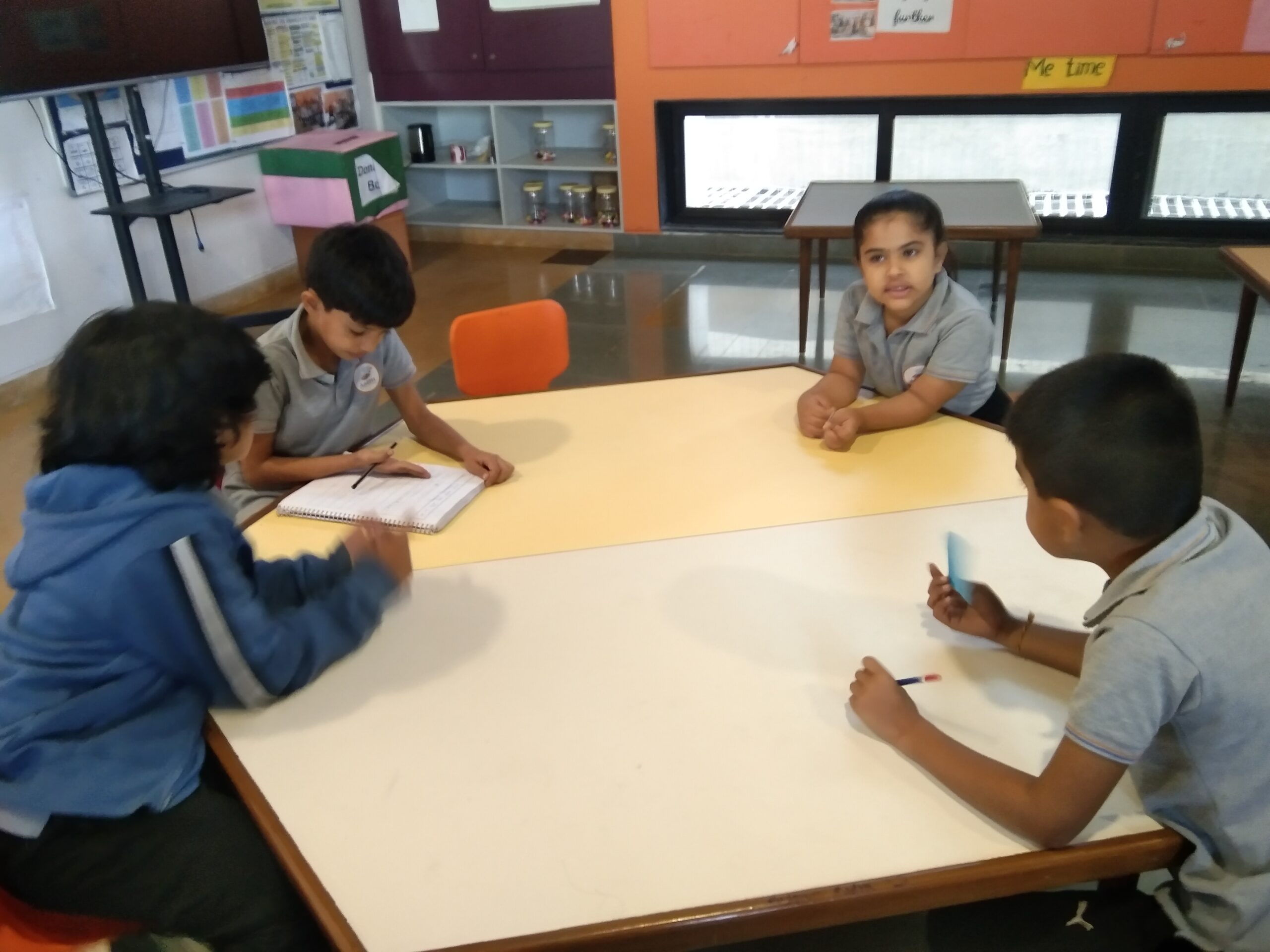
Explore
We feel that everything is possible when we explore. Exploration results in knowledge and insight, which means that as you explore, you improve. At Aarth, the Early Years’ students are encouraged to explore in order to improve their learning. They think more critically and approach problems from a multidisciplinary perspective. They are given a variety of tools, settings, and suggestions to explore and develop their creative abilities during Explore sessions. This is also a time to practise problem solving skills, communication skills and social skills.


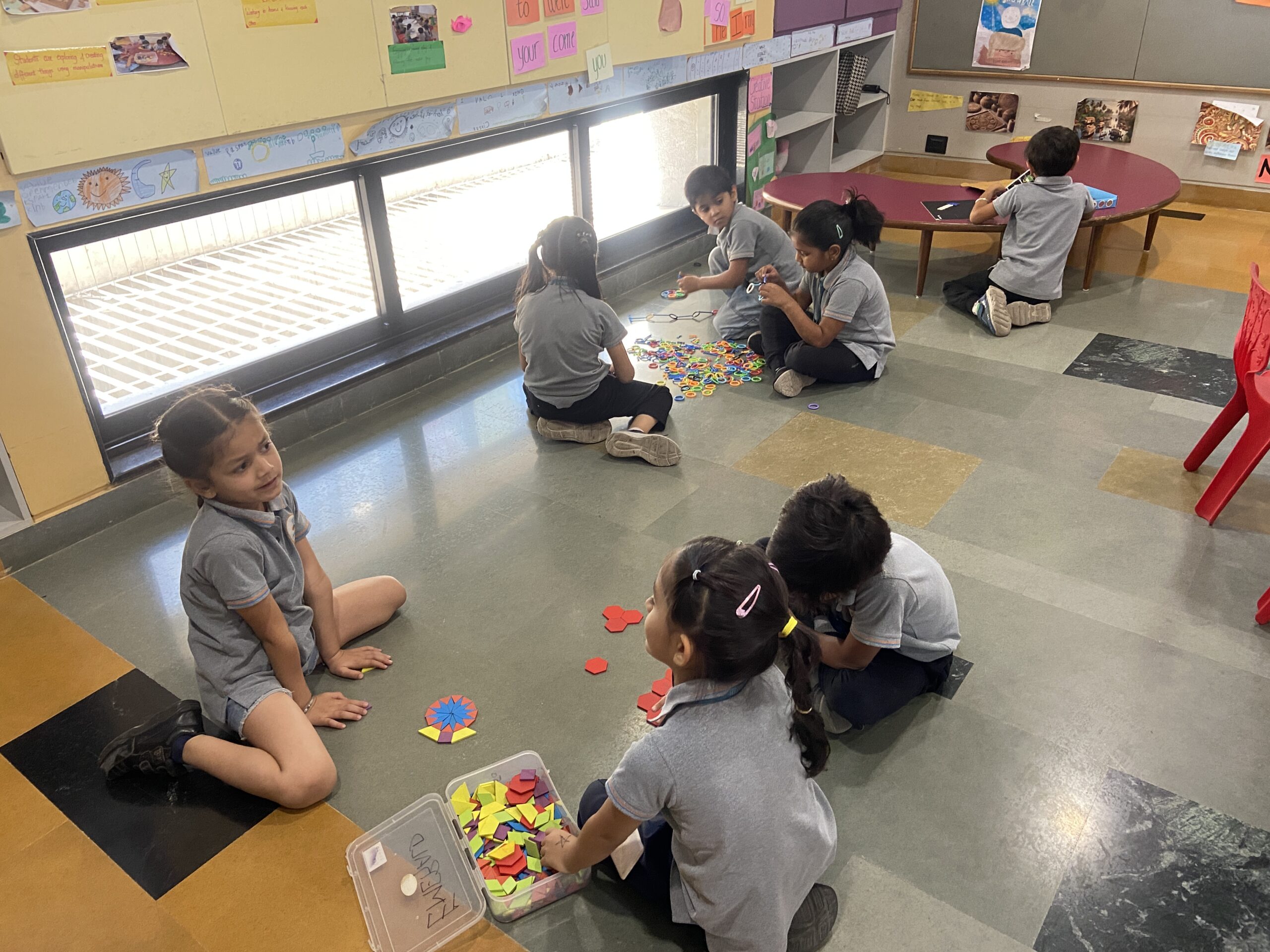
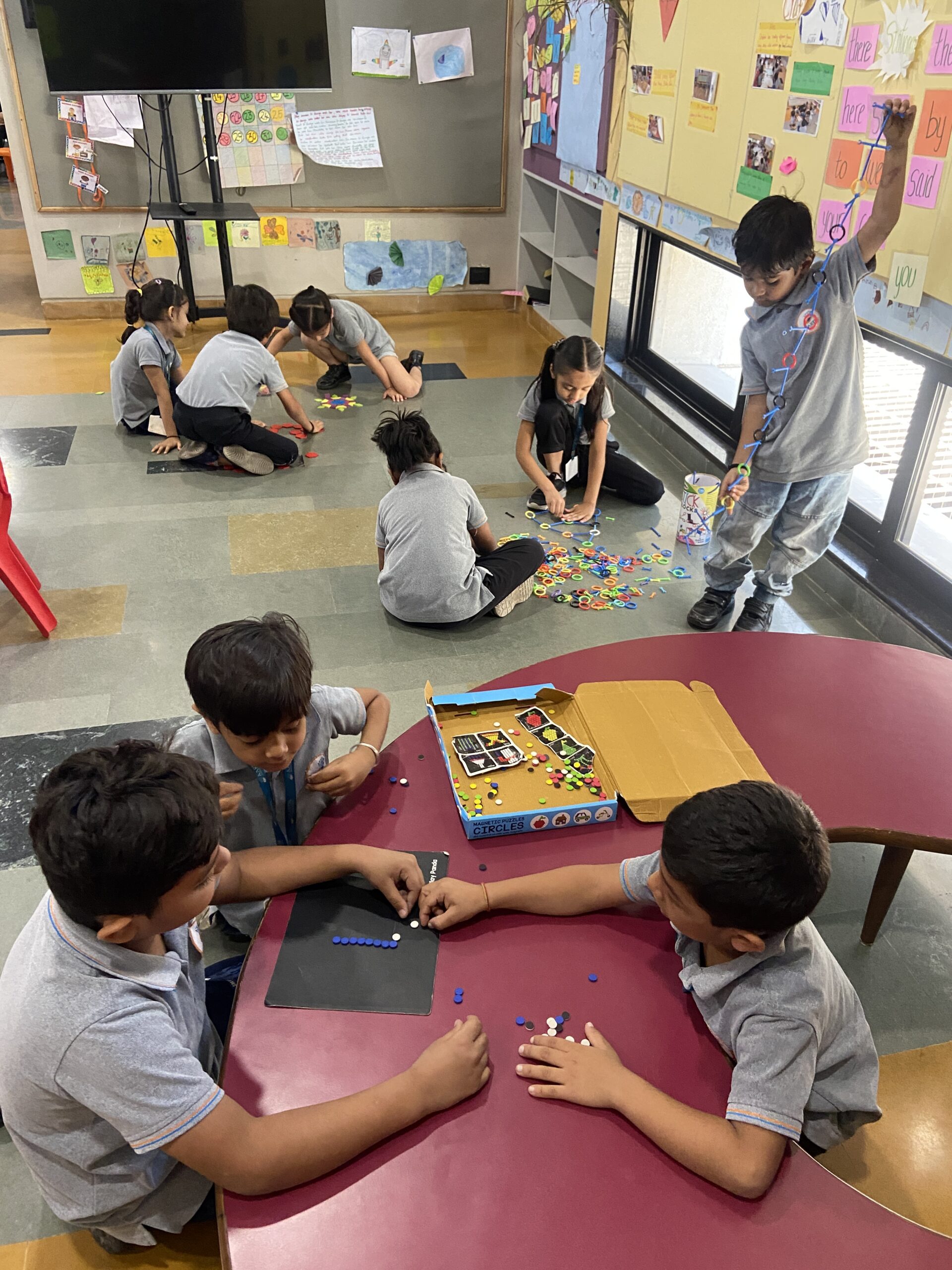
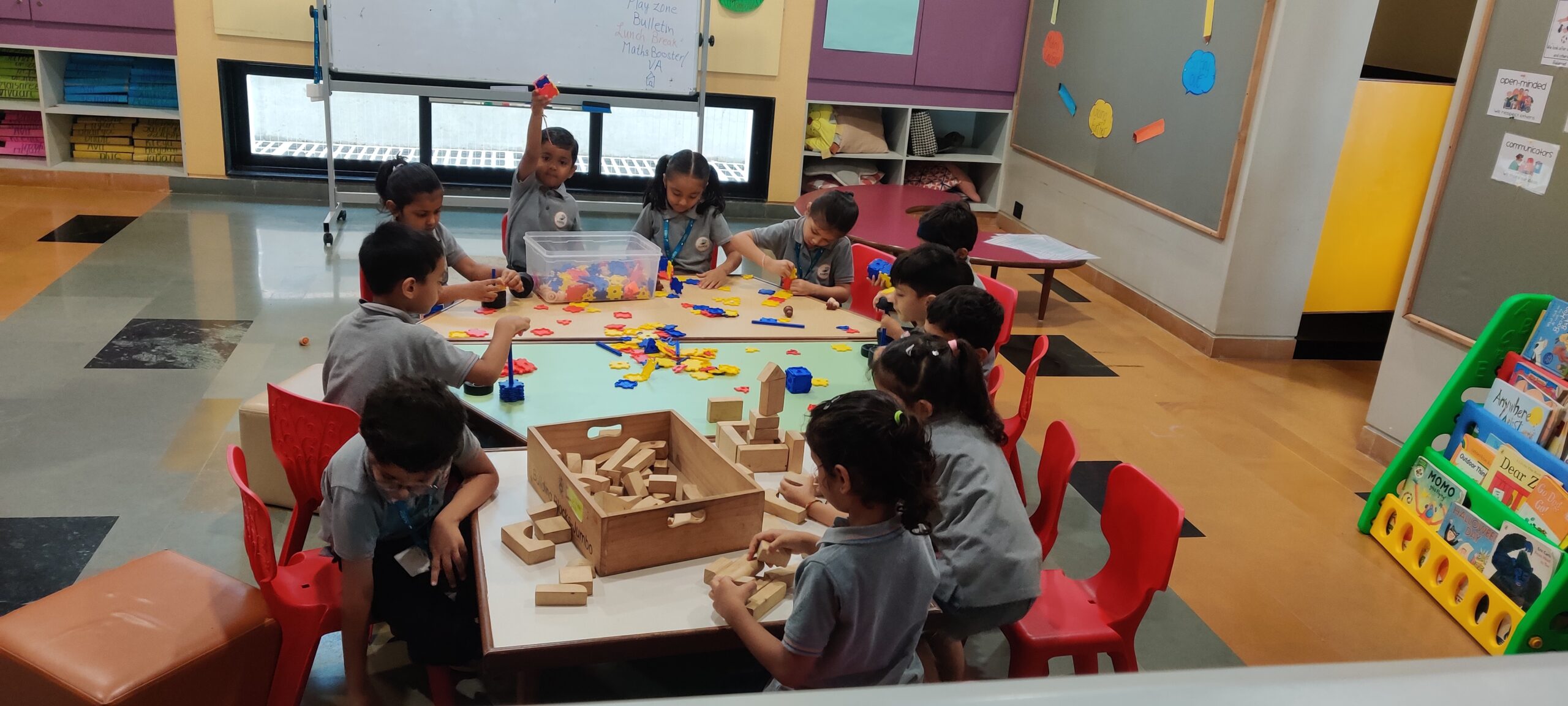
Quality Circle Time
Everyday the students at Aarth enjoy a few minutes of excellent Circle Time with teachers and classmates. They get a chance to spend time together in a meaningful way. They are able to enjoy the activities more because they feel protected and secure. They interact with one another and know more about one another, which enables them to relate their own lives to those of others. Teachers and students talk about their feelings, the day, and their families. They also enjoy wiggles and rhymes during QCT.


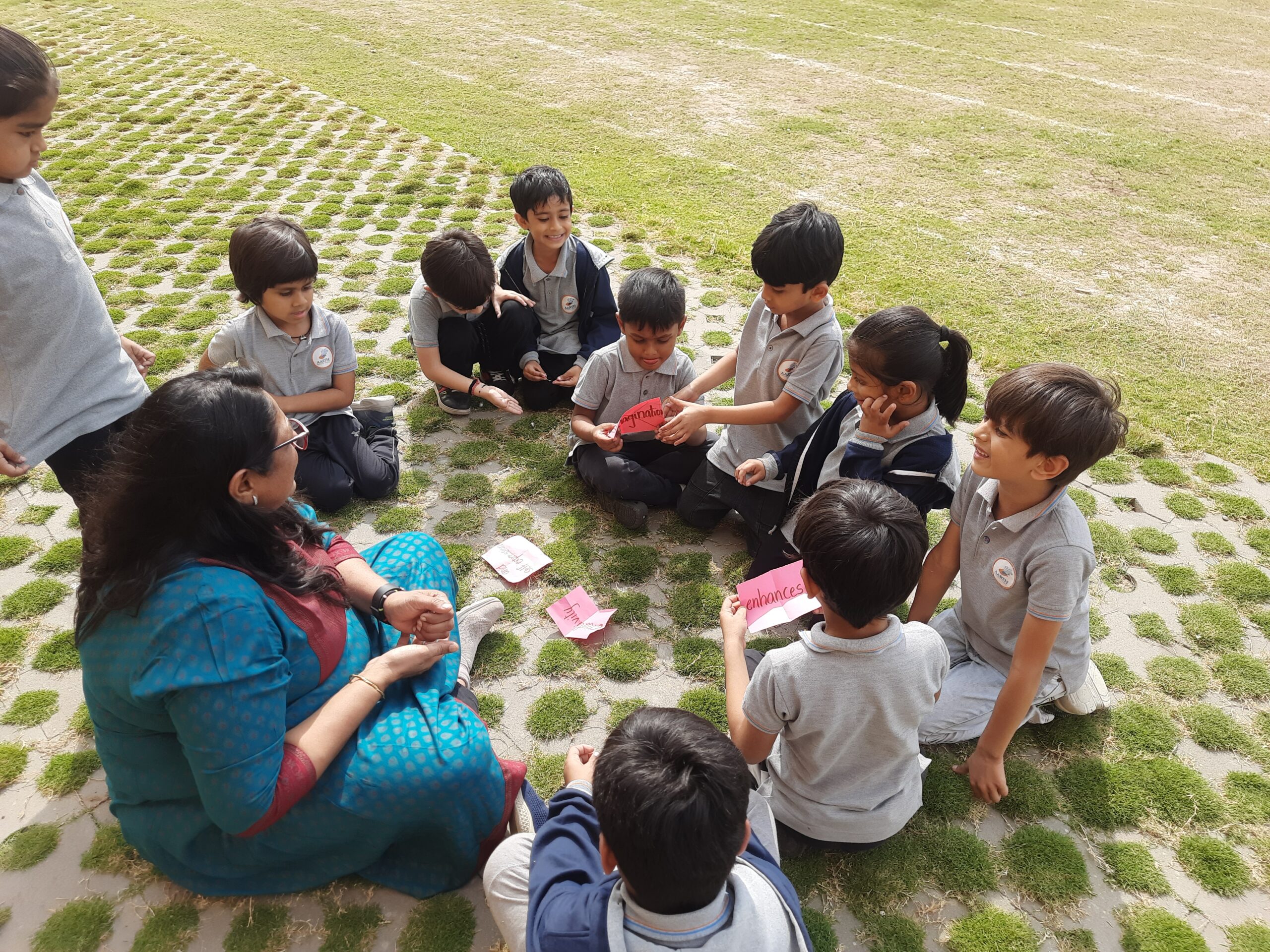
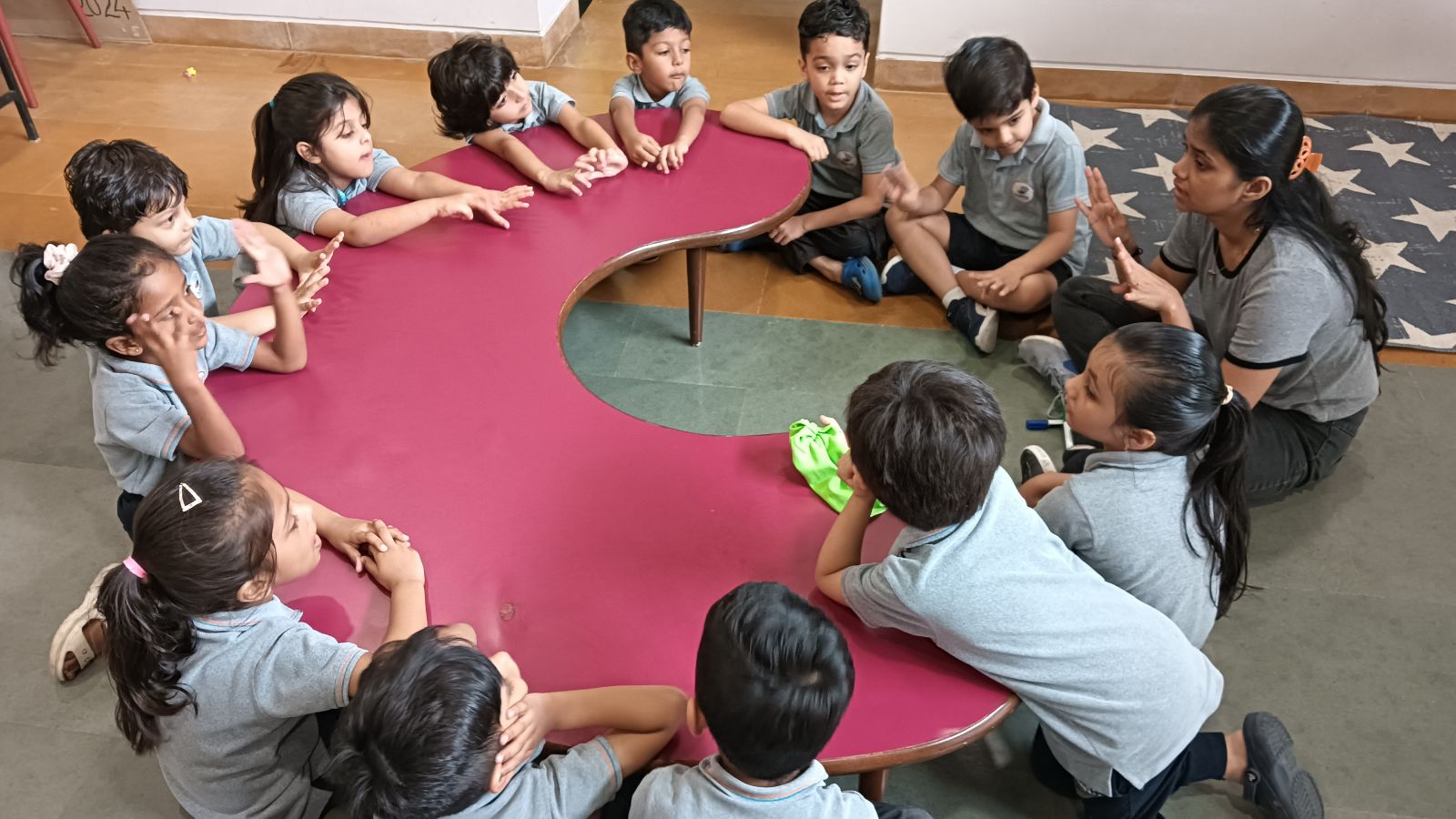
Early Years and Primary Years Community Time
Once a week or more, based on the need, all students gather and participate in varied activities. In mixed-age groups, students enjoy playing, creating, inventing, exploring and much more. Such experiences support children in building healthy relationships with their peers and forming close-knit bonds. Based on the need, this community time is also utilised to identify solutions for concerns brought out by members of the school community. This practice provides an opportunity for learners to hone their problem-solving skills as they brainstorm probable solutions.
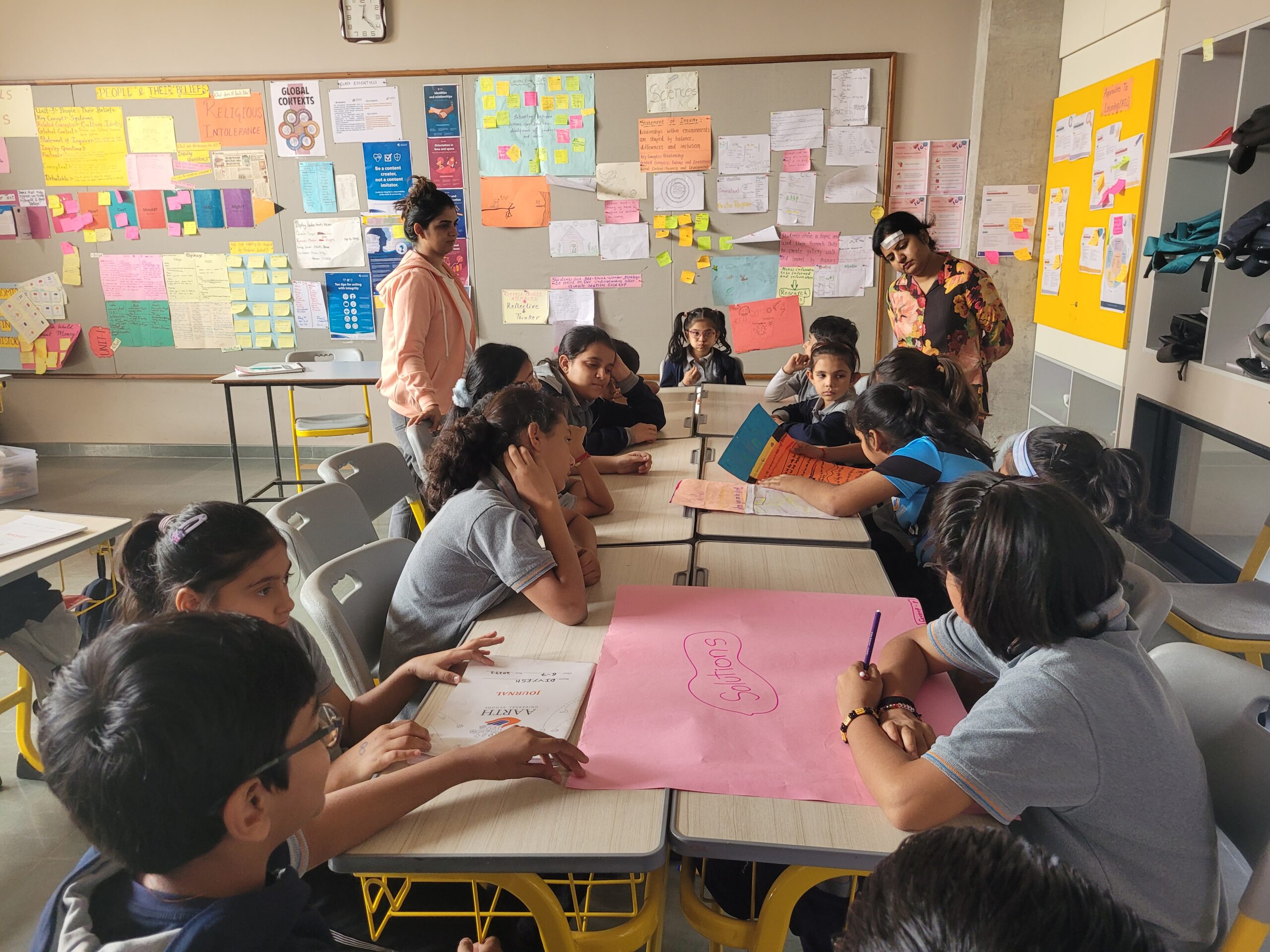
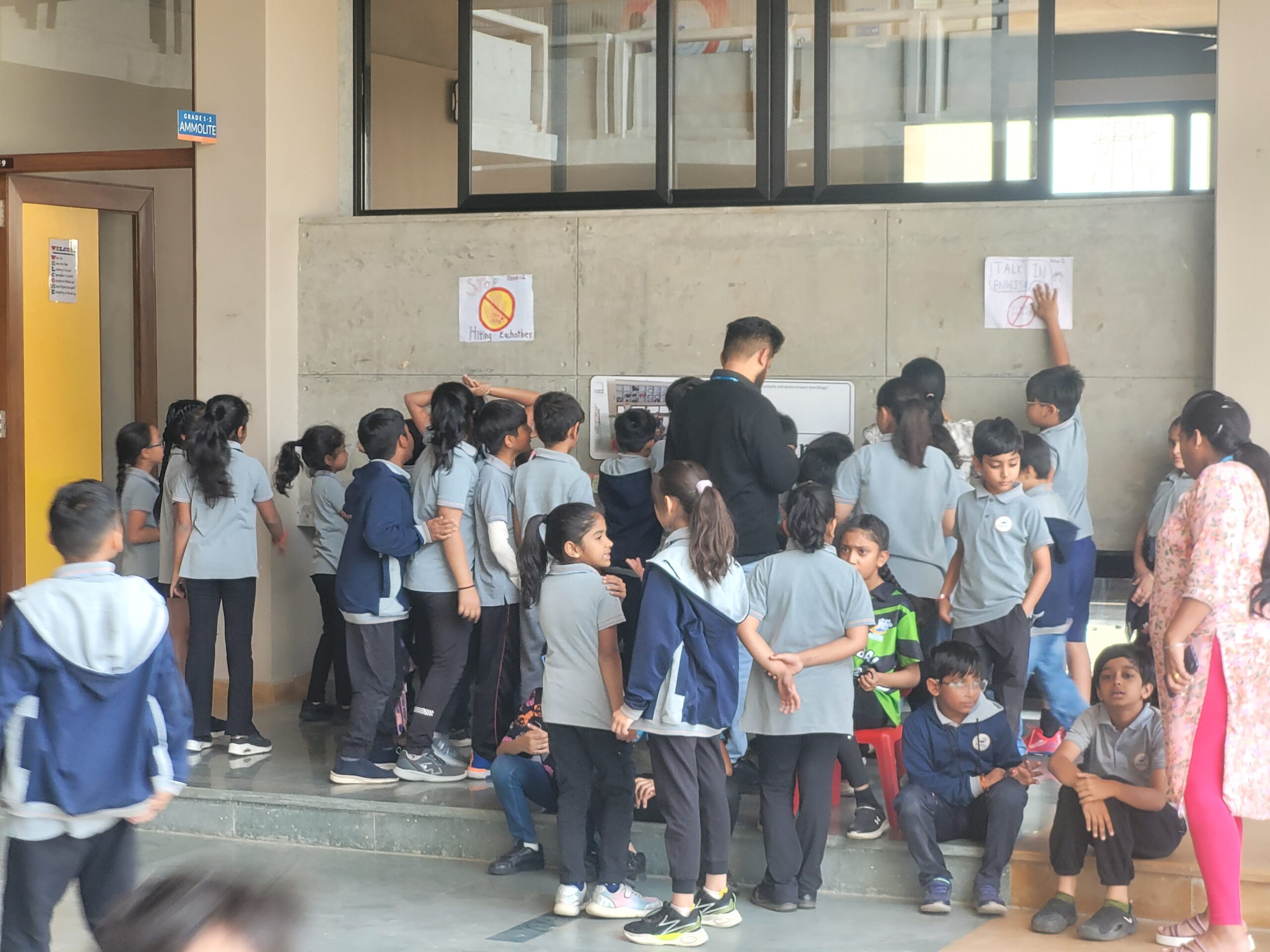
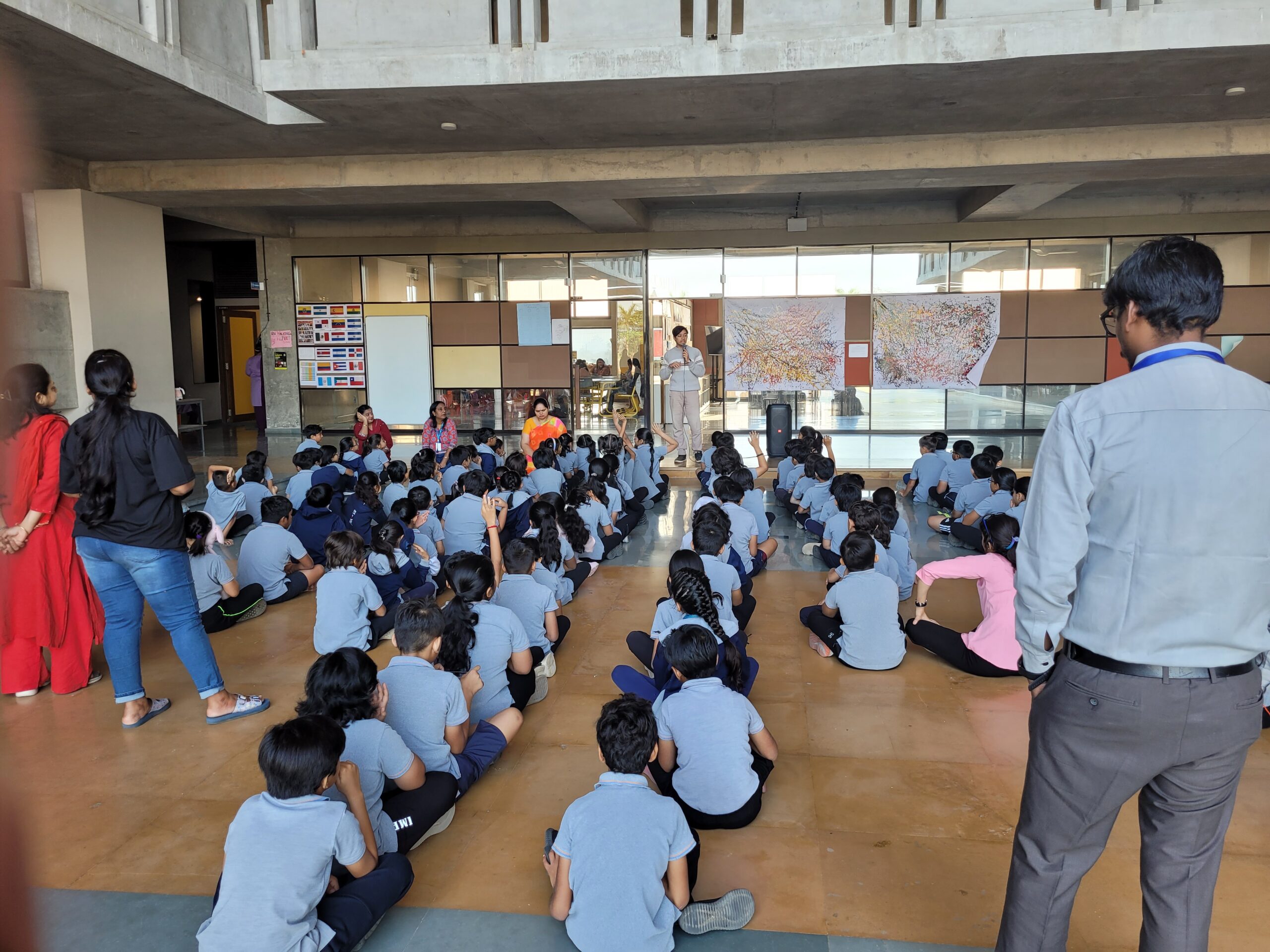
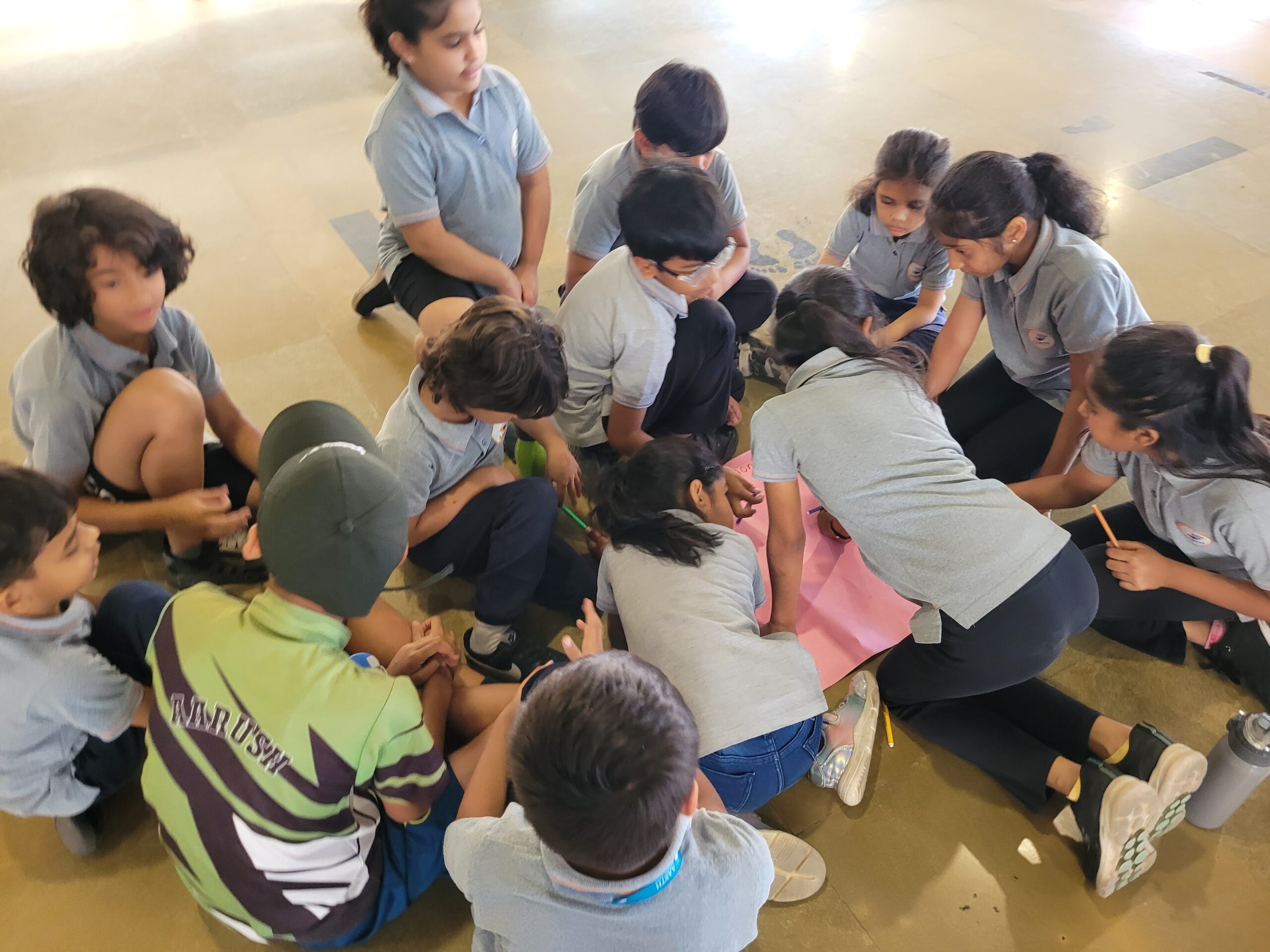
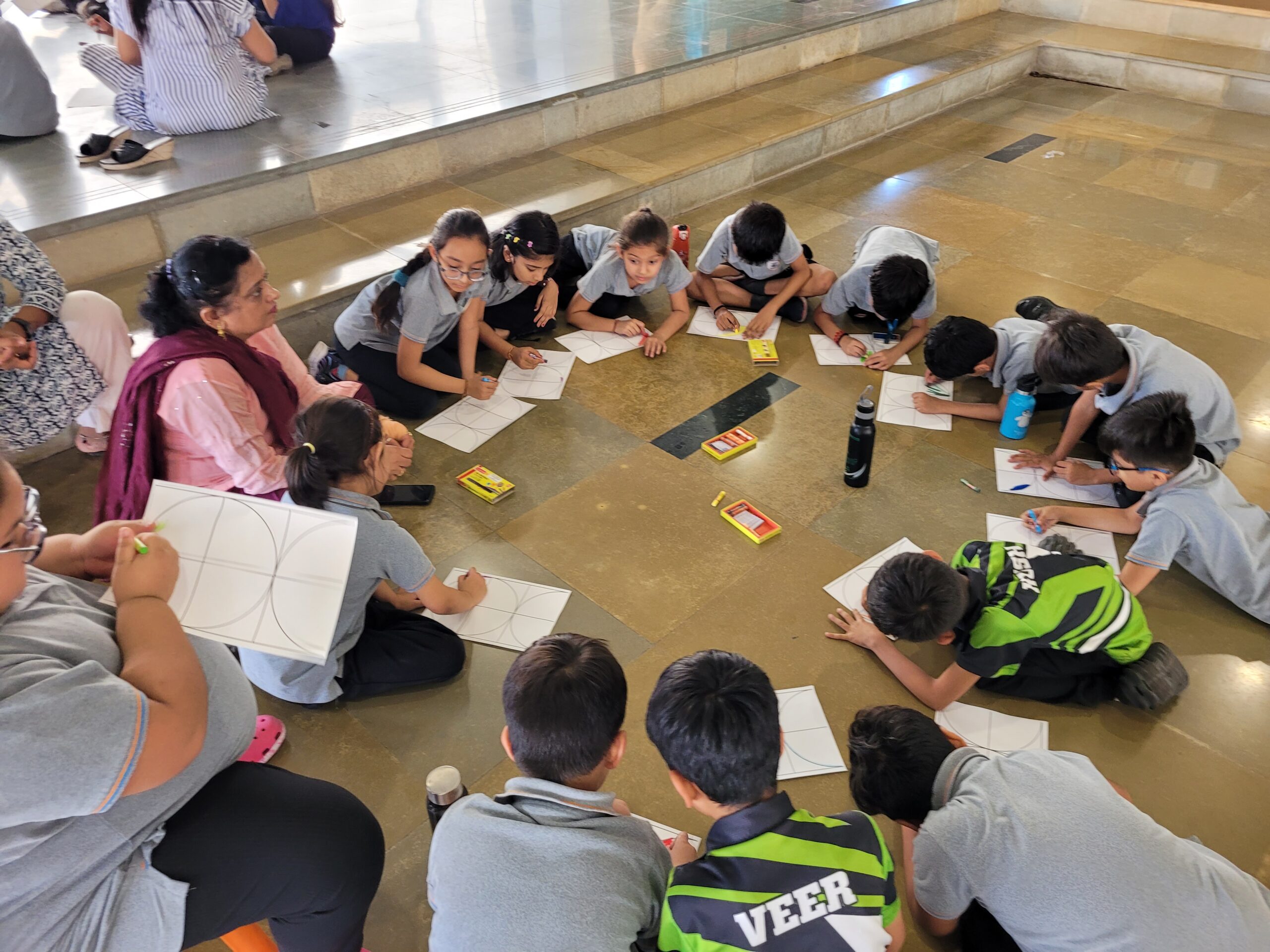
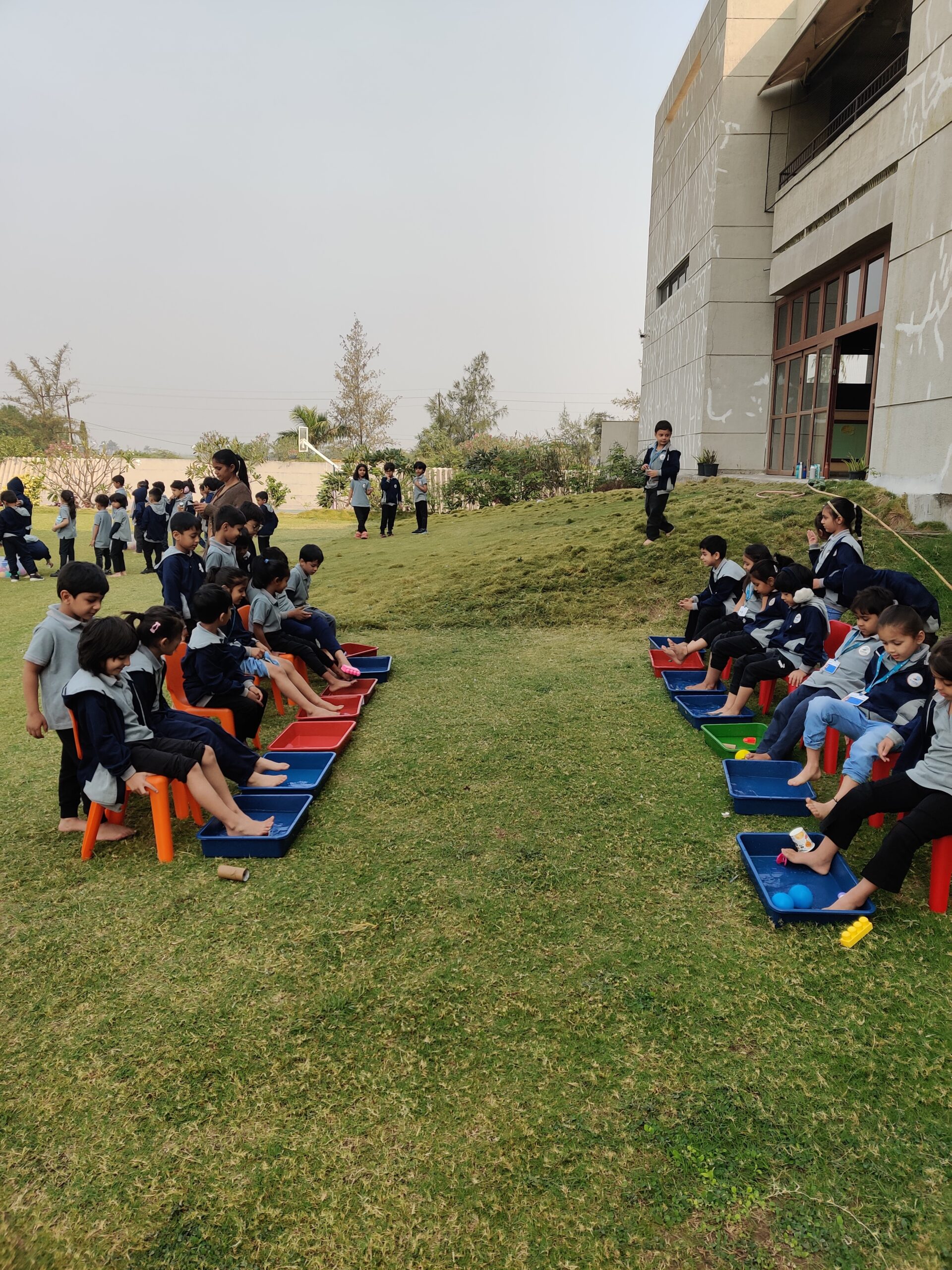
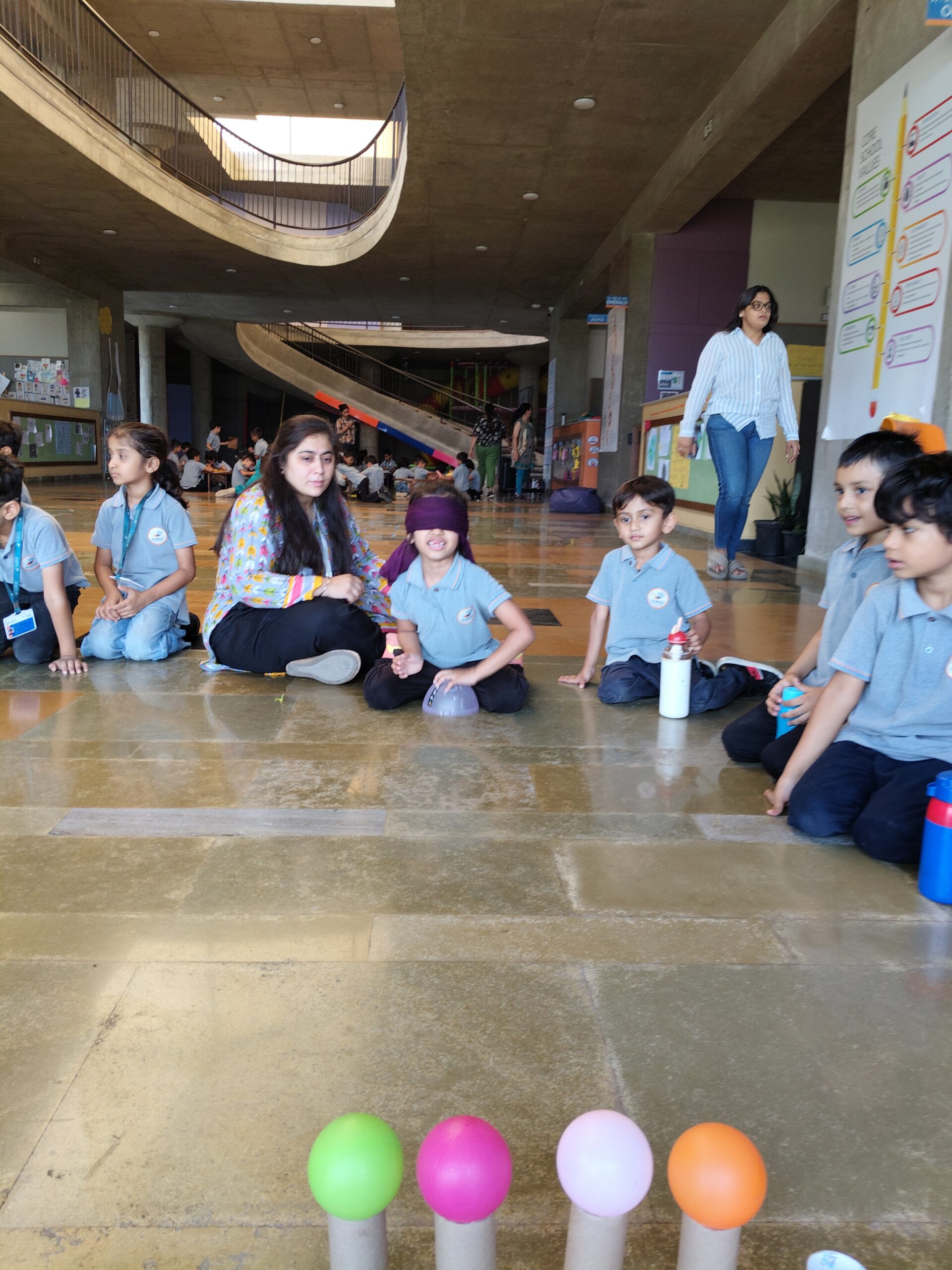
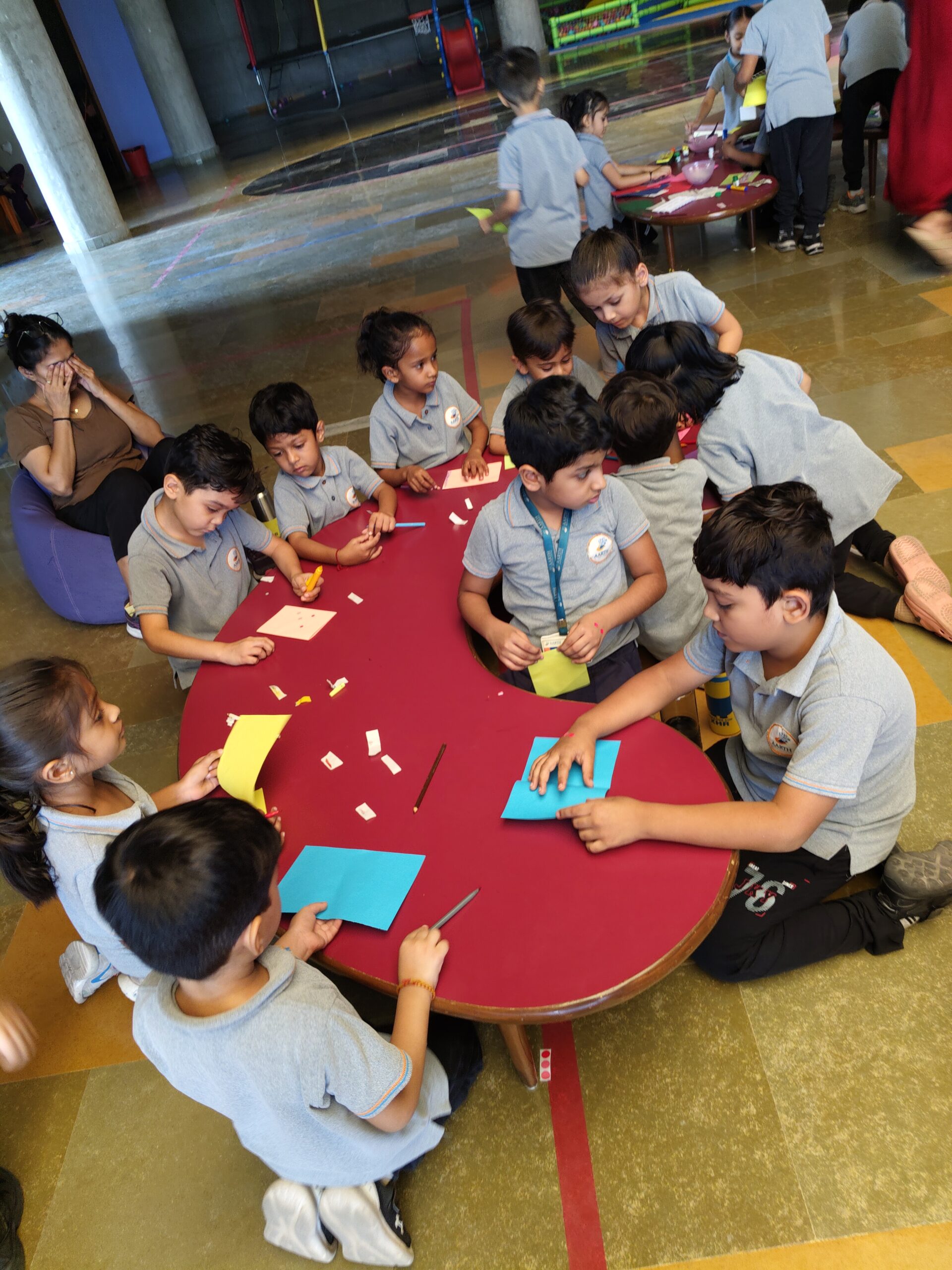
Class Meeting
Class Meeting is also an integral part of an Aarthian’s life. Students have the chance to discuss any concerns they are having in class or at school during this time. They improve their ability to interact with others and solve problems as a result. Meetings foster open, safe spaces for students to express their feelings, voice their issues, and find assistance.


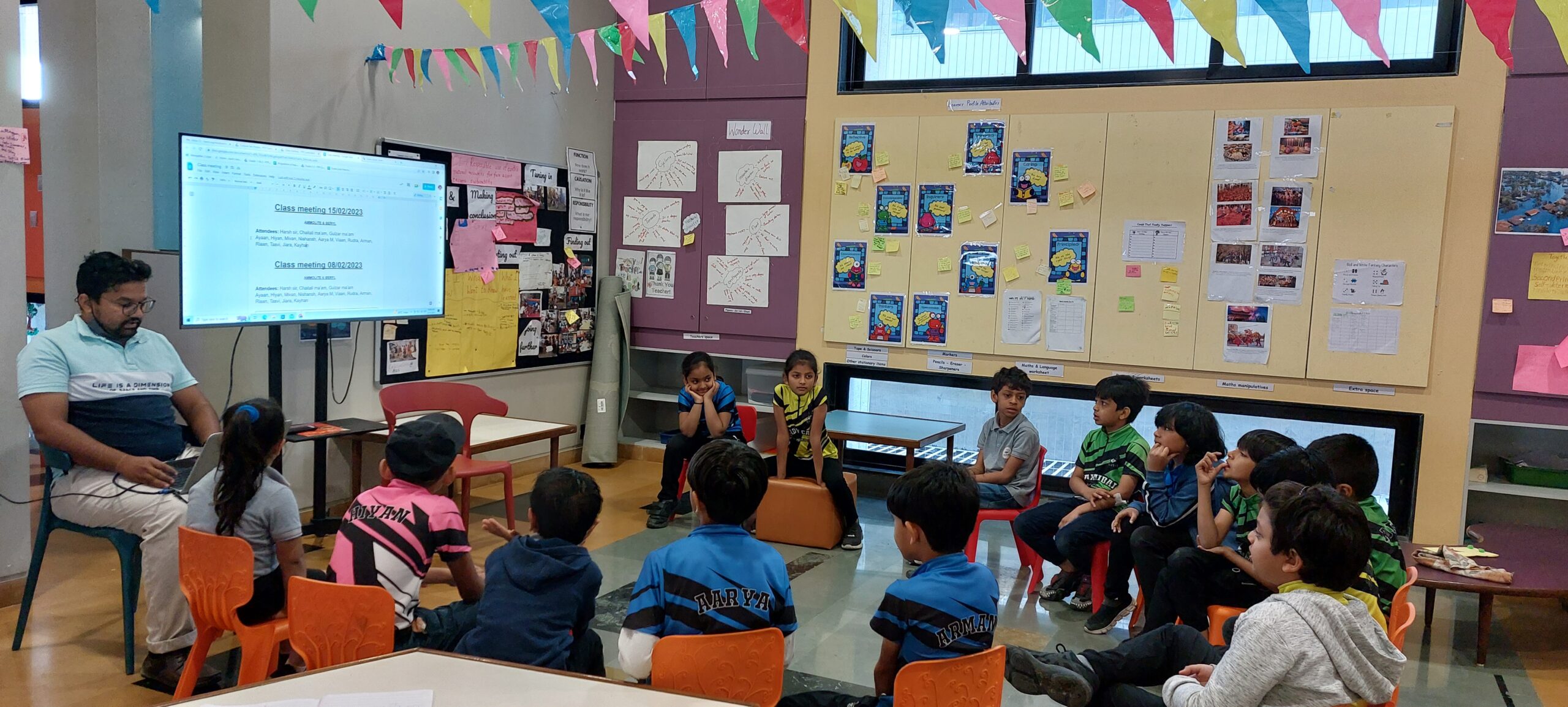
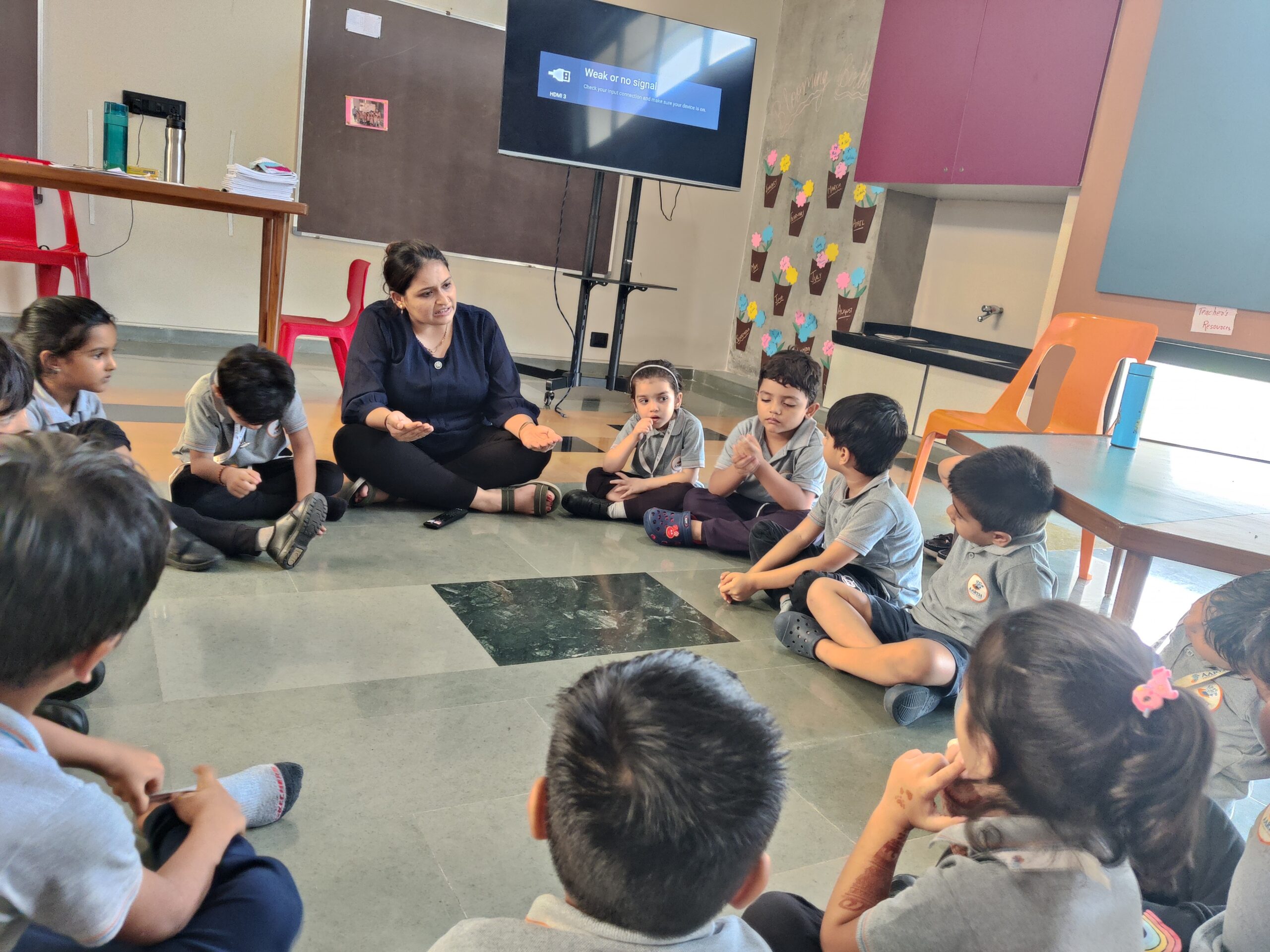
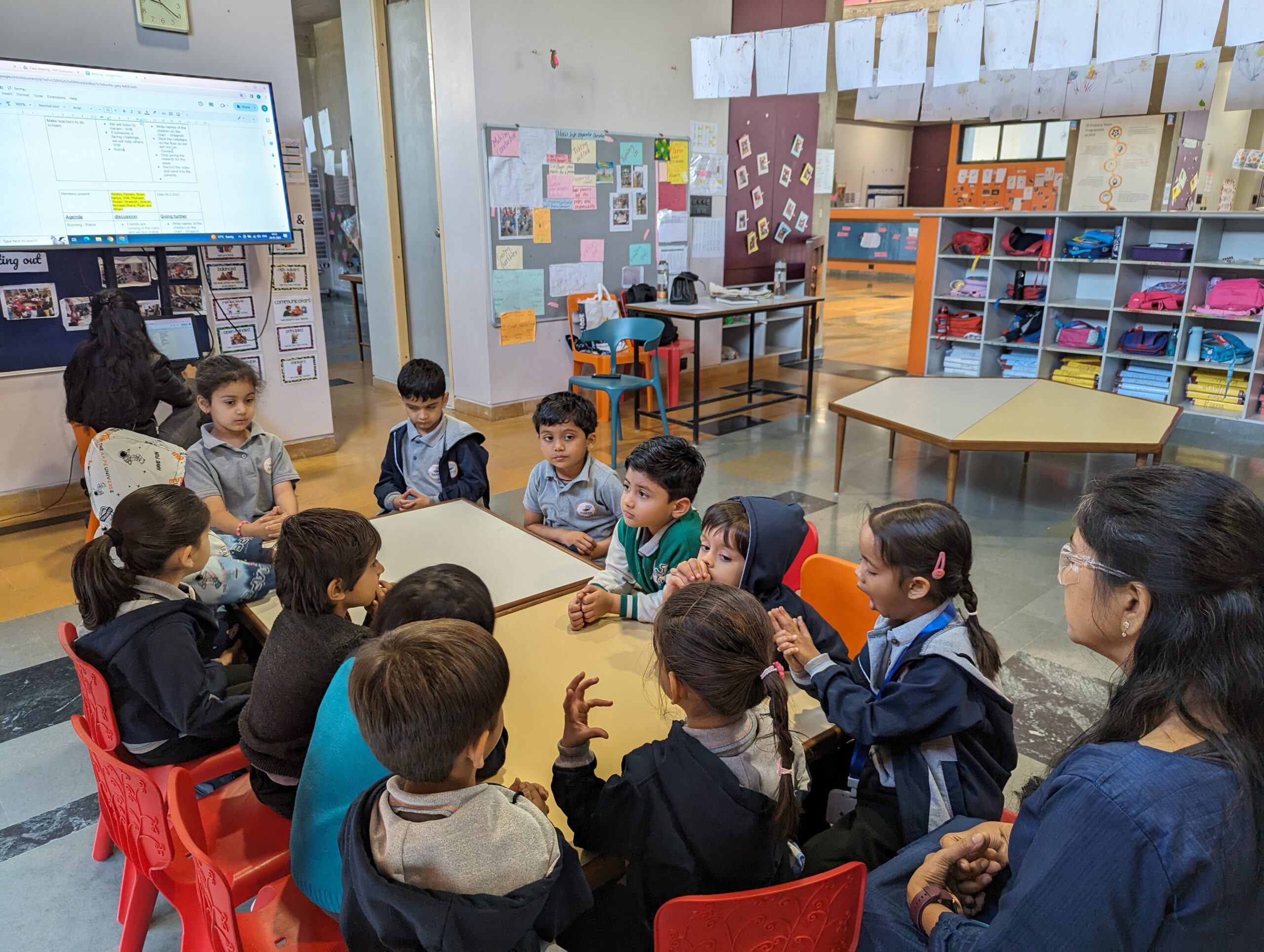
Rest and Read
Rest and read is exactly what it says. Just rest and read. No teacher intervention. The children in the Early Years enjoy a relaxed and self-directed reading time. This is the time for them to pick a book of their choice, find a comfortable spot and have a calming and relaxing time with the book.


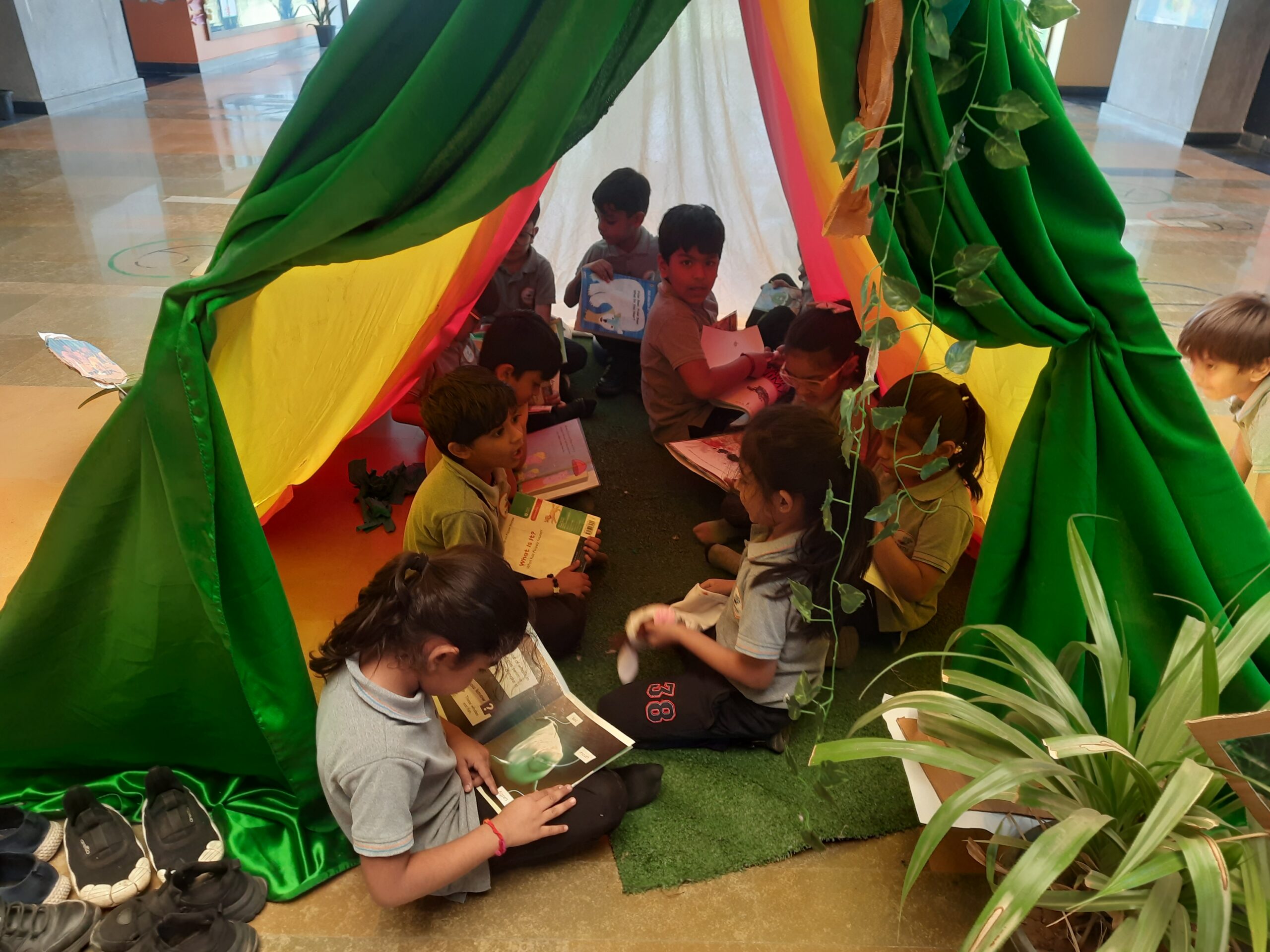
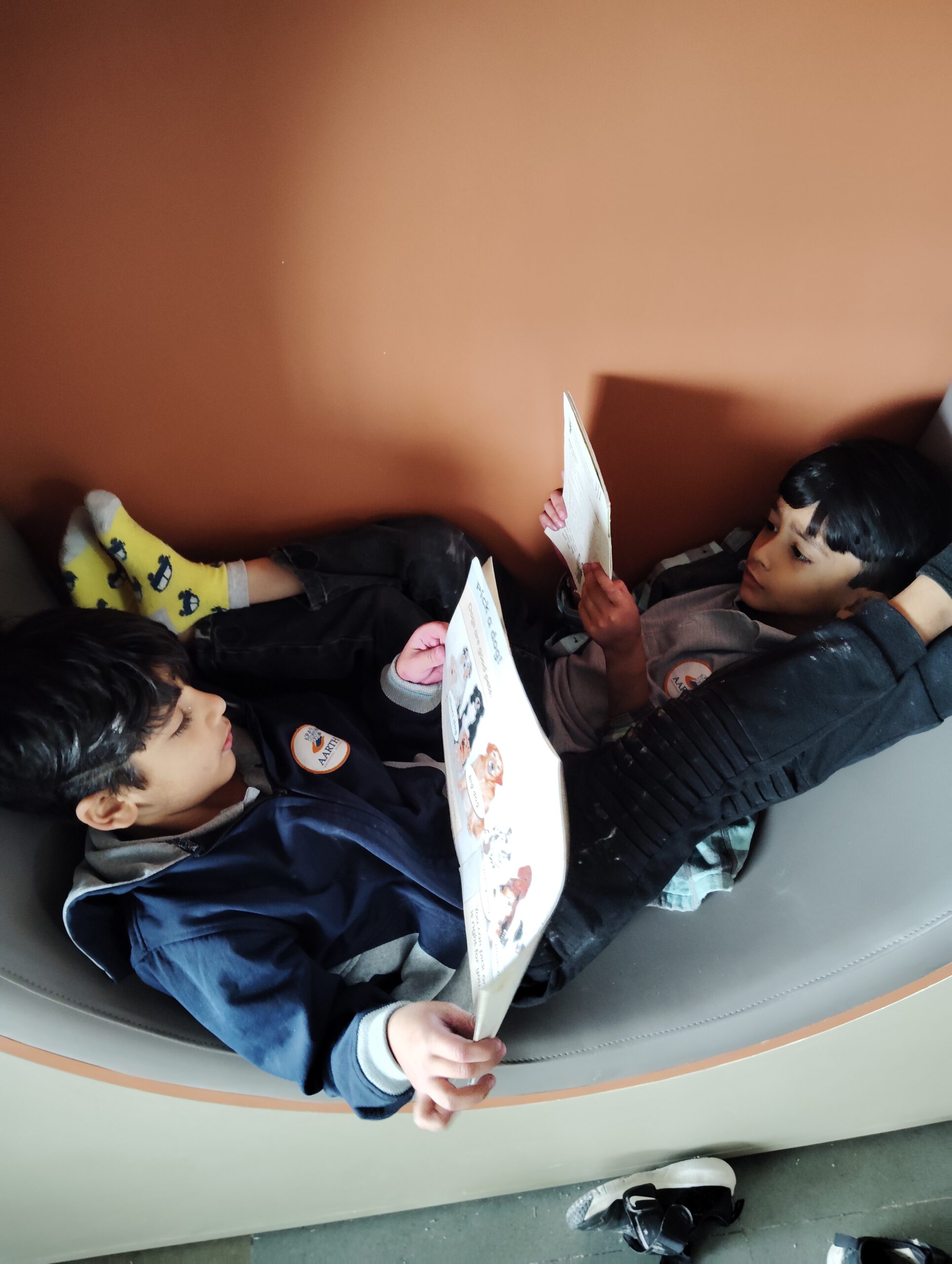

Literature Circles
This is an intense, thoughtful discussion around fictional/non-fictional books that are aligned with the learning of the unit. The students enhance their communication skills and social skills as they gather in small groups to discuss and appreciate ‘literature’ using the Literature Circle books as a medium. In the Early Years, the children share their thoughts about the characters, the illustrations, etc. They discuss their favourite page, make connections with the characters, situations and the on-going unit. Step into different roles as Character Sketcher, Sequel Person, Intent Investigator, Word Wizard, Summarizer, Discussion Director, etc. in the Primary Years, the students bring in their own perspectives for a book which leads to insightful, engaging conversations and further supports their inquiry journey.

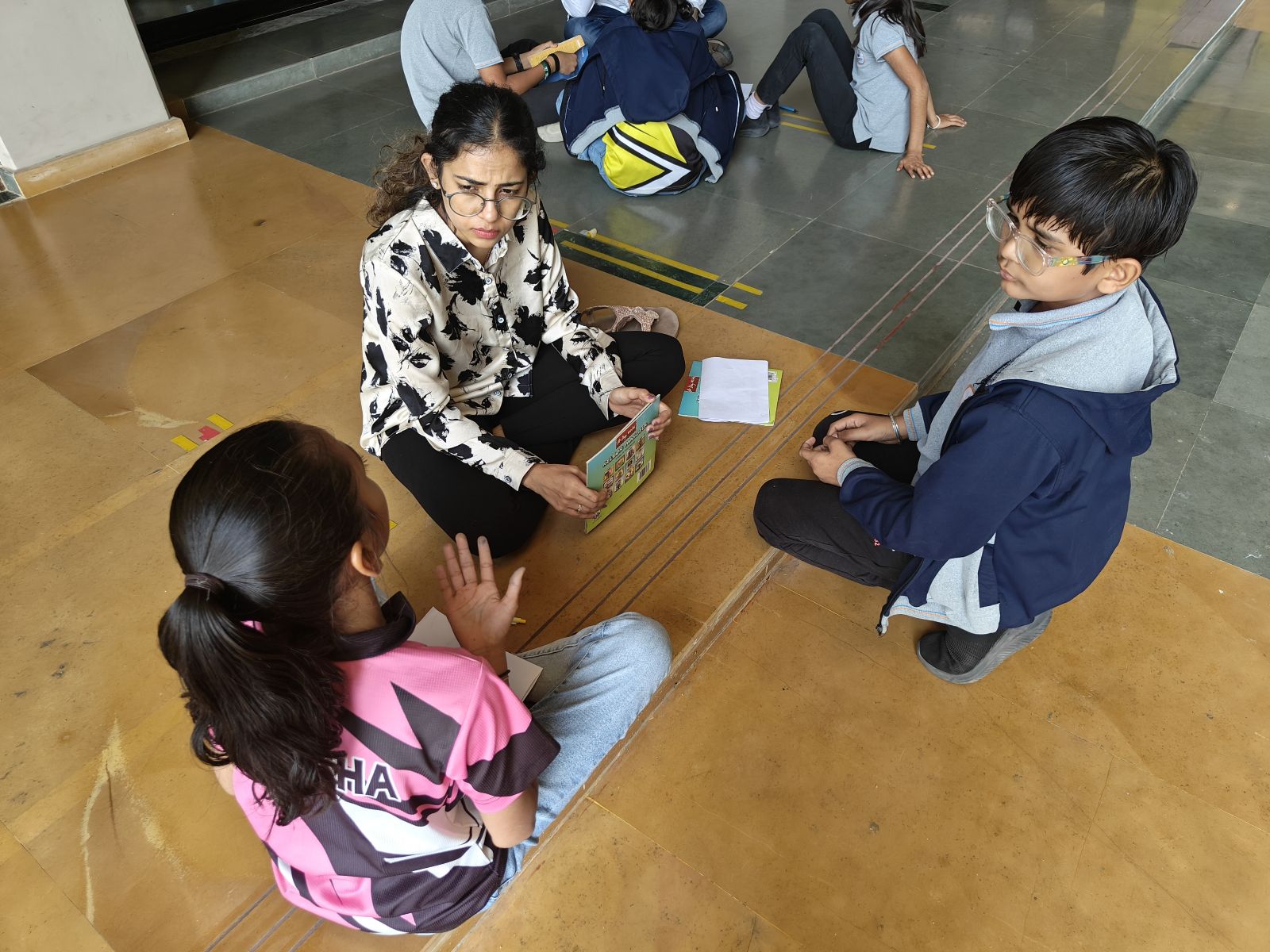
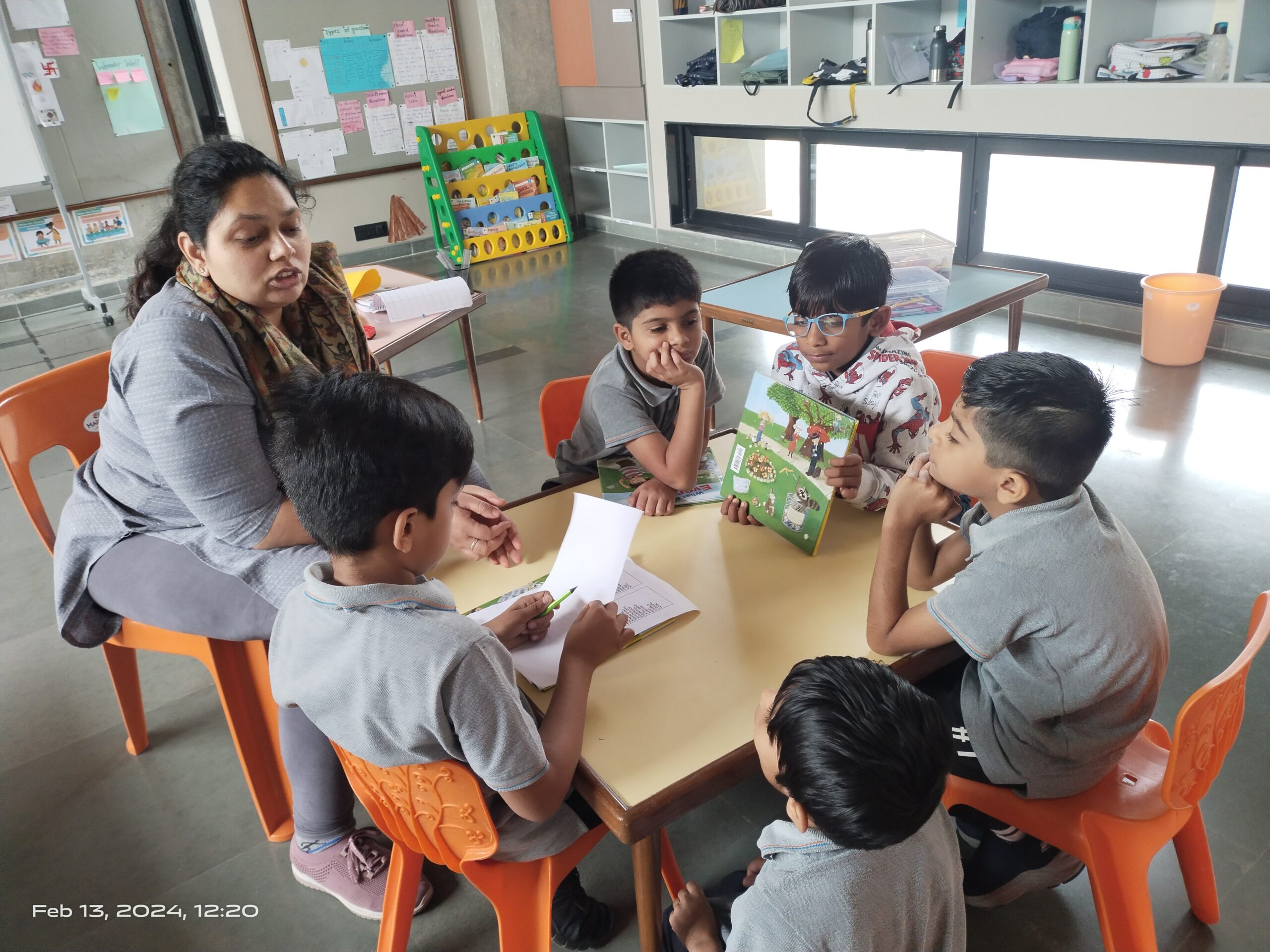
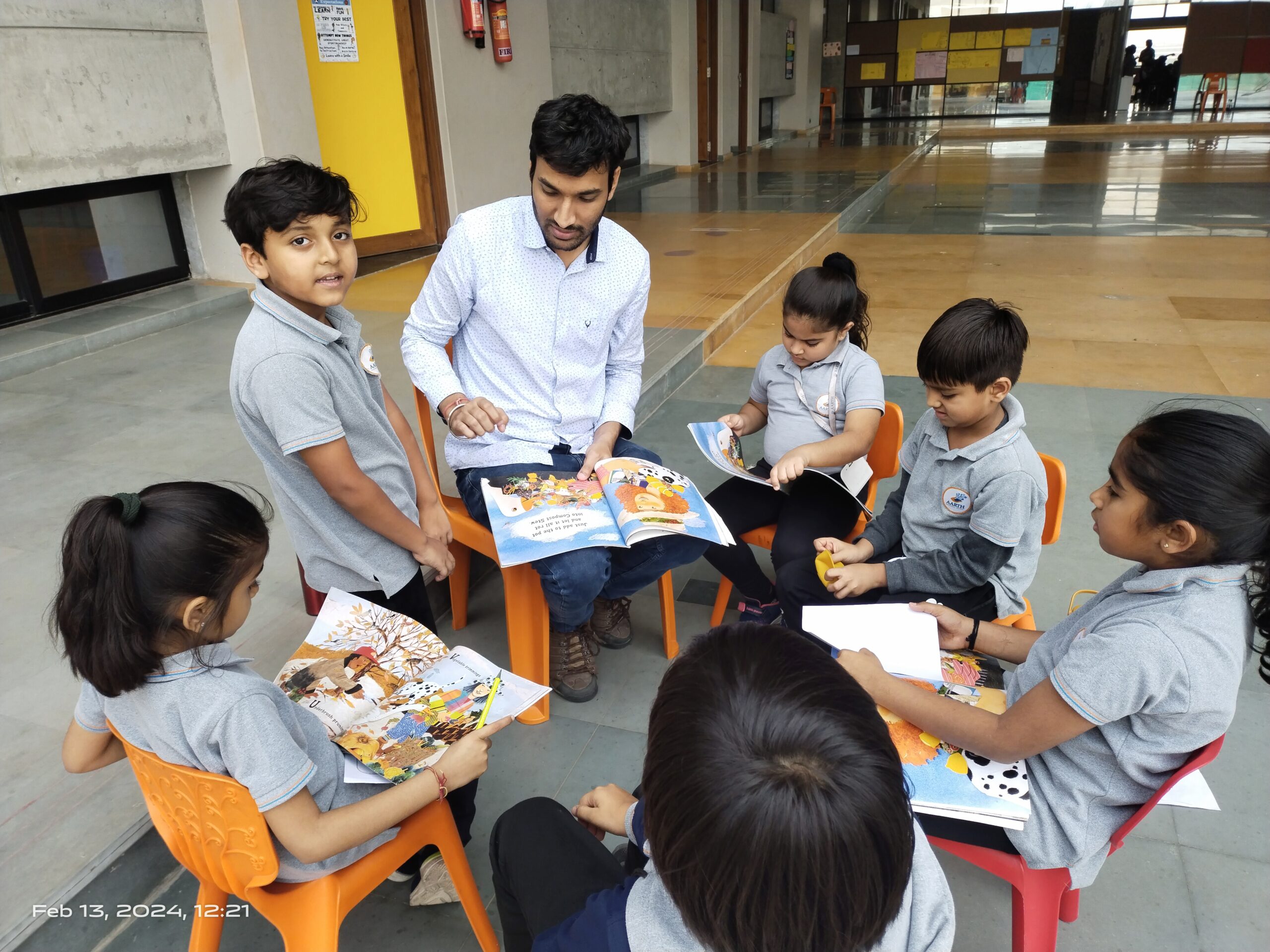
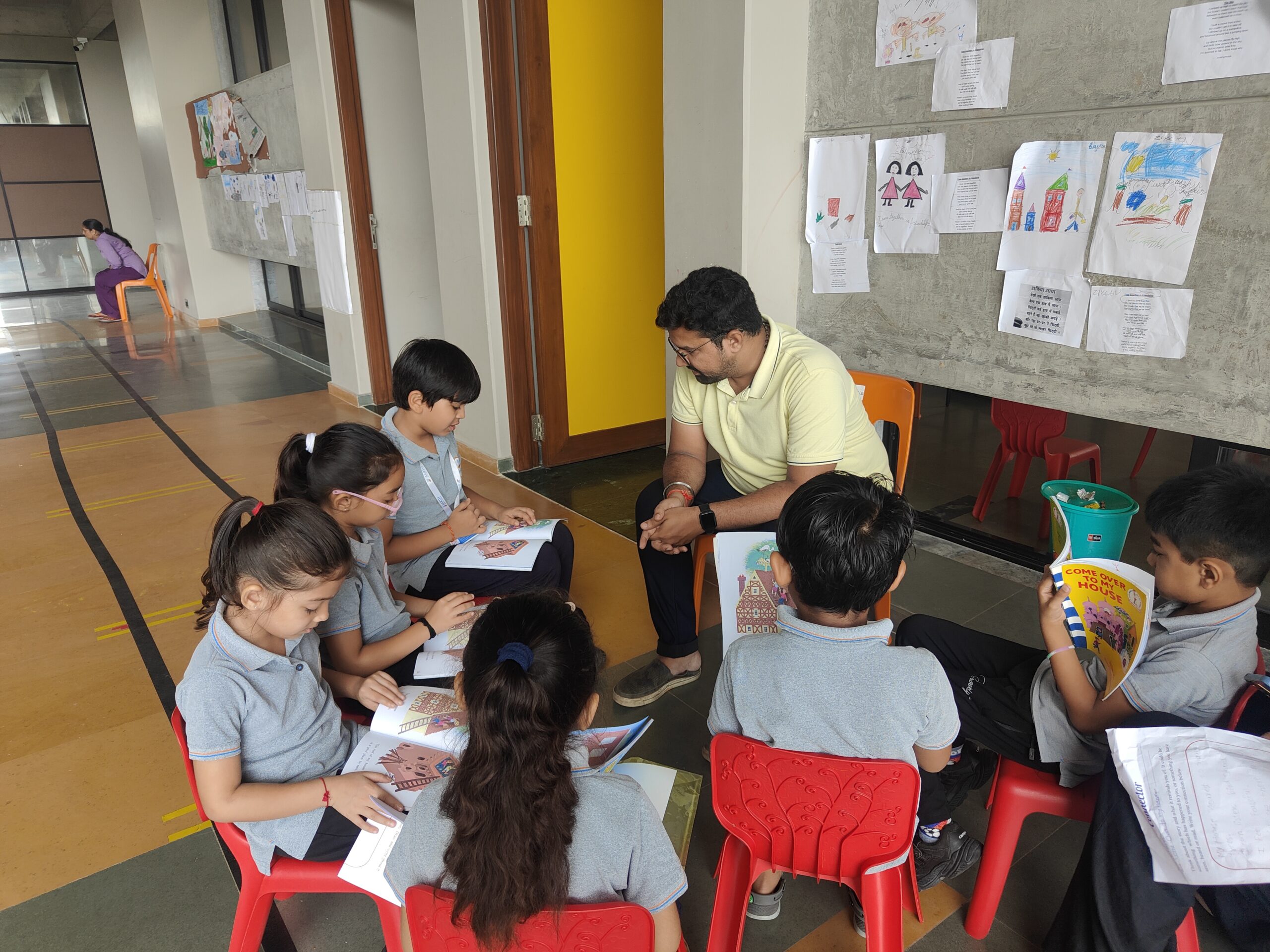
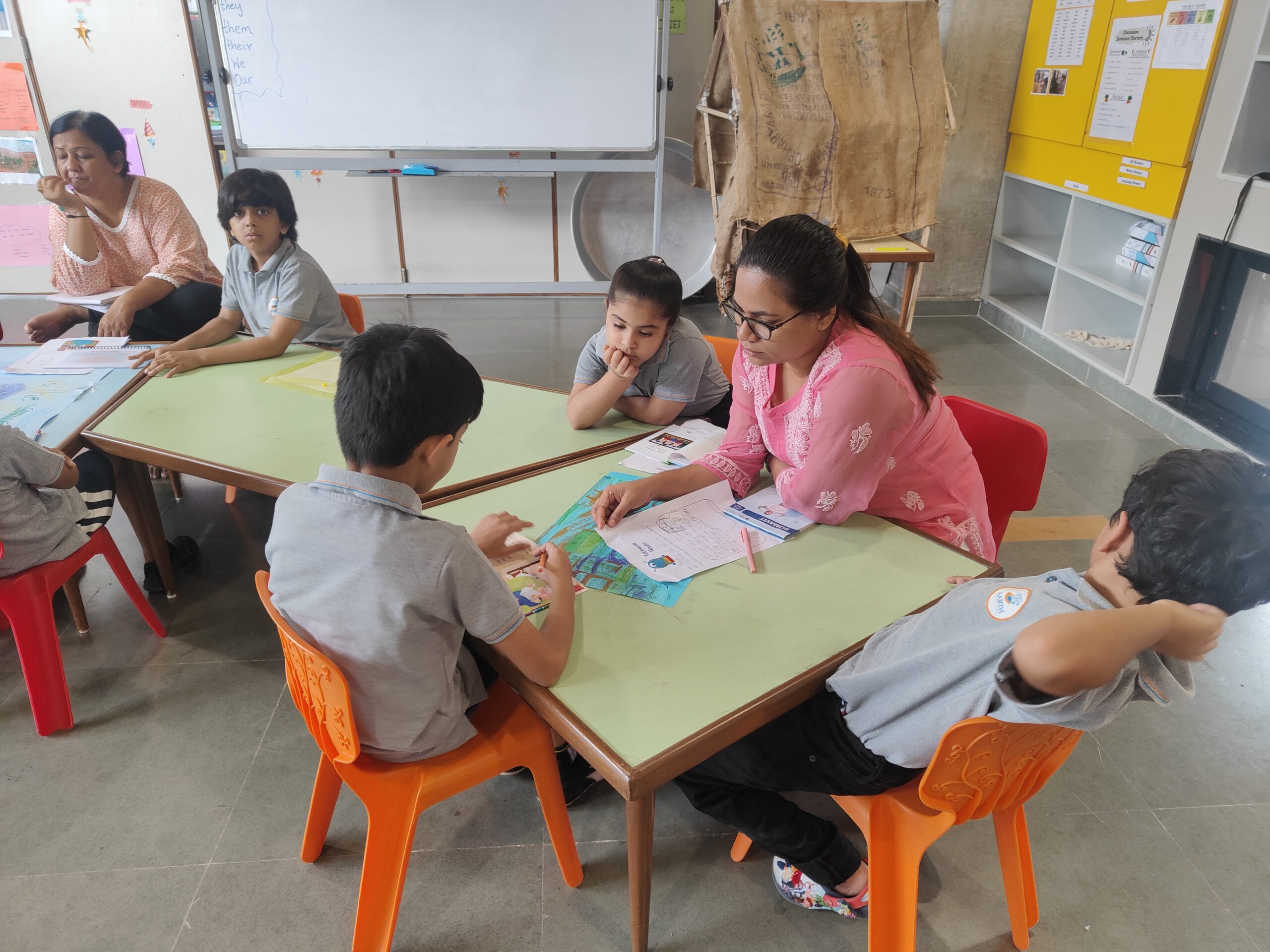
SOLE - Self Organised Learning Environments
Self Organised Learning Environments (SOLE), popularised by Dr. Sugata Mitra, an education scientist, is an approach designed to promote inquiry and foster self-directed learning. During SOLE sessions, using the internet, the Primary students work in mixed groups to find answers to a Big Question that fires up their curiosity and imagination. Without an easy answer, Big Questions reach across many disciplines and subjects to provide a deep, meaningful context for exploration. Developing 21st-century skills such as digital literacy, collaboration, communication skills and critical thinking are key elements of SOLE.
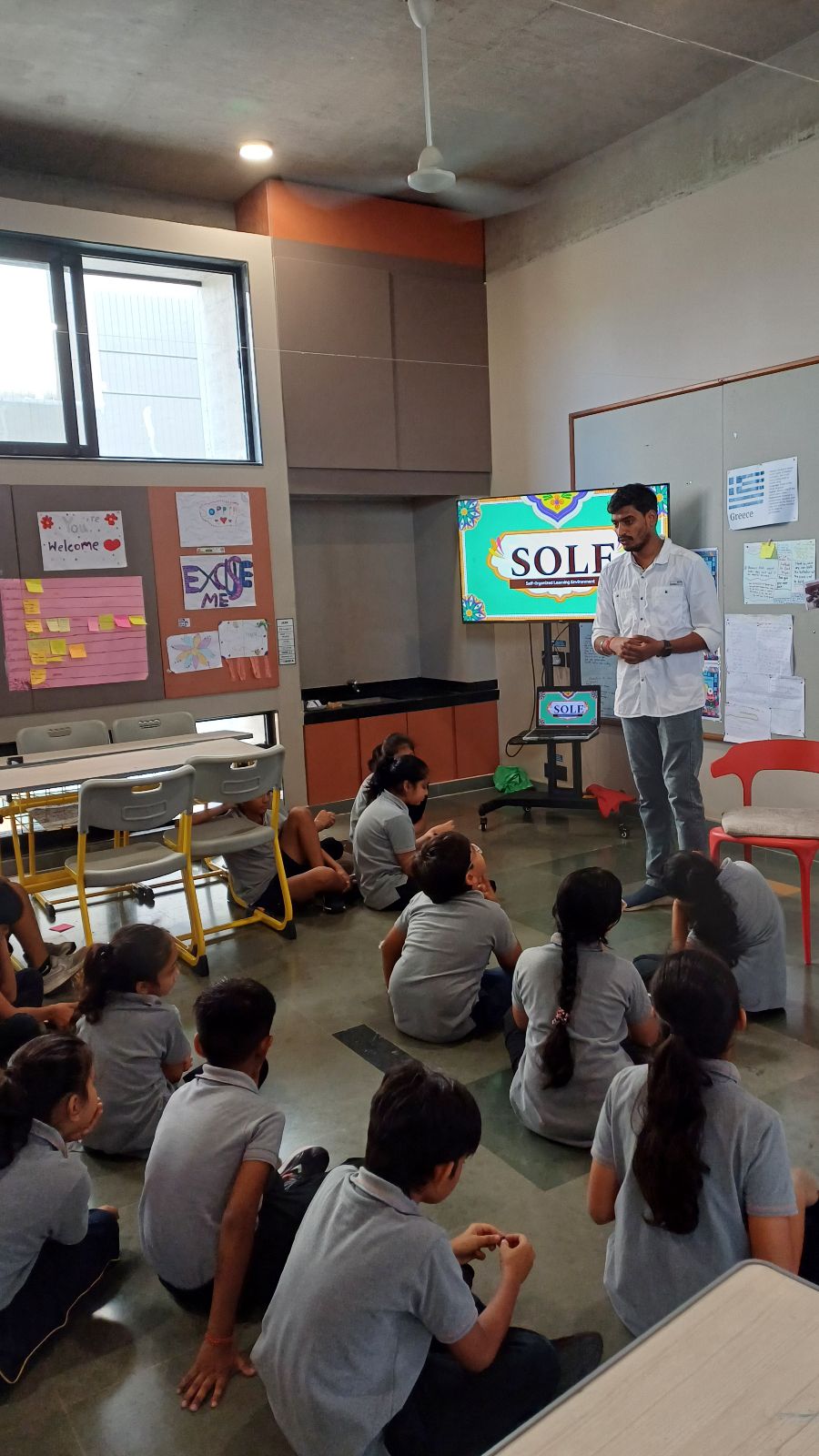
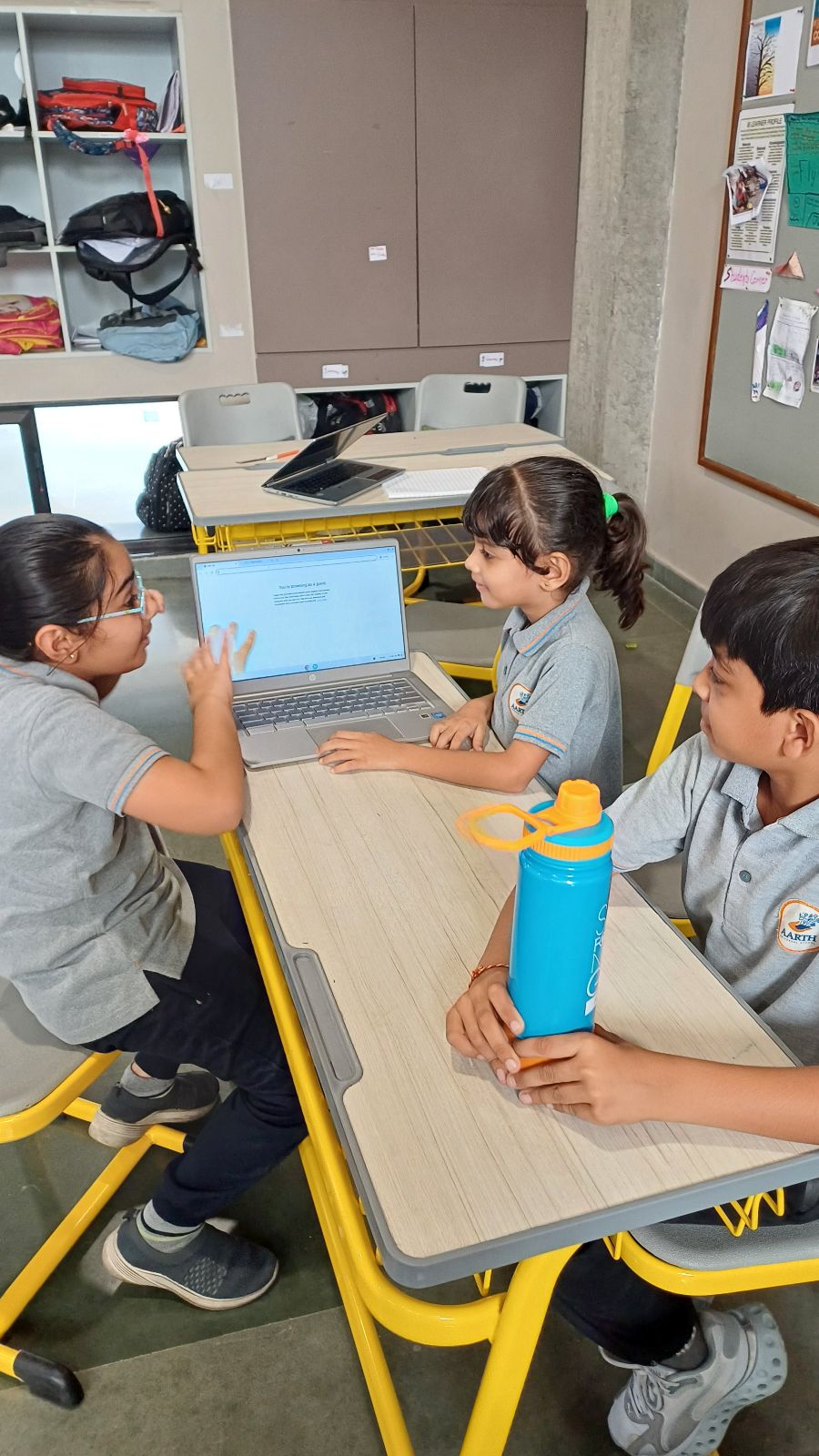
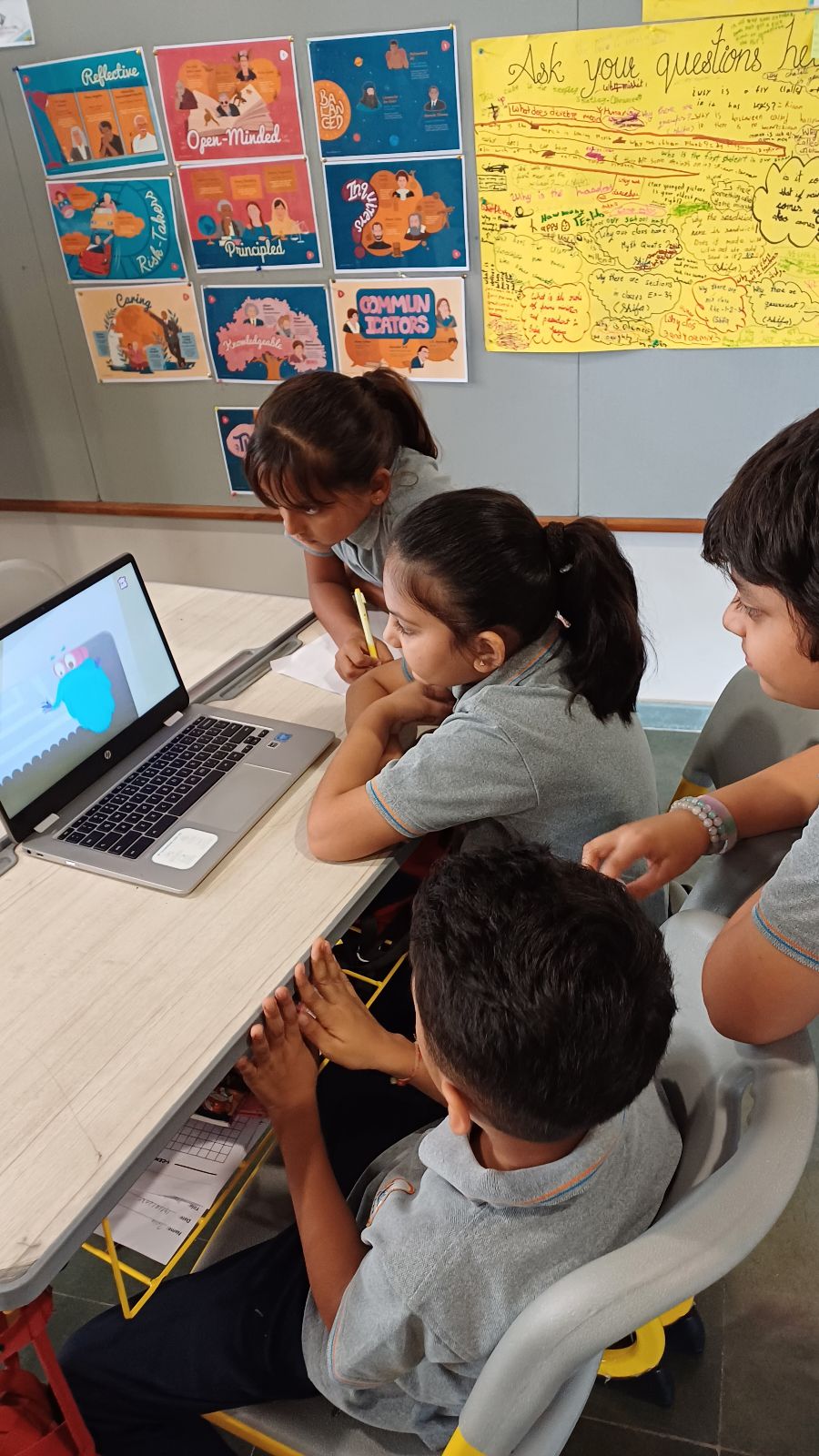
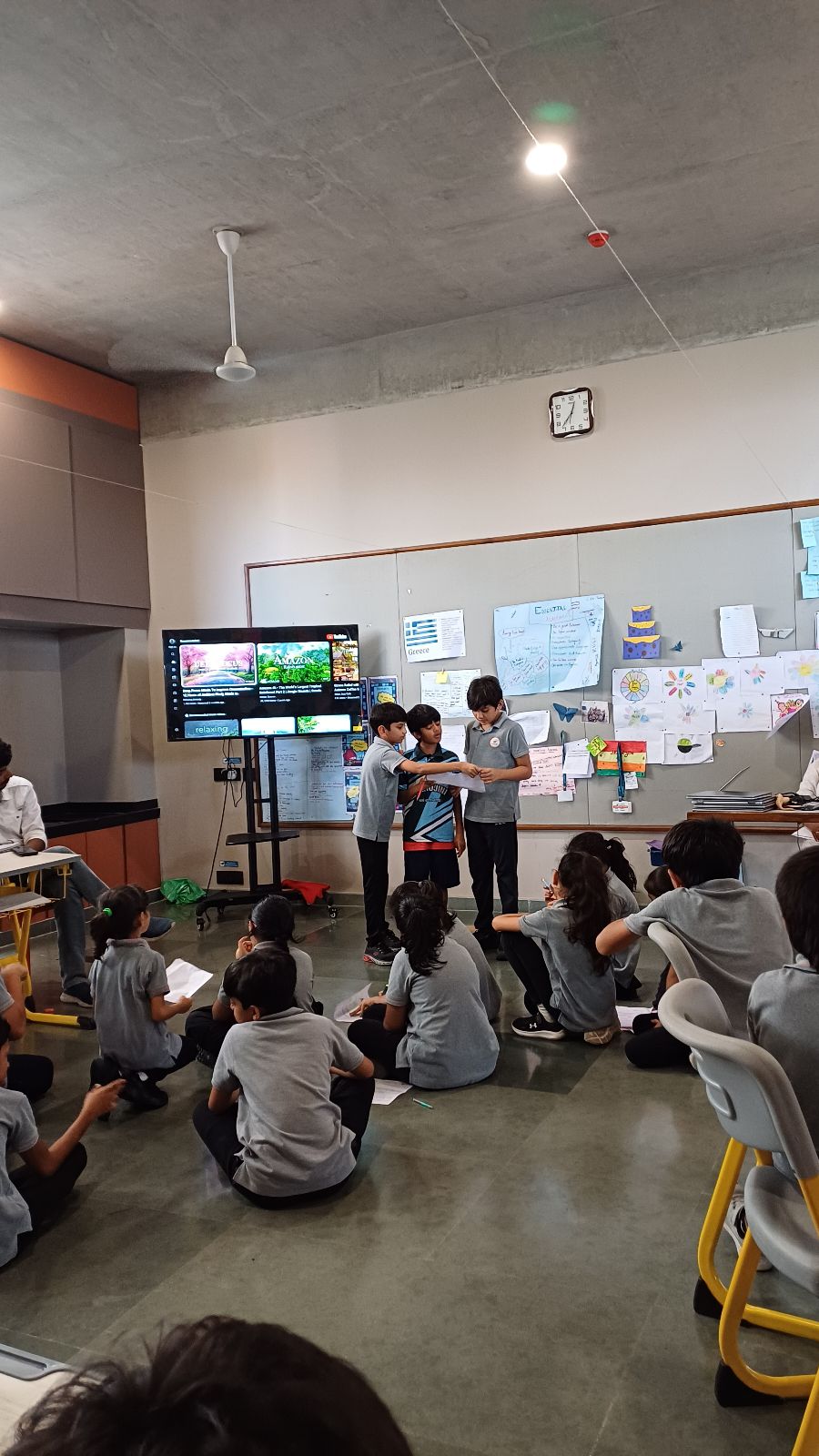
Lunch and Recess
Following our culture students have their lunch sitting on the floor which helps the muscles in our abdomen to be activated which helps in increased secretion of stomach acids – making it easier to digest food. Sitting on the floor to eat is considered the best position to eat food.
We provide a wide range of nutritious food and tasty food in our cafeteria, which includes Indian as well as international foods.
After the meal all students enjoy their recess time. They make themselves comfortable with the game which they want to play. They enhance their social skills by interacting with the buddies across grades. Recess time also provides opportunities for the students to problem solve.

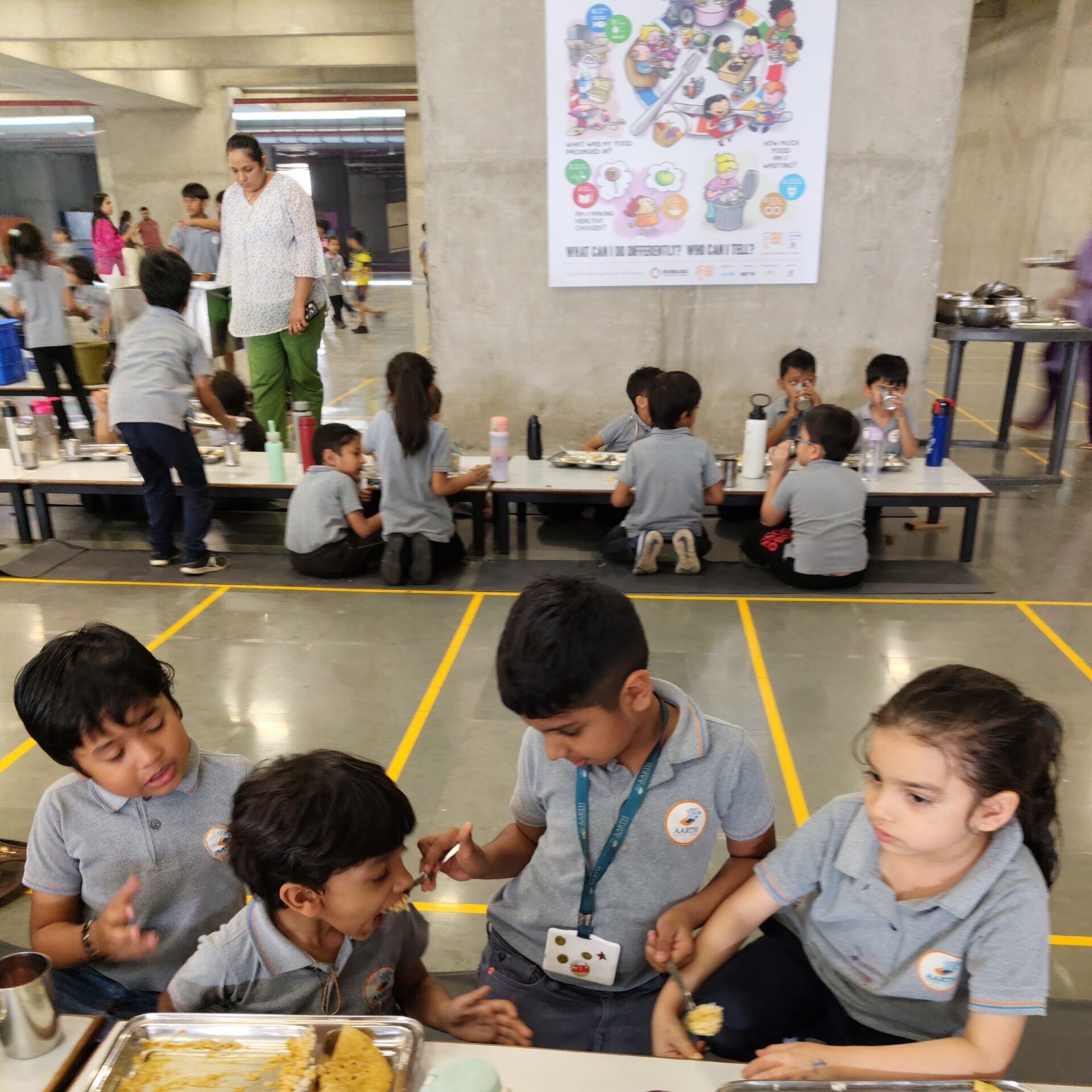
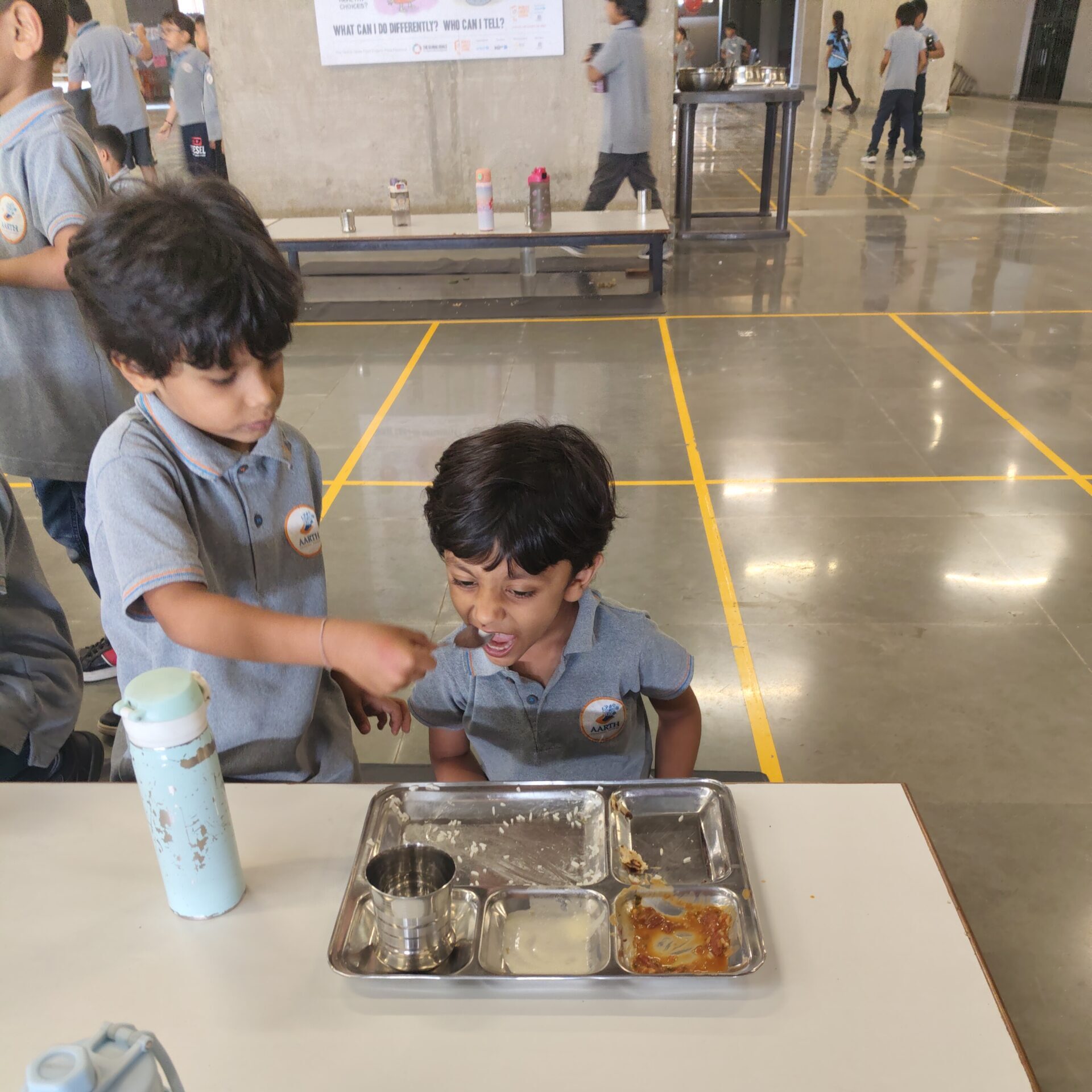


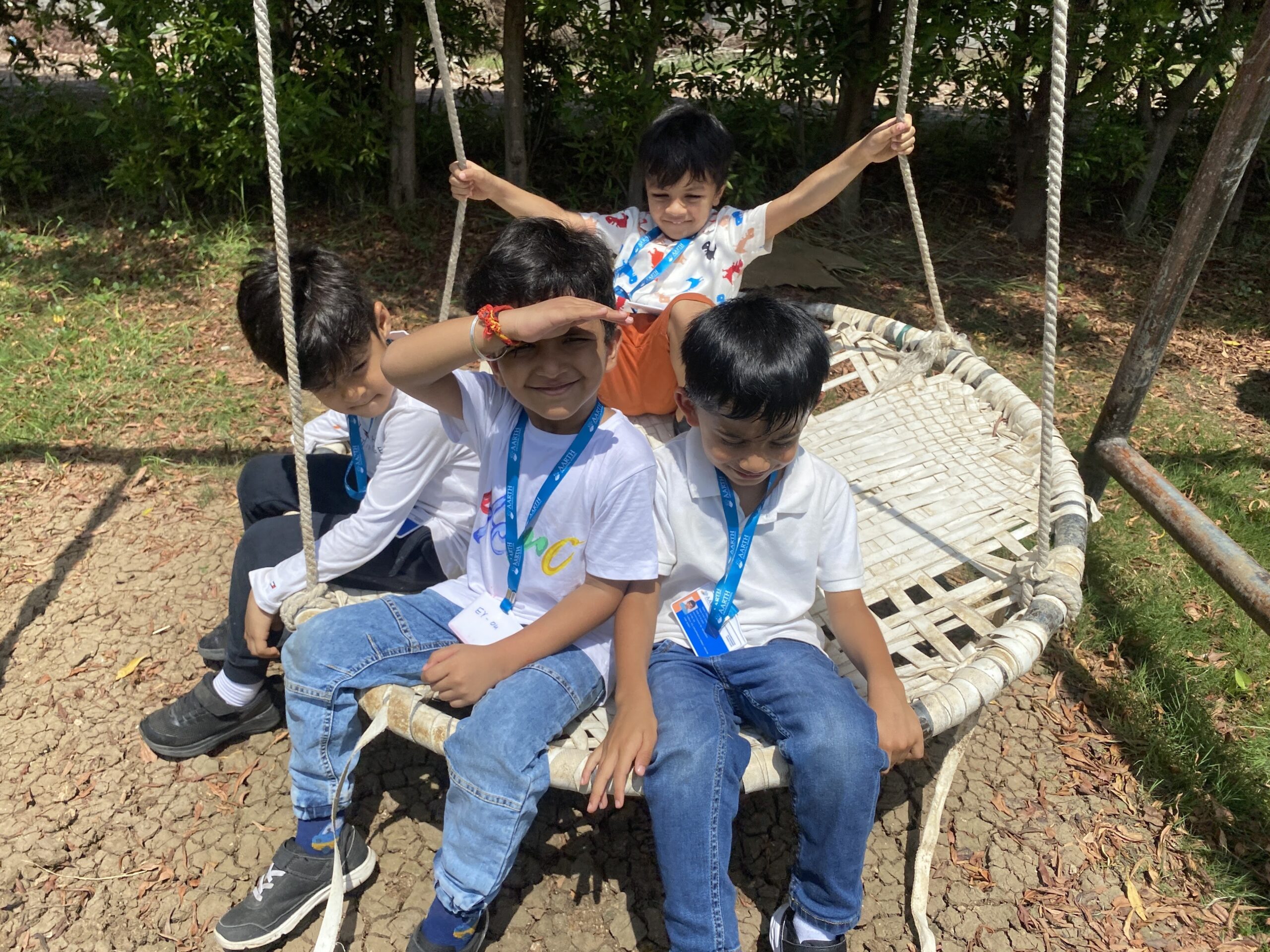
Express, Bulletin and Journal
During Express sessions, the students imagine and share their thoughts by illustrating them and writing about them. Through this they enhance their imagination skills.
Students depict and write on real-world topics in the Bulletin programme. Because it is nonfiction, it helps children reflect on real events that have happened with and around them.
In their Journals, the students respond to a given prompt. The prompts could be related to the units of inquiry, events or about the likes, interests and feelings as well. The students respond using illustrations and words..
These are elements of the Language Programme in the Early Years. They are learner-centred and differentiated programmes to enhance their understanding about sound and letters. It gives them the opportunity to understand the difference between fiction and non-fiction and also enhance their creativity and art skills. Illustrations form a framework for the writing programme in the Early Years.





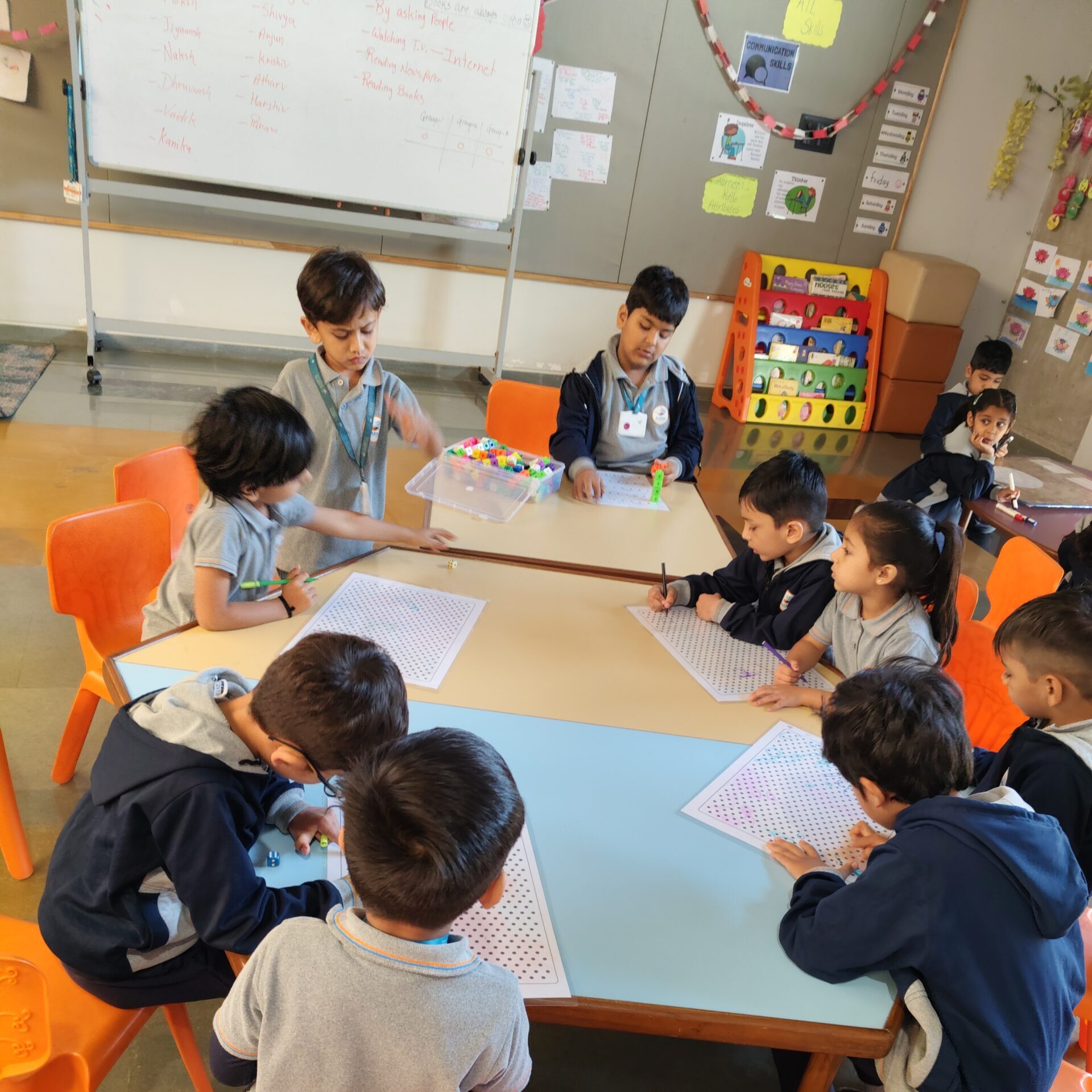
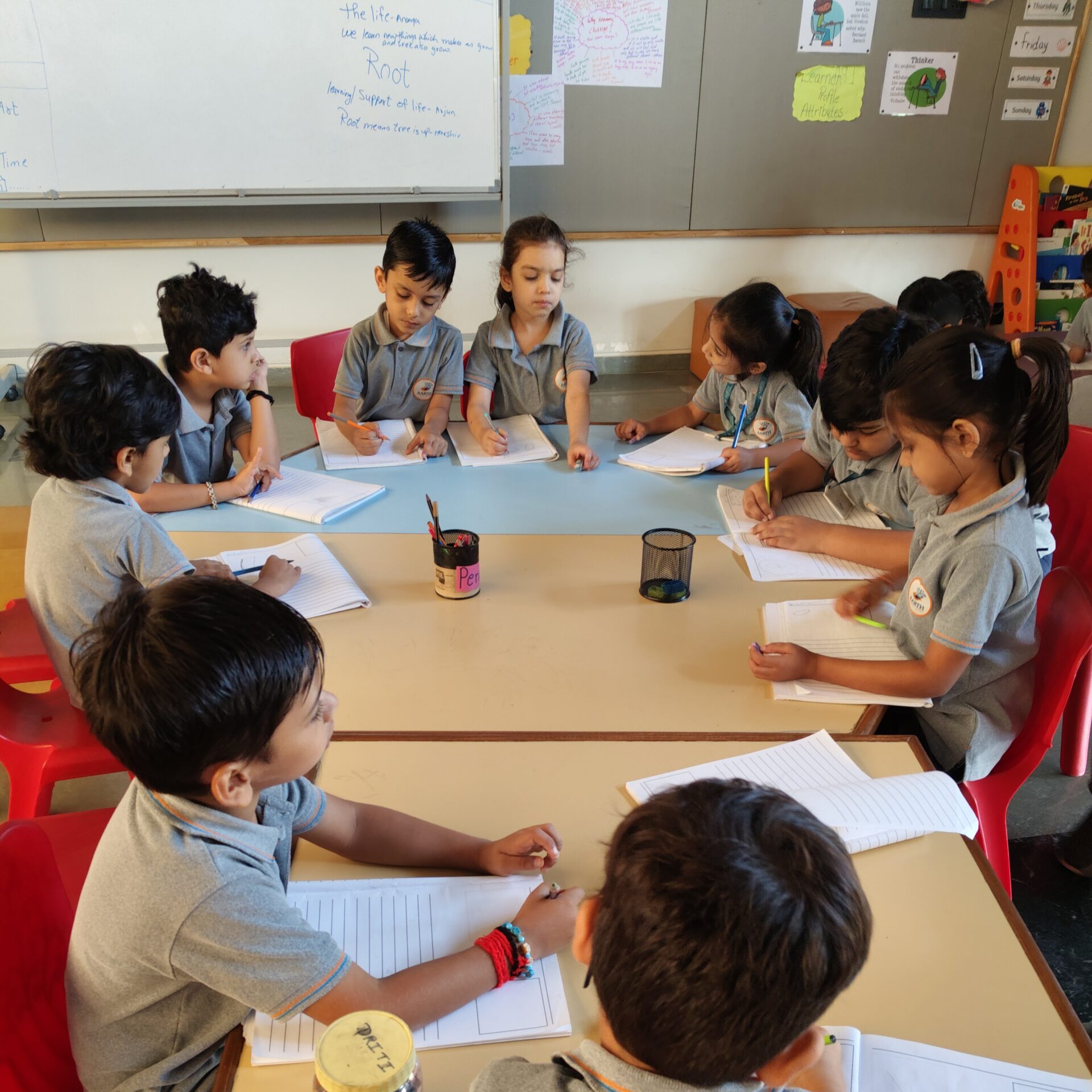
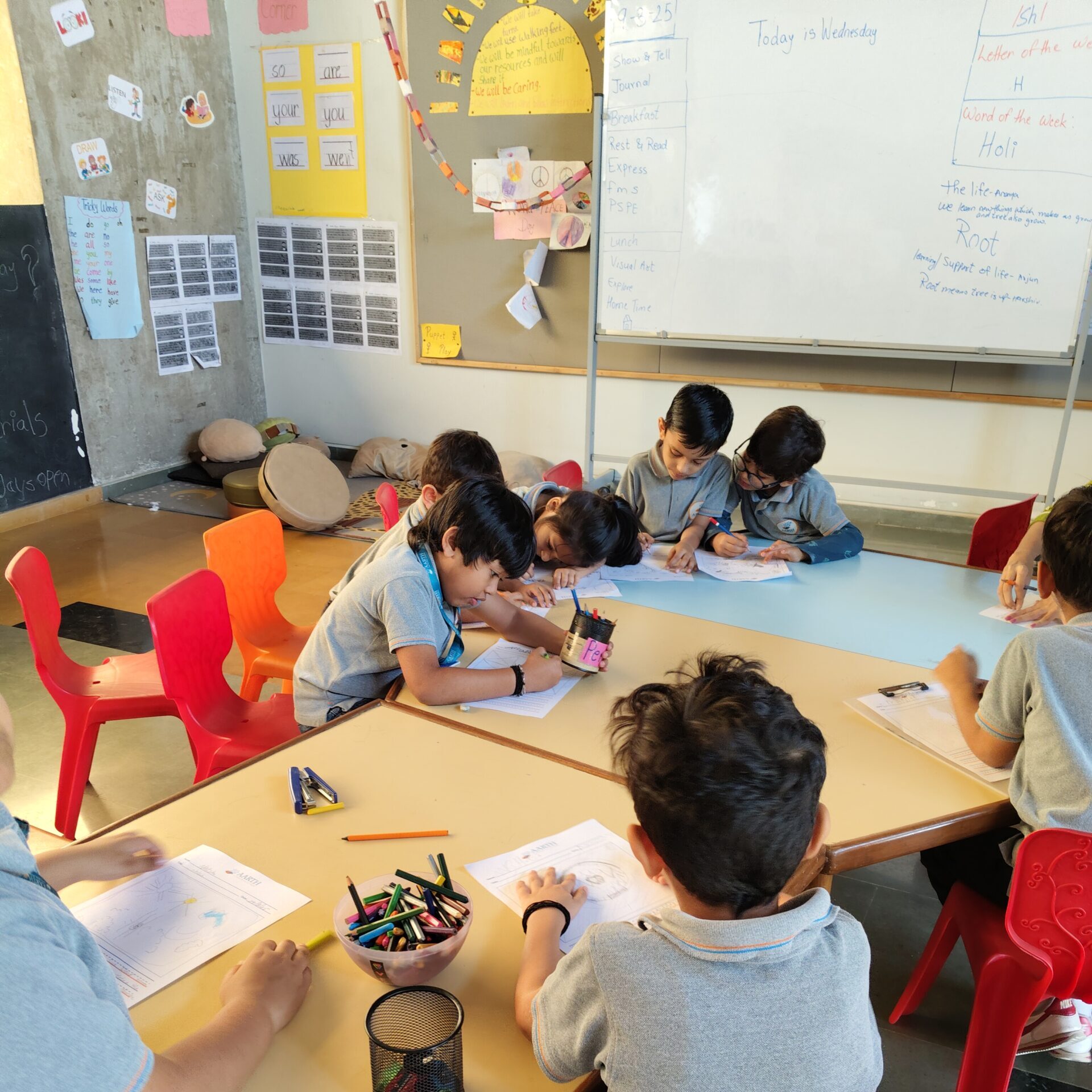
Writer’s Workshop
An extensive writing programme, our Writer’s Workshop has been designed to meet the holistic needs of improving overall writing skills. This programme allows for an in-depth exploration of various writing genres over the course of an entire unit. It includes fictional genres such as story writing and science fiction, as well as non-fictional genres such as formal and personal letter writing, persuasive writing, personal narrative, and so on. After brainstorming various topics to write about, students draft and redraft their work based on the feedback they receive until they are ready with the final draft. The rigorous process of self, peer and teacher assessment not only just helps the students improve in different areas of writing but also contributes to developing the mindset of accepting and providing specific, helpful feedback in order to grow. As writers, students frequently put themselves in the shoes of others to write from their point of view, be it personal narrative writing or biography, allowing them to be more open-minded and empathetic learners. Different assessment tools such as Rubrics, Checklist etc, often created in collaboration with students, help them envision their learning goals as students go through the process of writing.

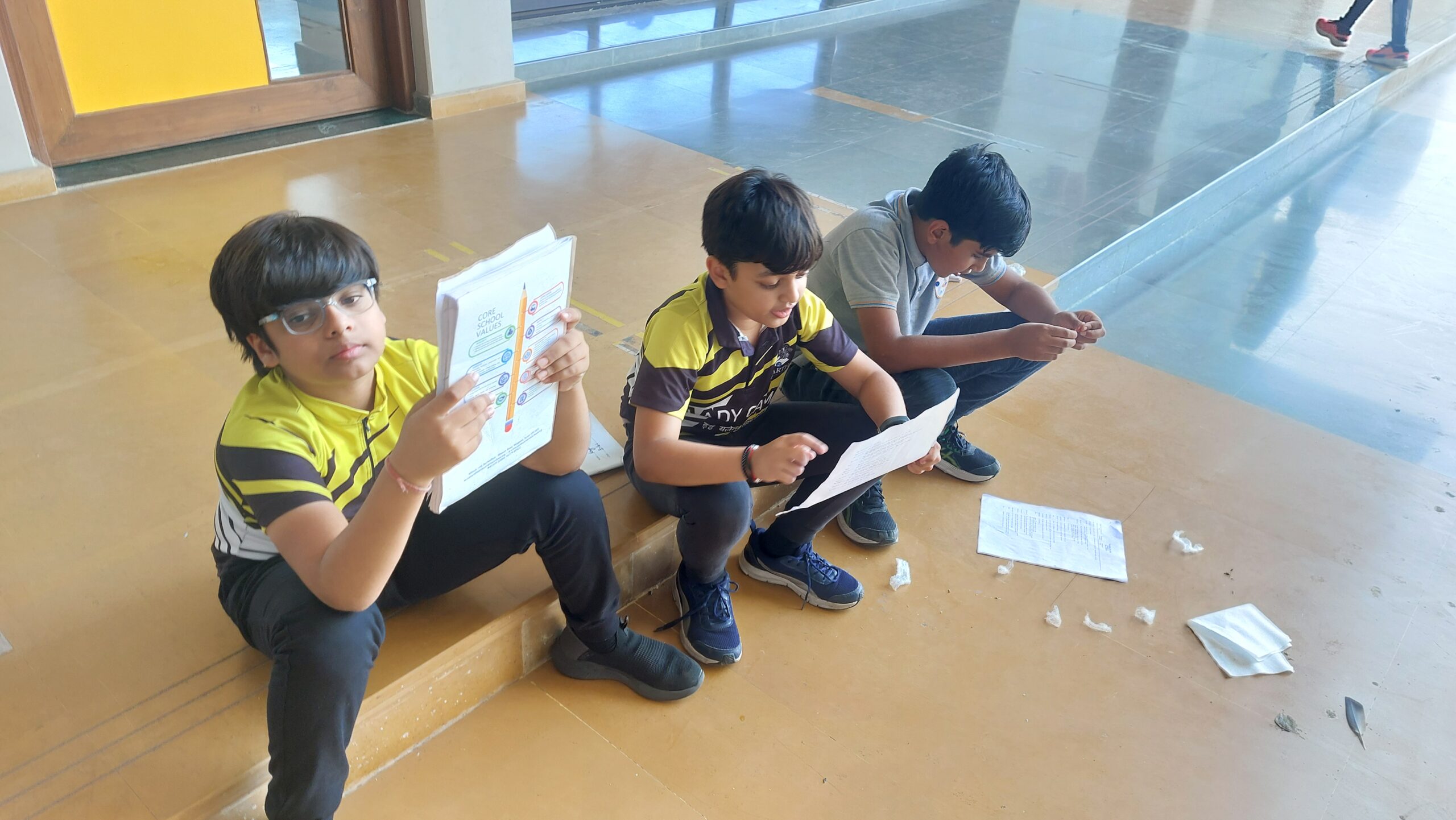
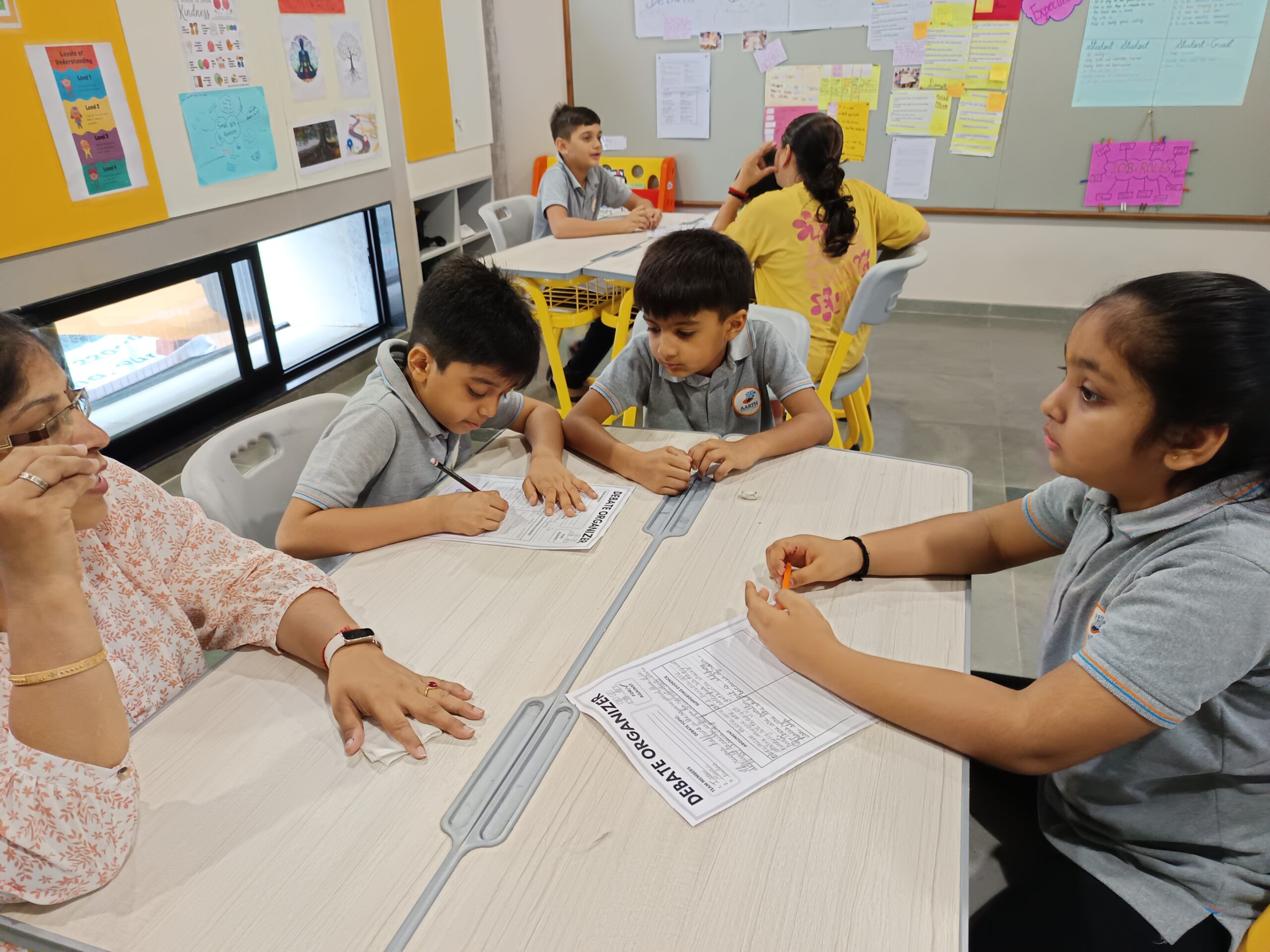
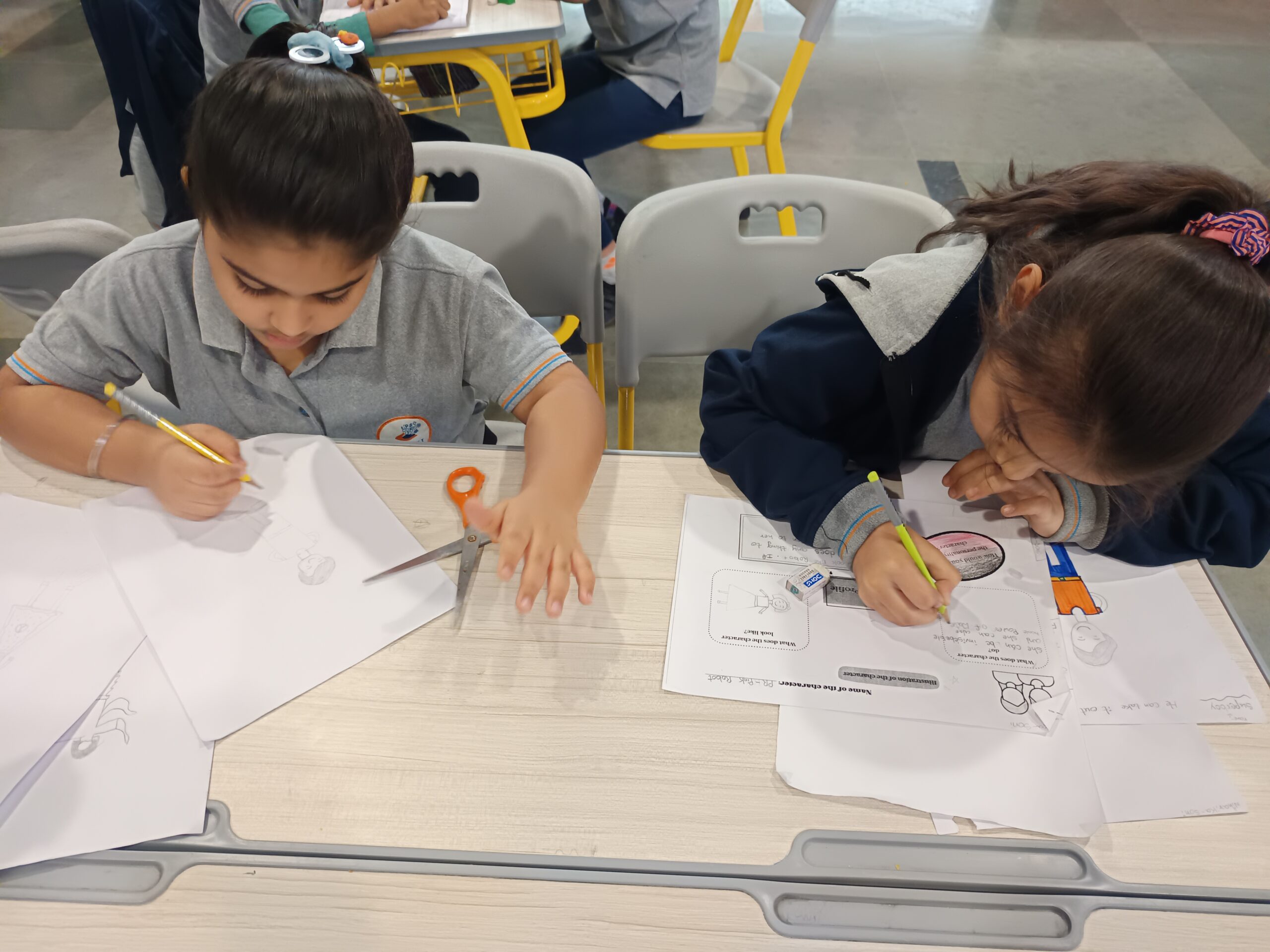
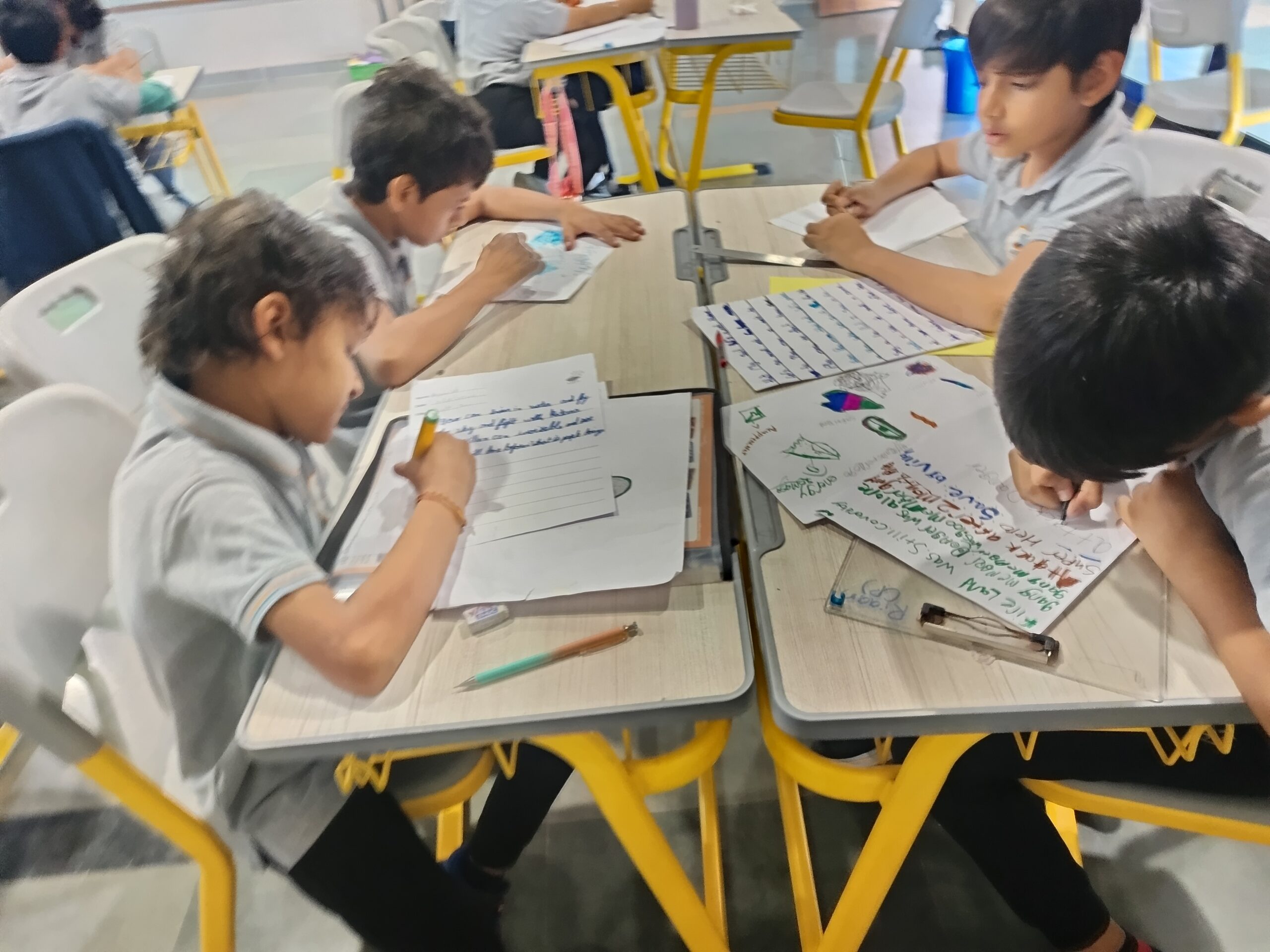
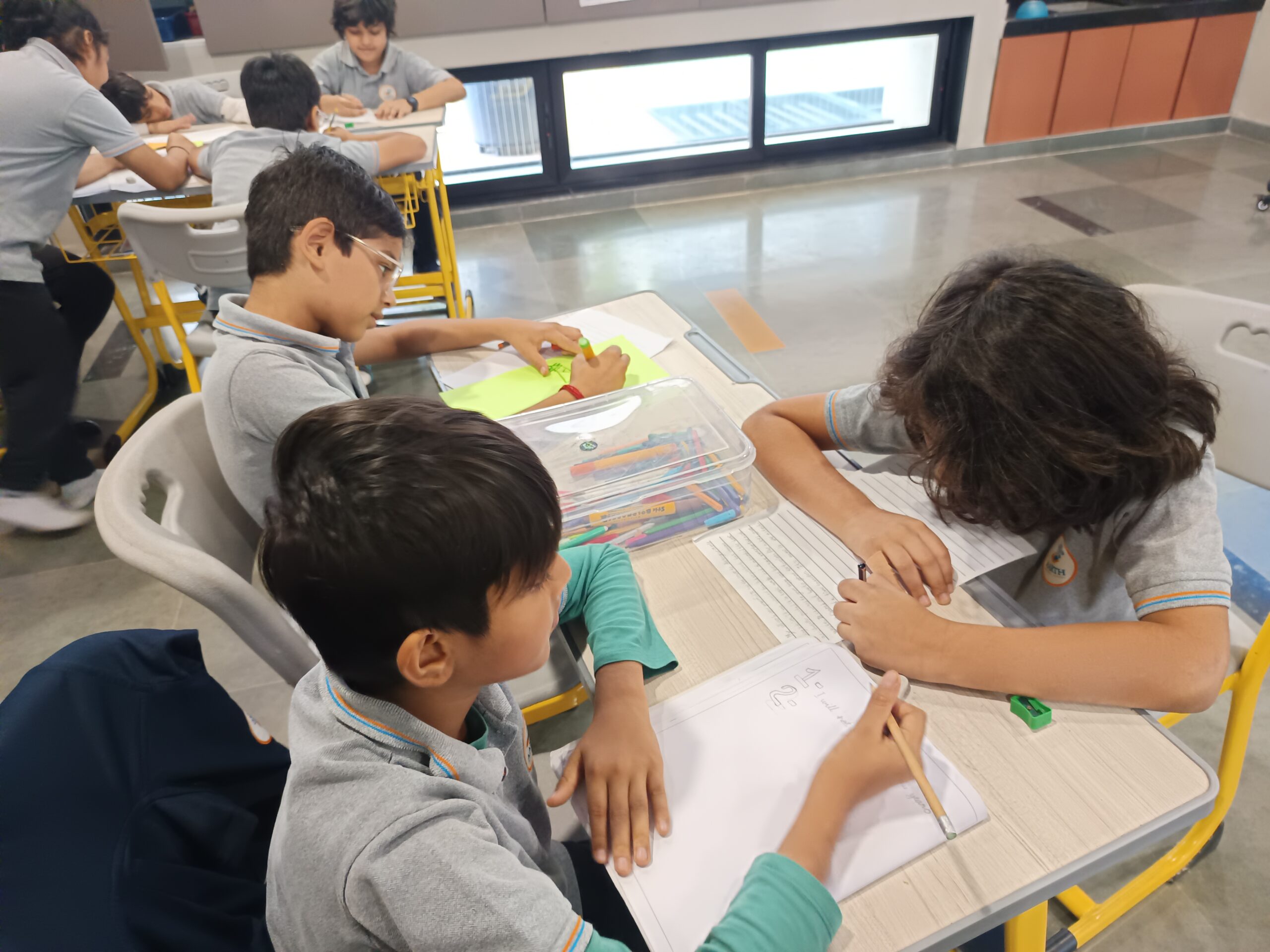
Book Buddy
One of the highlights of the learning at Aarth is Book Buddy, which helps students improve their communication, reading, and listening abilities. Students have the chance to interact with peers from other grades by reading aloud to and listening to one another. Additionally, it improves social abilities, which lessens problems on the playground. Teachers carefully select class pals by considering an age difference of at least two years between the kids. Such multi-age interactions help children bond and build relationships with their peers across grades.



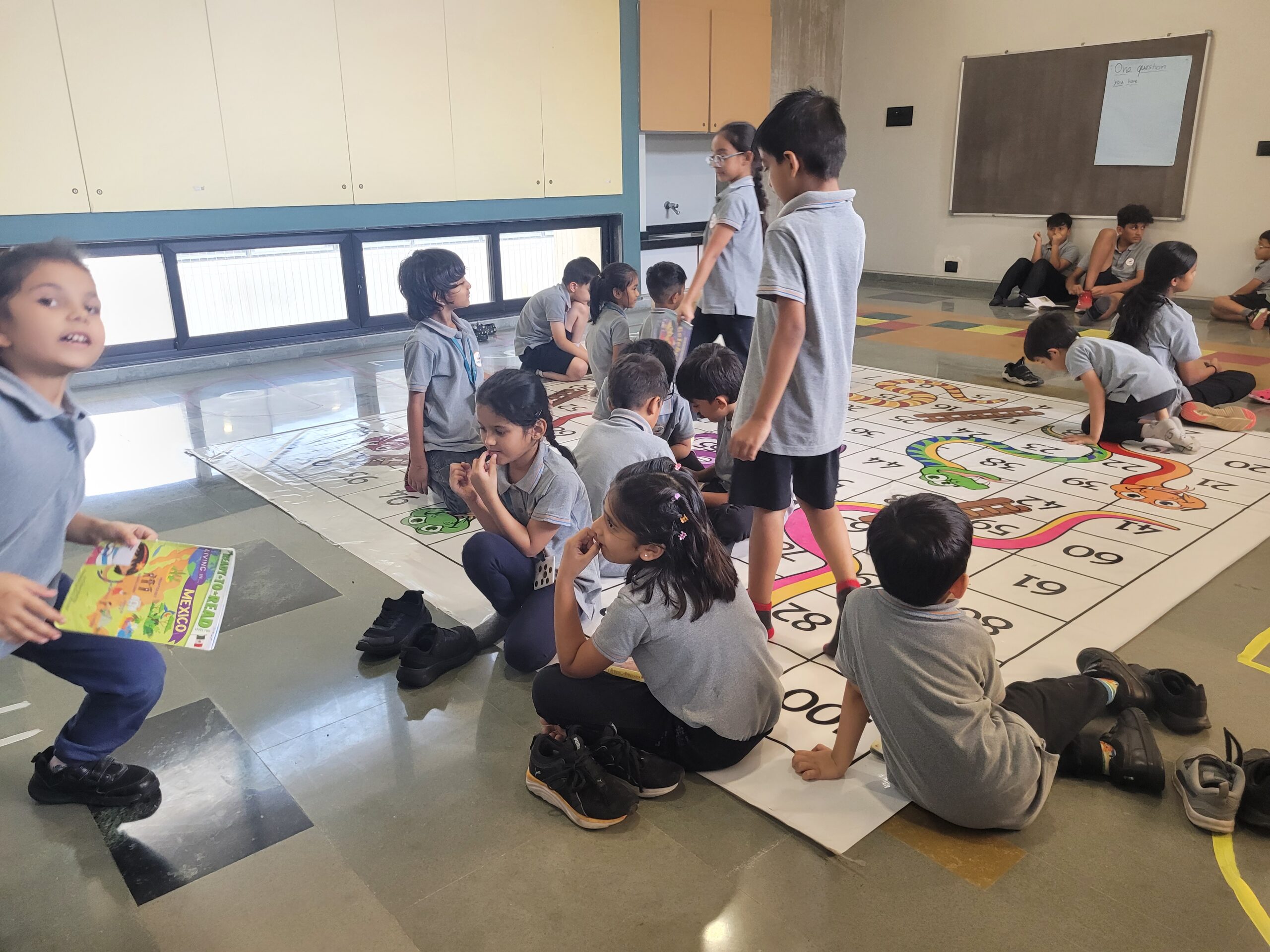
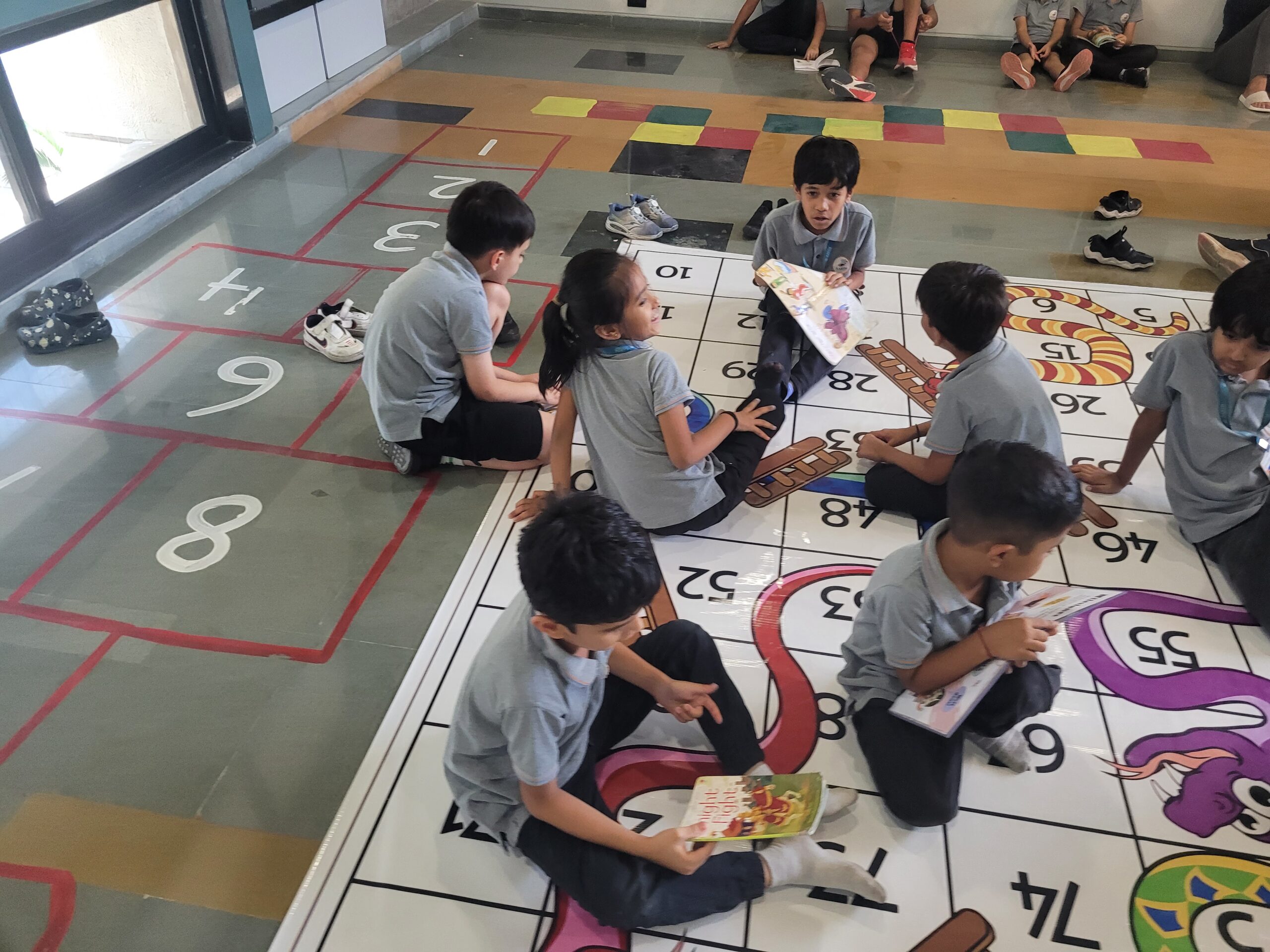
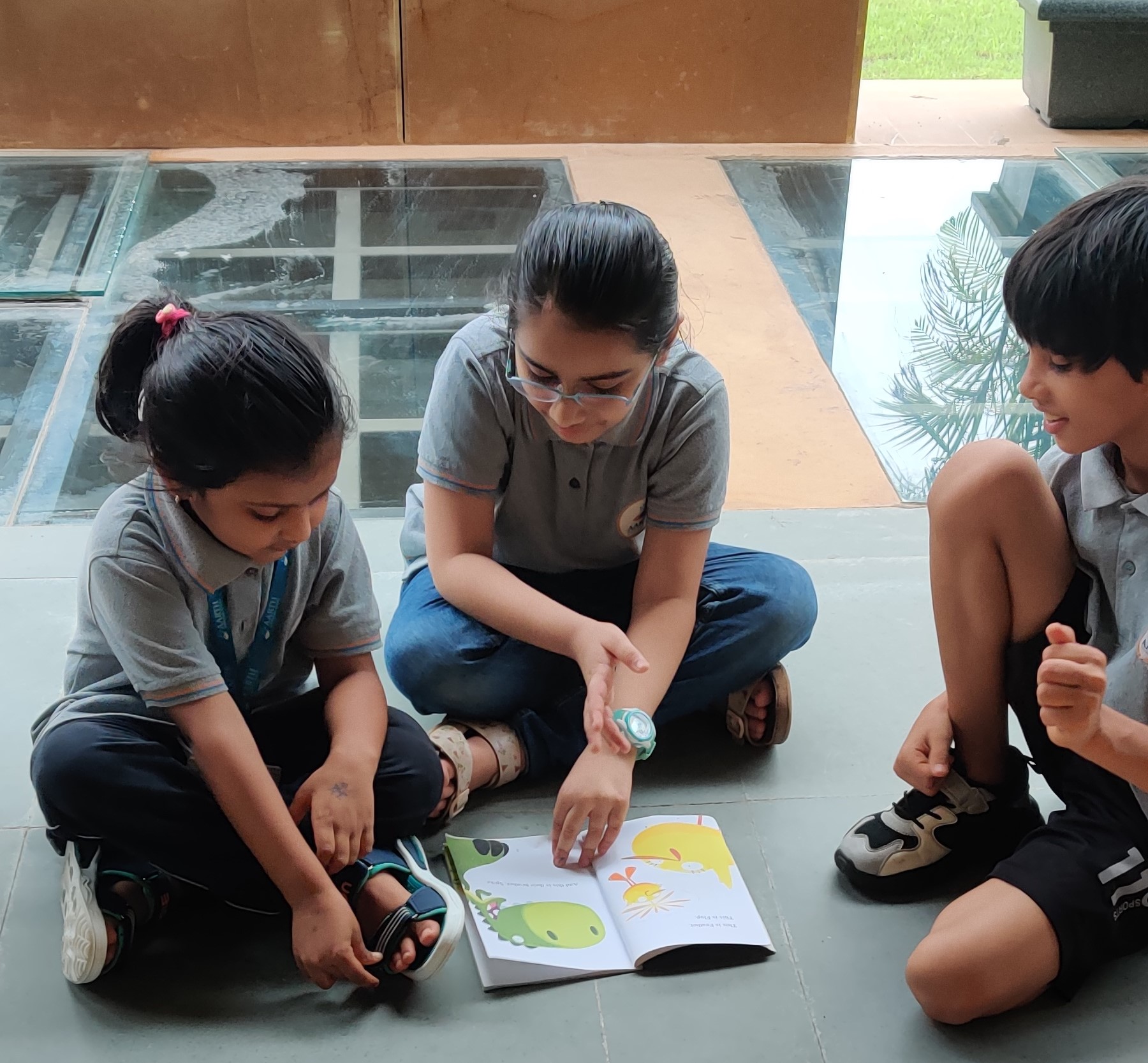
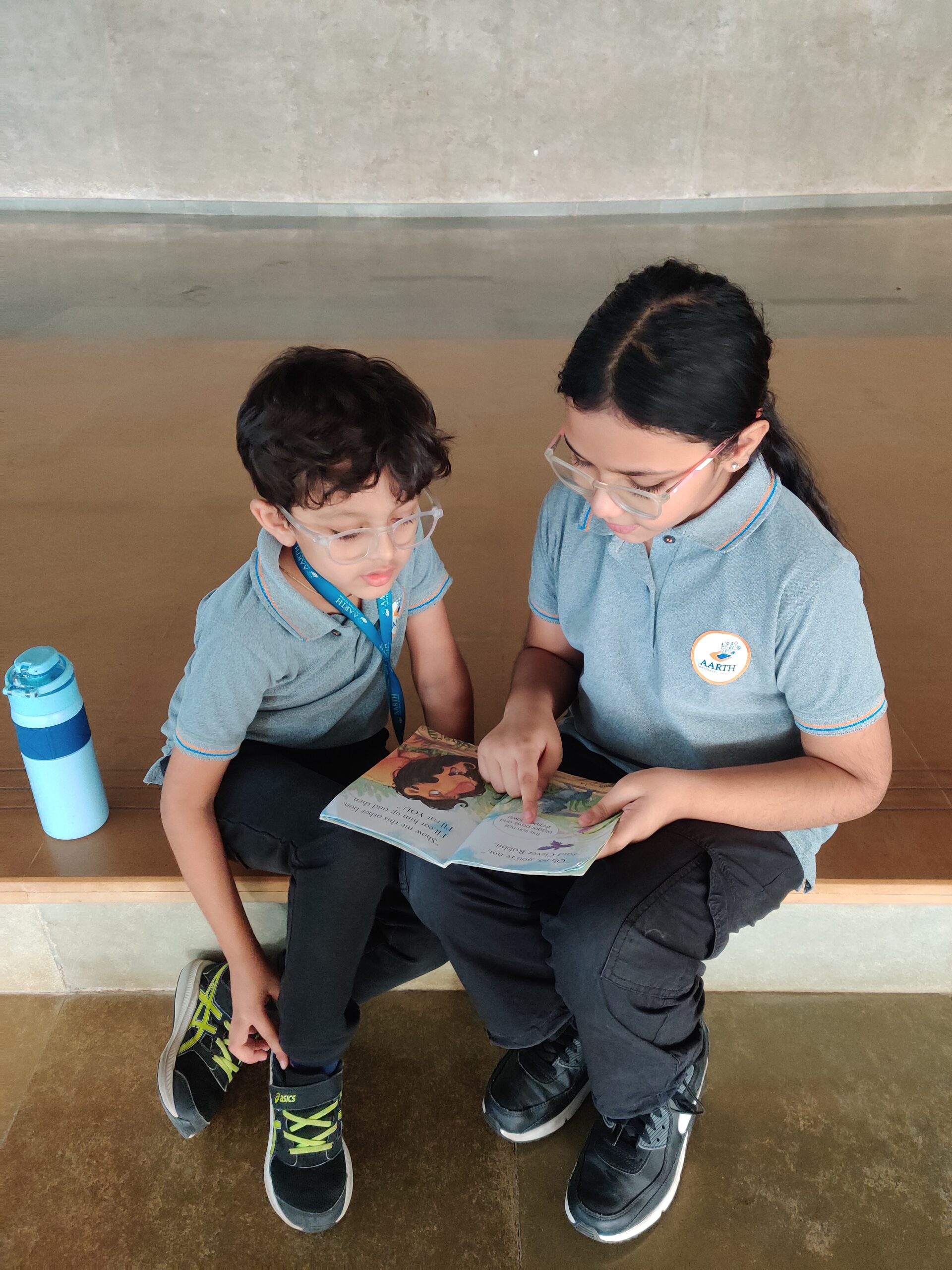
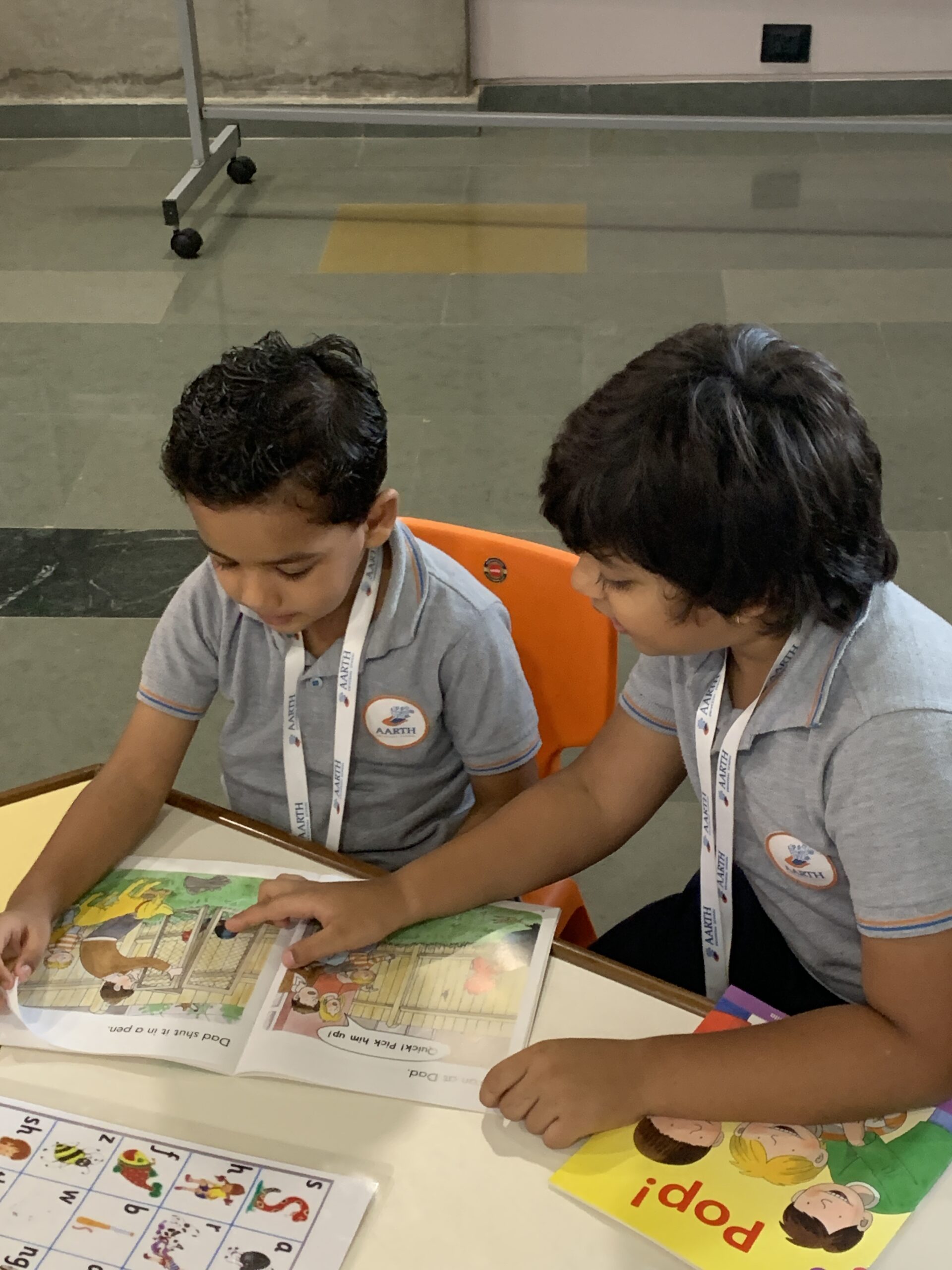
Read Aloud
The unit Read-Aloud is a meaningful and impactful book that aids to the student’s understanding of a unit’s learning throughout the inquiry journey. It also provides the opportunity for teachers to design open-ended Maths Booster problems picking events and characters from the book which makes it relevant and interesting for the students. As students empathise and live the experiences of the characters and see the world from the lens of different perspectives, it adds value to their social-emotional growth as well. An interactive session, the Read Aloud accommodates insightful discussions that enhance students’ communication and thinking skills as well as improve their listening and comprehension skills.
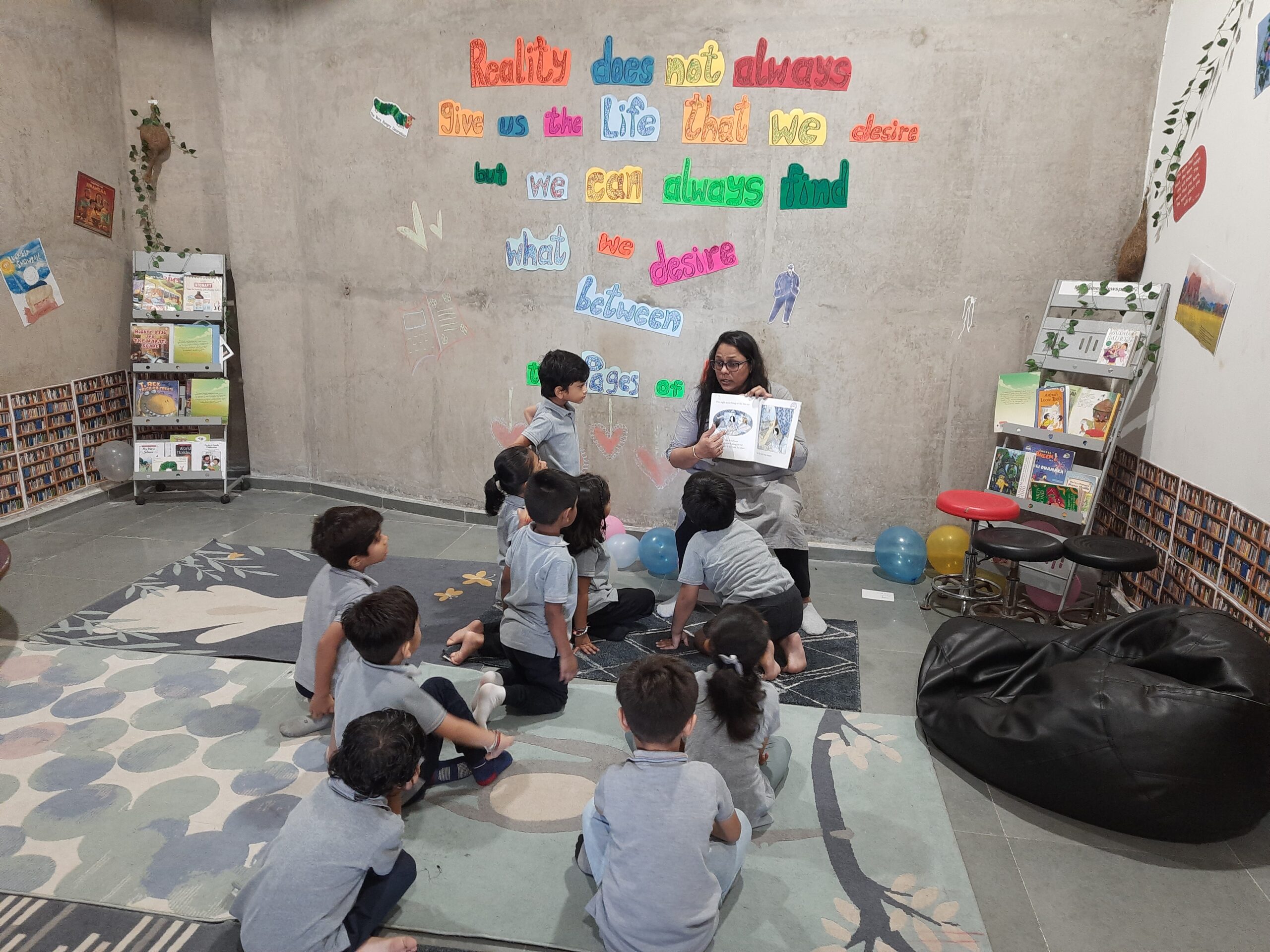
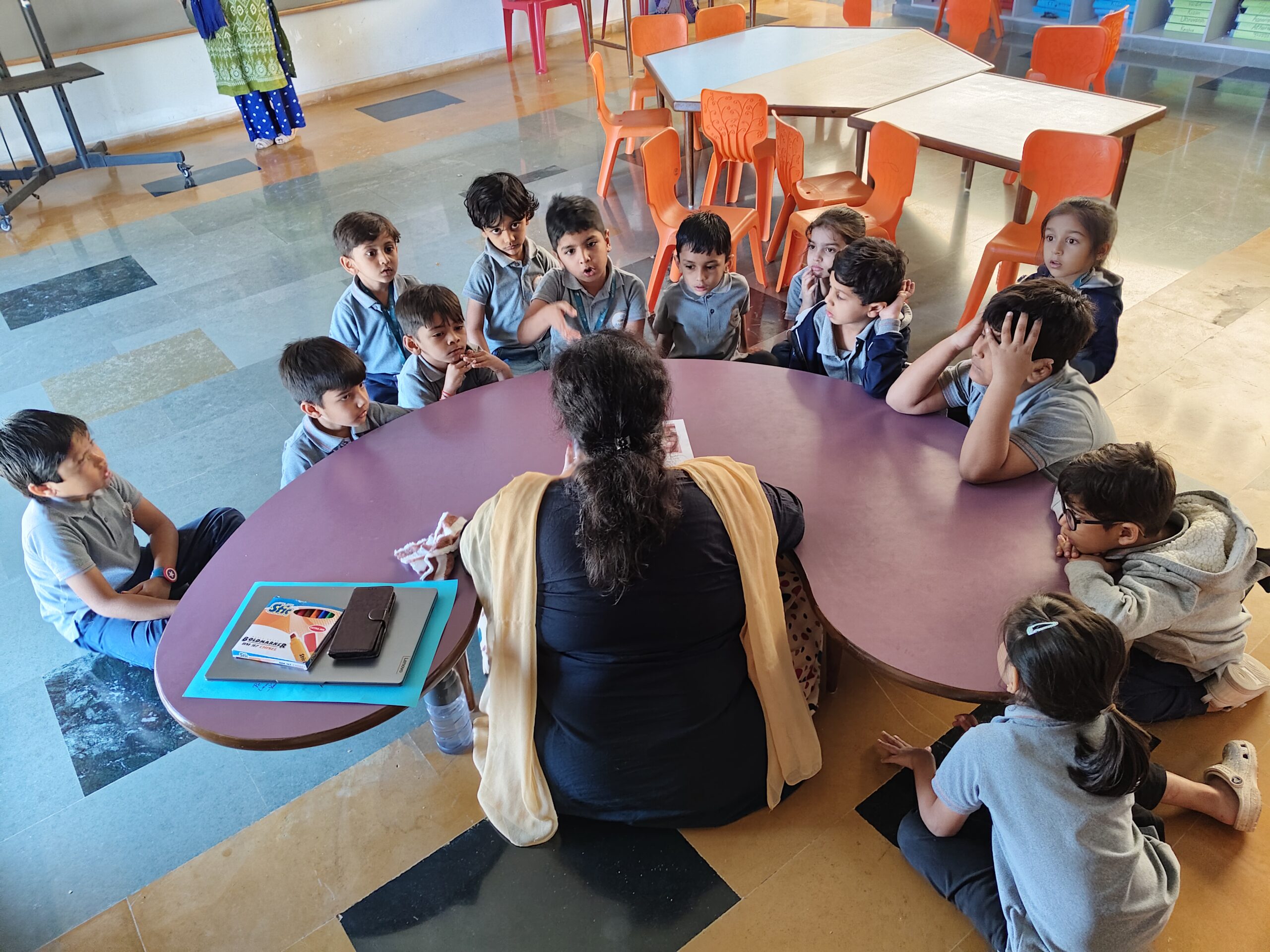
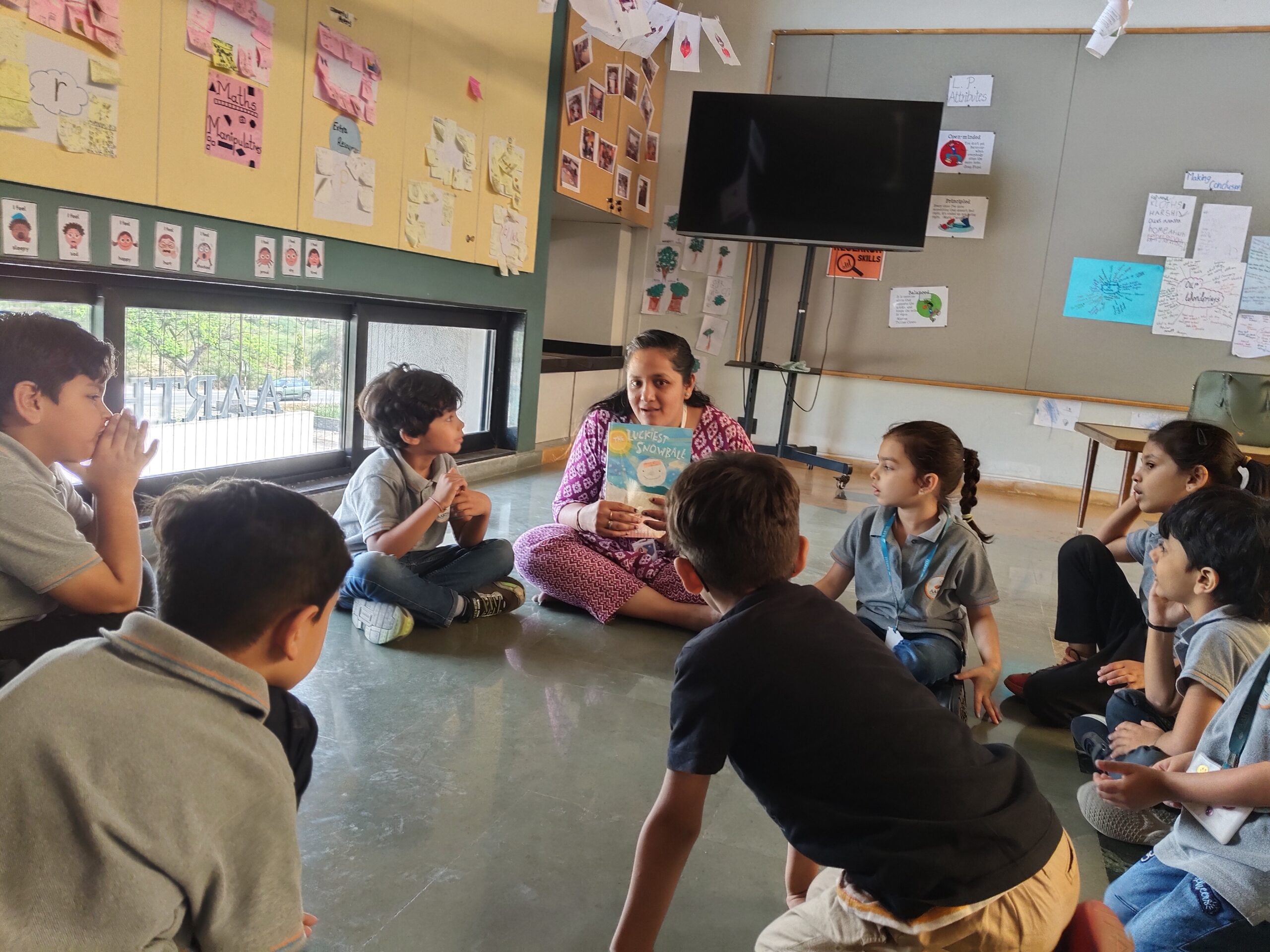
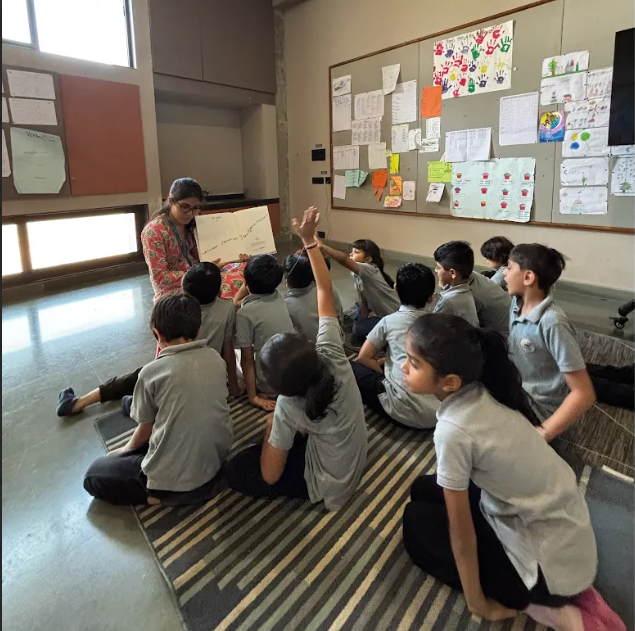
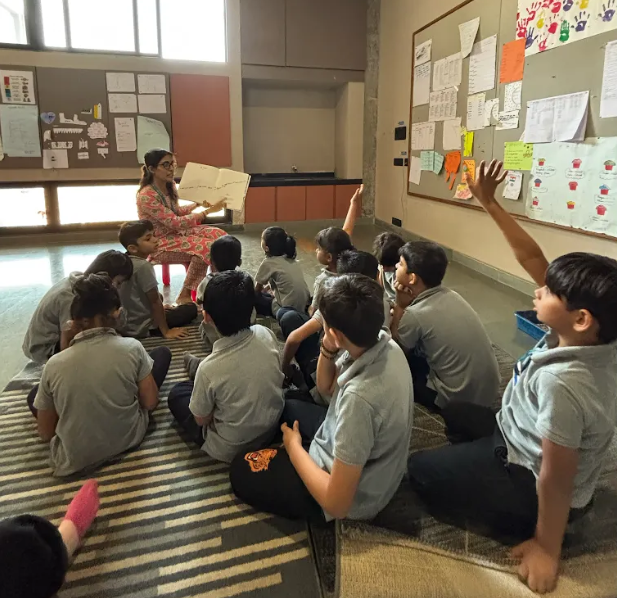
DEAR Time
A focused reading time for all students that aims to promote independent reading and improve reading fluency as well as comprehension skills. It meets the varied needs and interests of all students as they can choose any just-right book from their Class Library. In the Primary classes, during DEAR Time, students have access to the dictionary, which helps them simultaneously develop their vocabulary and dictionary-use skills. During the DEAR time, the teacher observes and records data about students’ reading abilities. In the end, as part of reflection, the Primary students respond to any of the questions in their DEAR Log, expressing their thoughts and opinion about the book they have read.

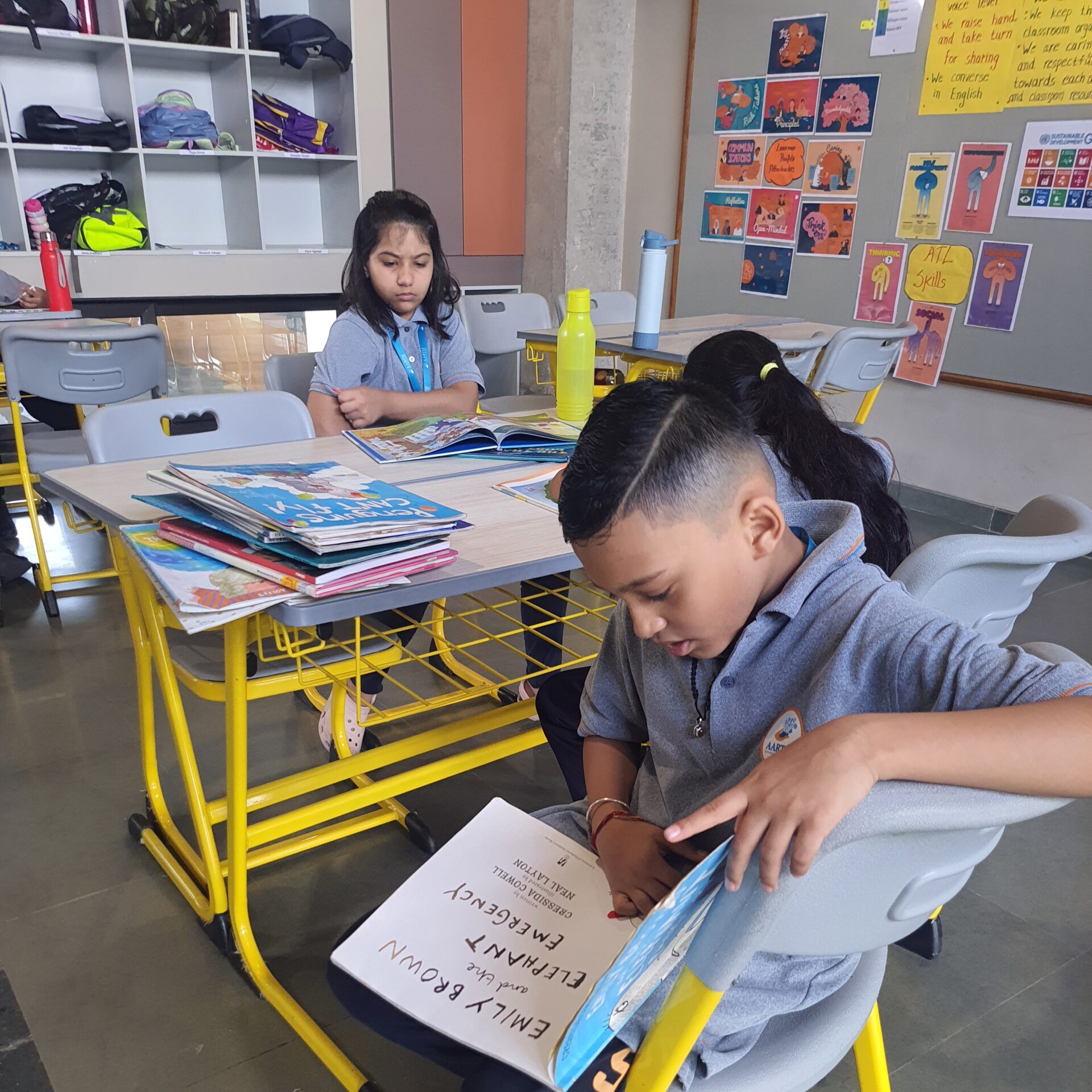
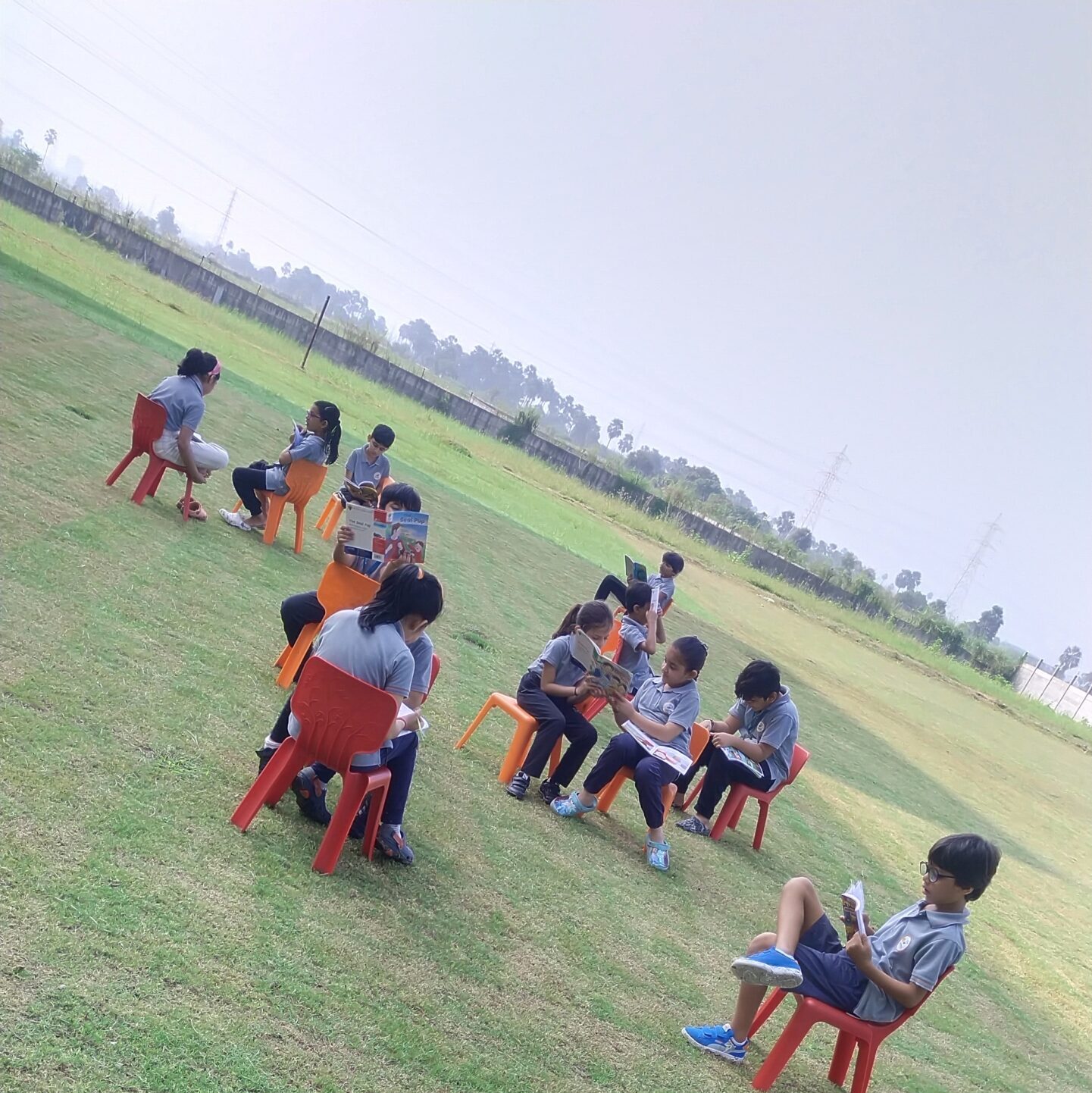
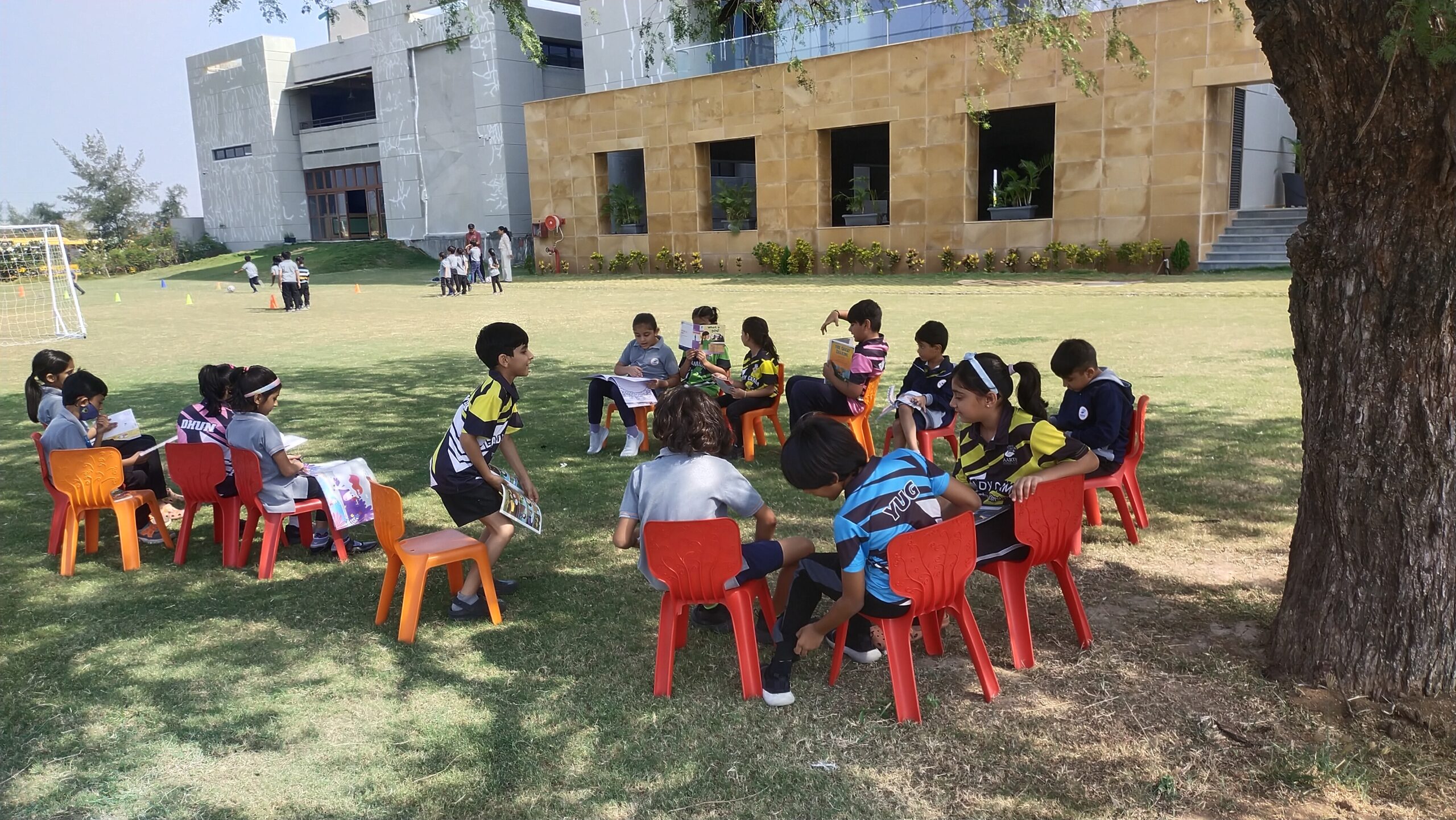
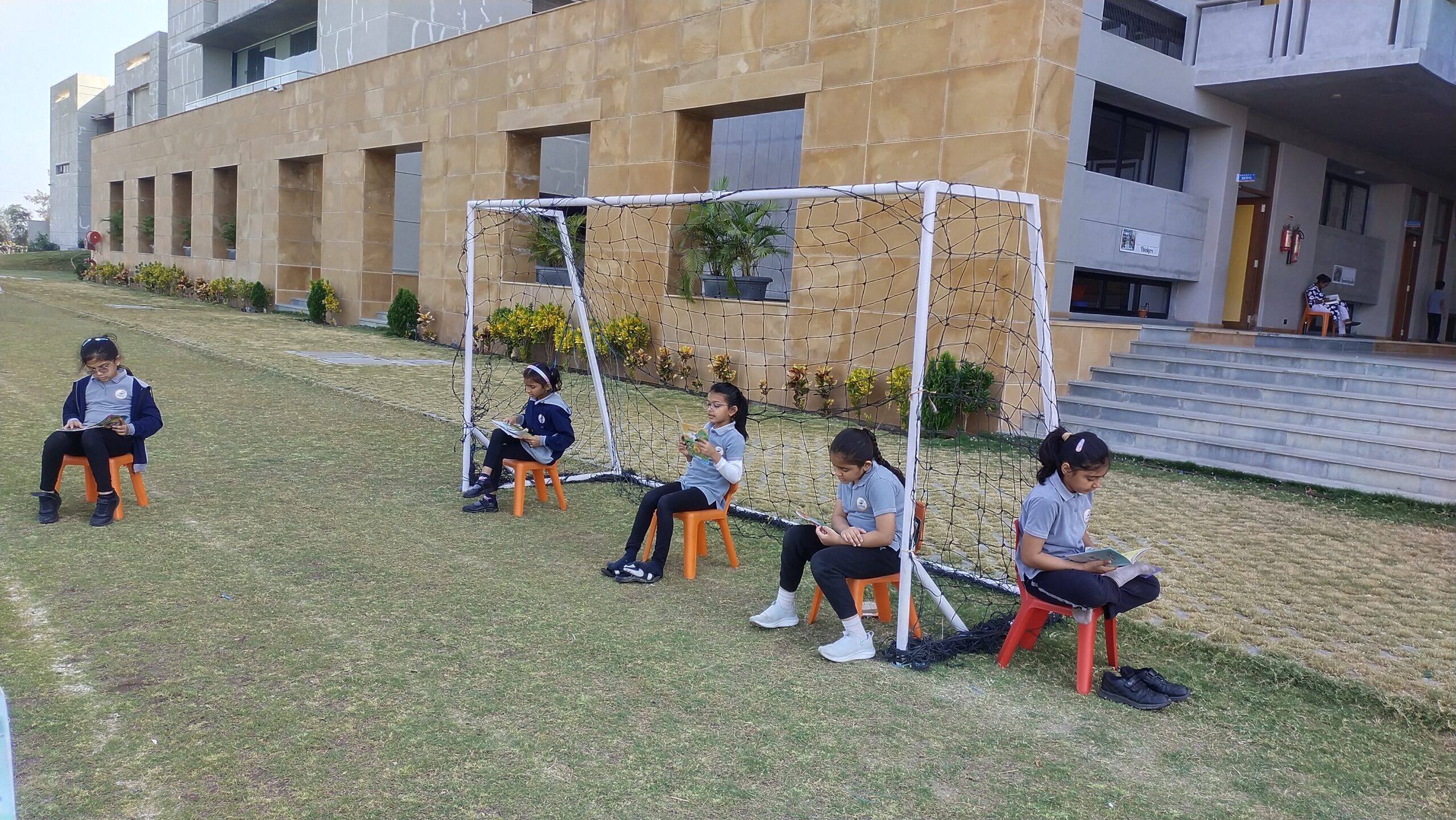
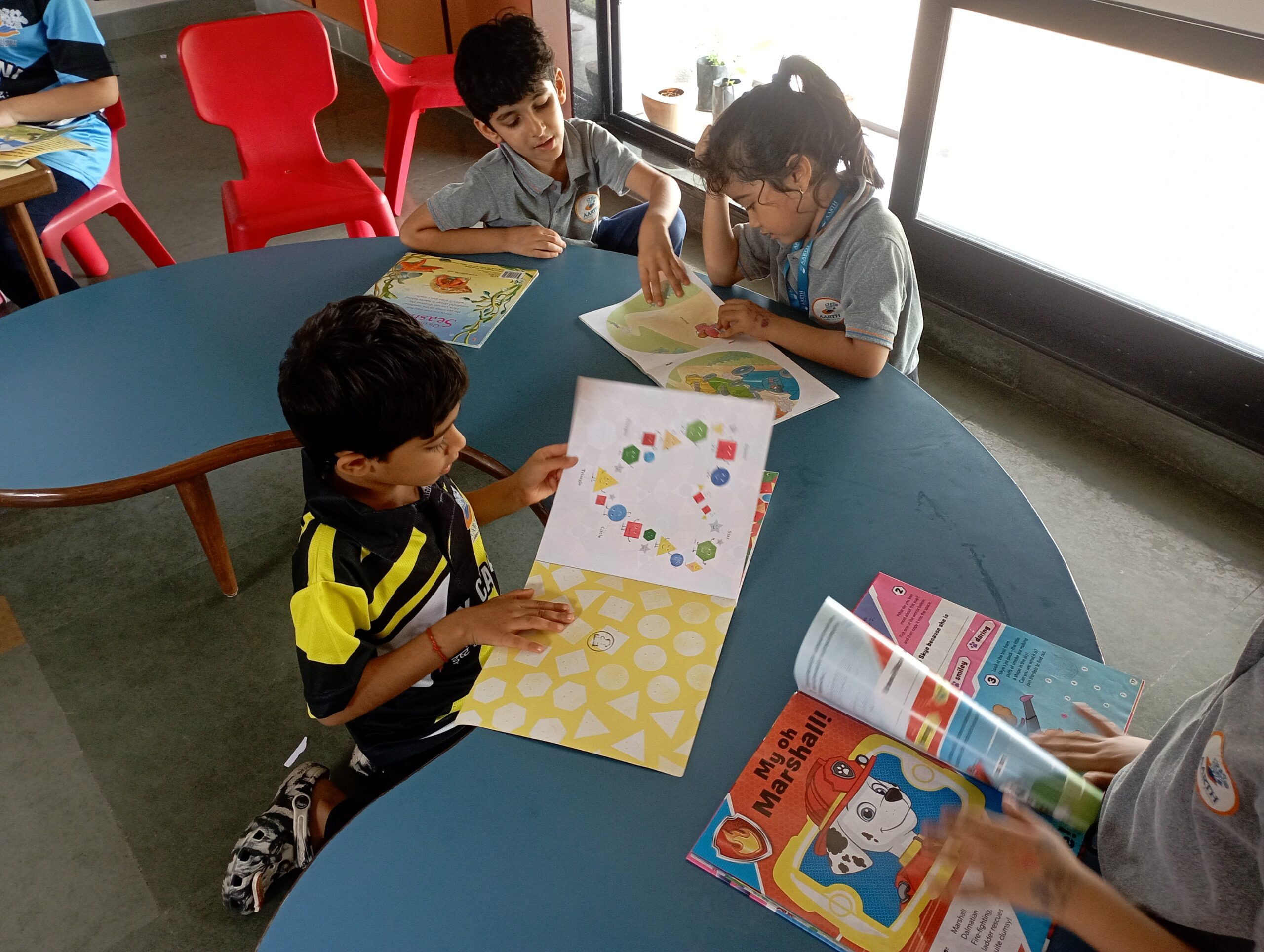
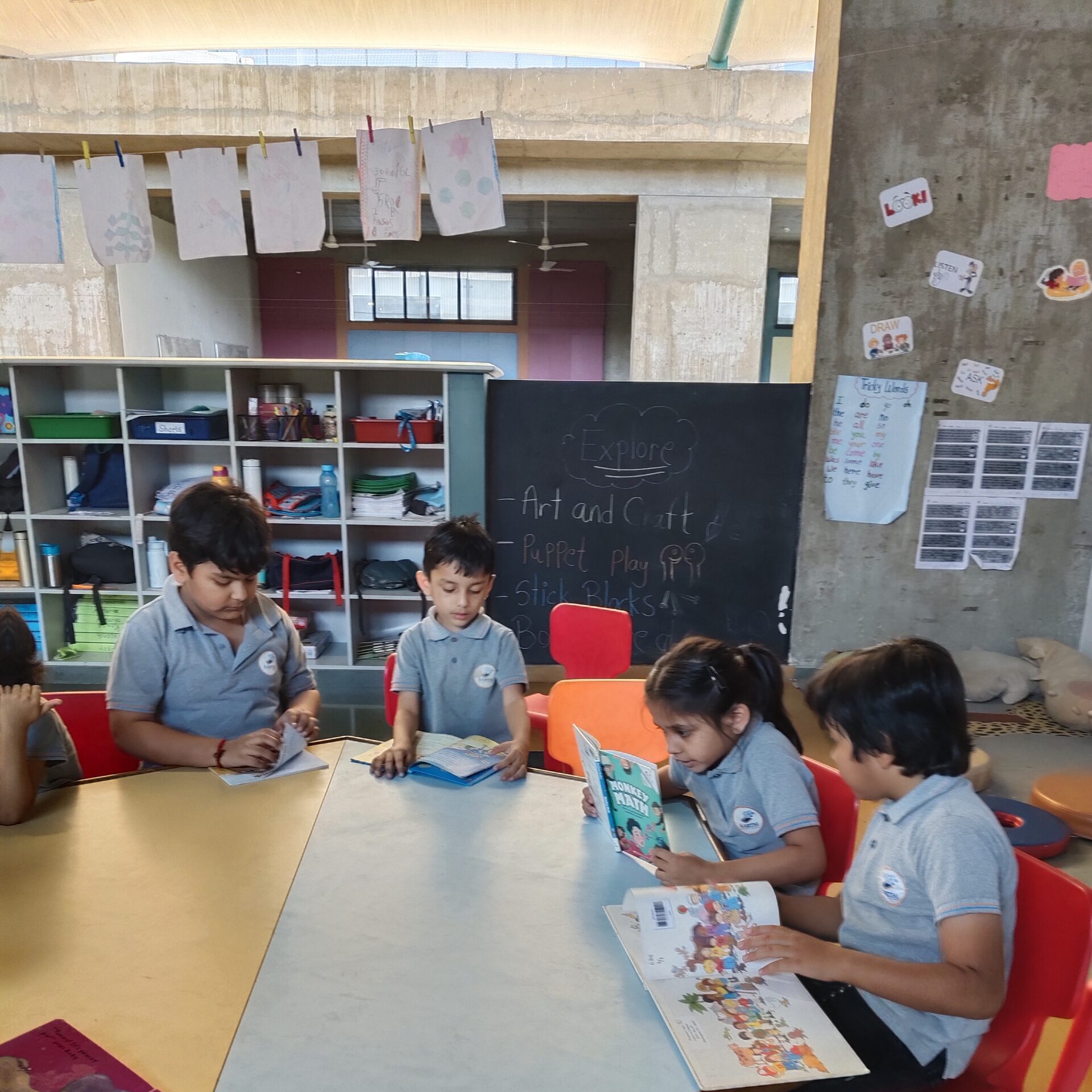
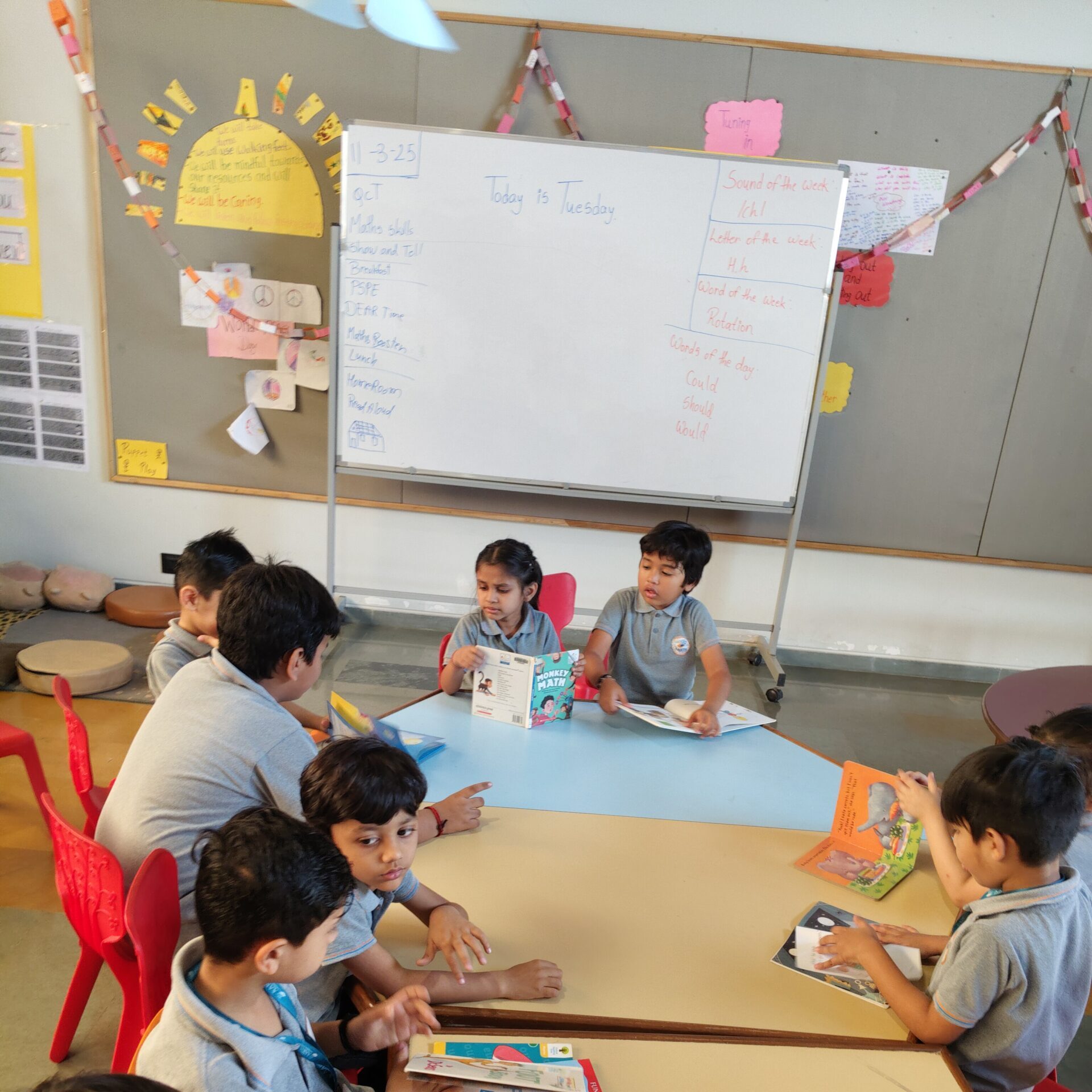
A Week in the Life of a Middle School Student
The journey of a Middle School student is filled with exciting opportunities for growth, learning, and personal development. Our Middle Years Programme fosters an environment where students can thrive academically and socially. Here's a glimpse into the weekly routine of a Middle School student at Aarth:
Meet and Greet
Sign-ins
Subject Classes
Class Meeting
Advisory Times
Community Time
SOLE - Self Organised Learning Environments
Personal Hour
Lunch and Recess Times
IIMUN Club
Book Buddy
Library
Meet and Greet
Meet and Greet session, where they socialize with their peers, catch up with friends, and prepare for the day ahead. It’s a great time to catch up and prepare for the day ahead.
Following Meet and Greet the day begins with a calming and centering OM Chanting session, where students gather to create a peaceful and focused atmosphere.
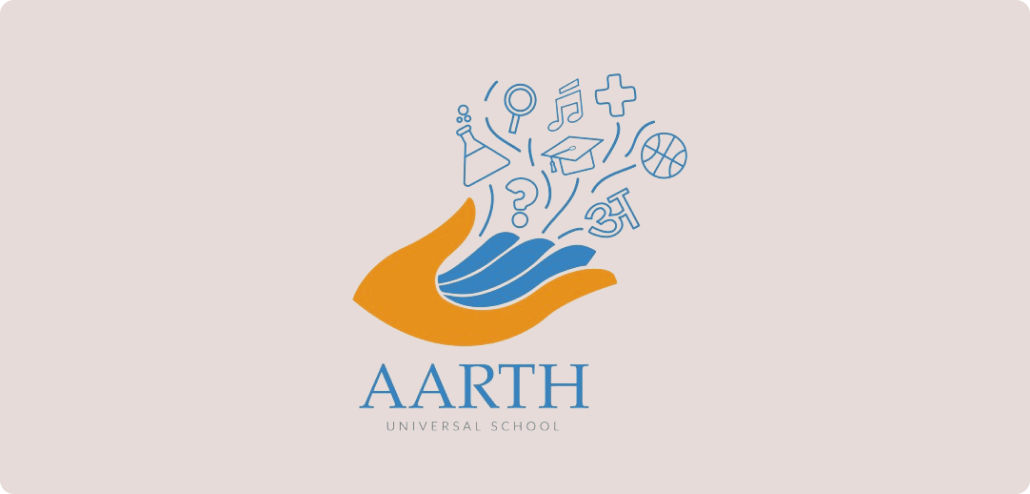
Sign-ins
Gone are the days when mornings at school began with teachers calling out names for attendance. The students at Aarth begin the day by signing in using a prompt question. An open-ended question that is related to their ongoing unit, local/global context, social emotional learning, current events or sometimes just fun. These thought-provoking questions set the tone for the day.
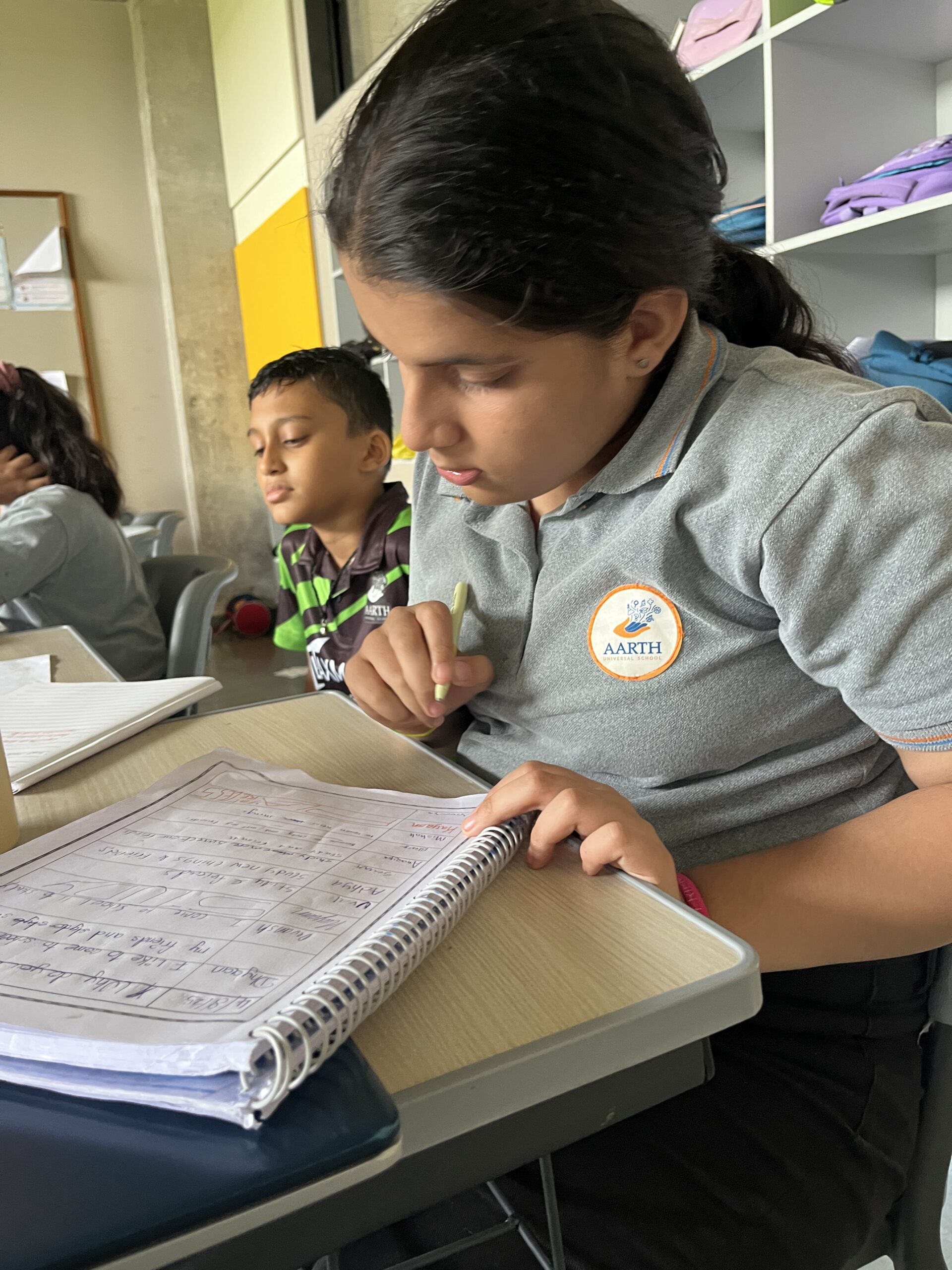
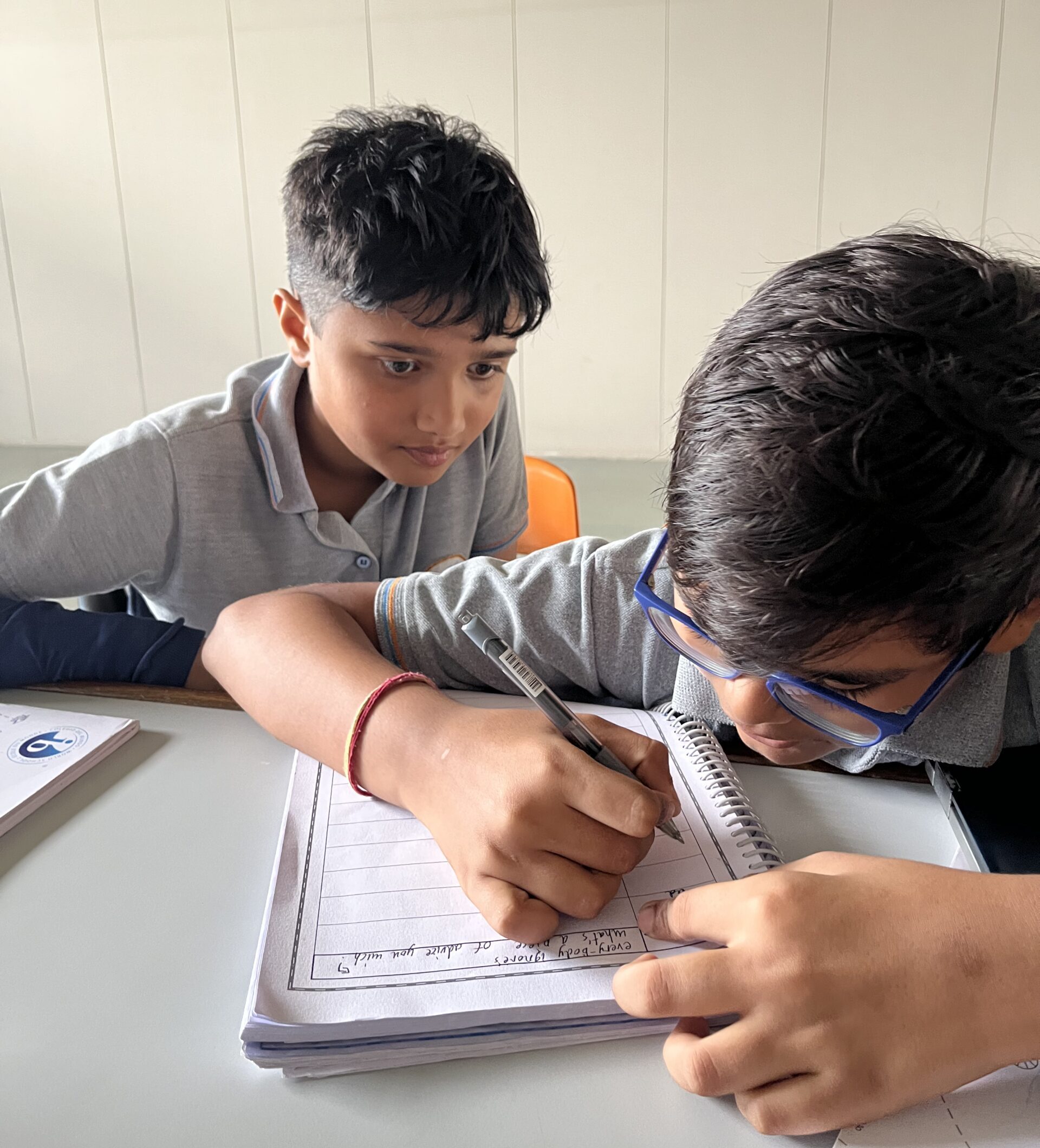
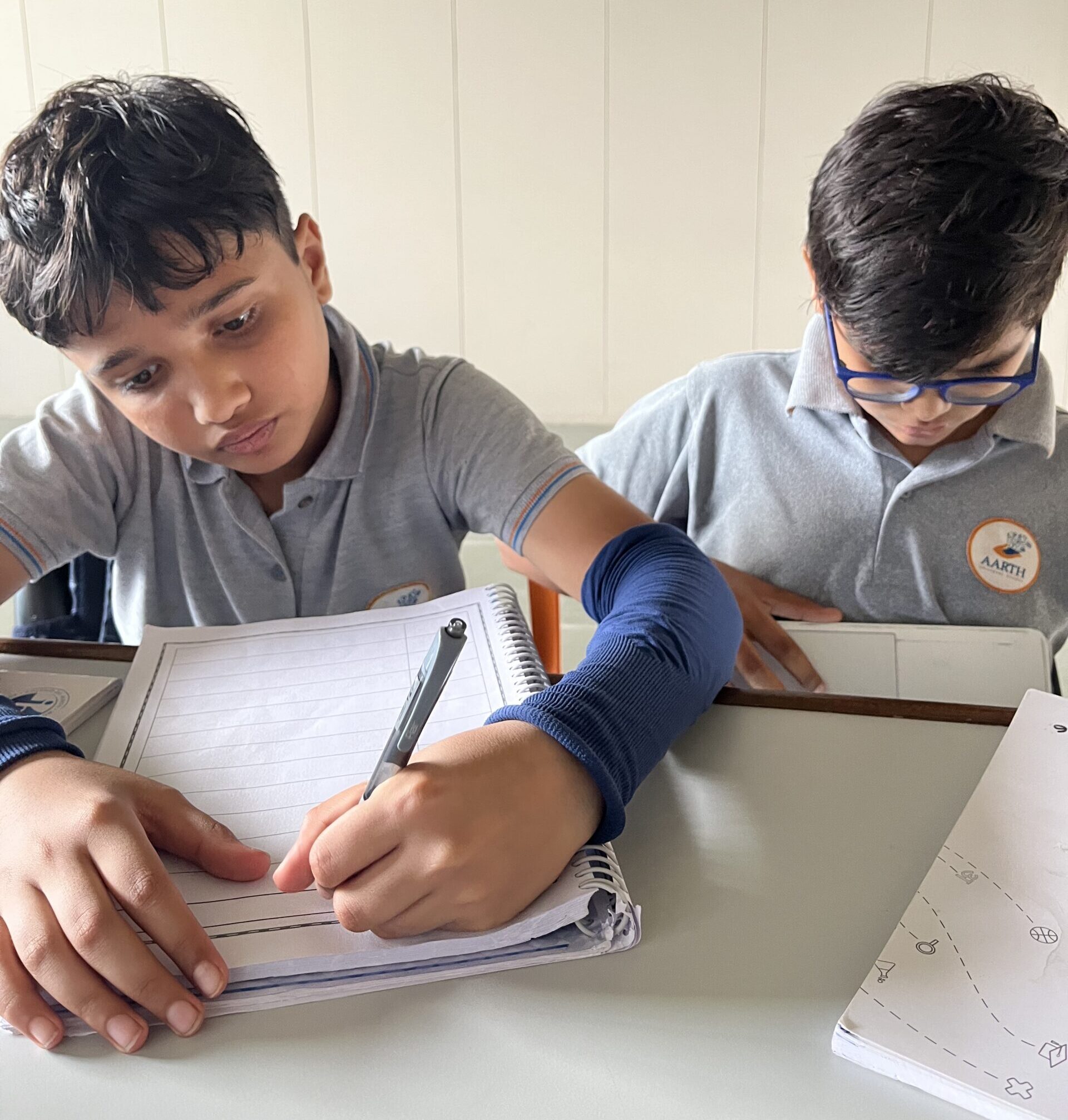
Subject Classes
The academic journey revolves around the following 8 subject groups:
English Language and Literature: Exploring the depths of language and literature to develop strong communication and analytical skills.
Language Acquisition (Hindi and Spanish) Embracing cultural diversity through language, fostering cross-cultural understanding and communication.
Mathematics: Developing problem-solving prowess and mathematical fluency for practical applications in the modern and real world.
Integrated Science: Bridging the gap between various scientific disciplines to understand complex natural phenomena comprehensively.
Arts: Unleashing creativity and self-expression through various art forms like music, visual art, dance and drama, fostering a deeper connection to the world.
Design and Technology: Innovating and problem-solving through practical design, preparing students for the technological challenges of the future.
Individual and Societies: Nurturing global citizens by exploring the interconnectedness of societies, history, geography and economics.
Physical and Health Education: Promoting physical and mental well-being, emphasizing the importance of a healthy lifestyle and mindfulness practices through sports, games and yoga.
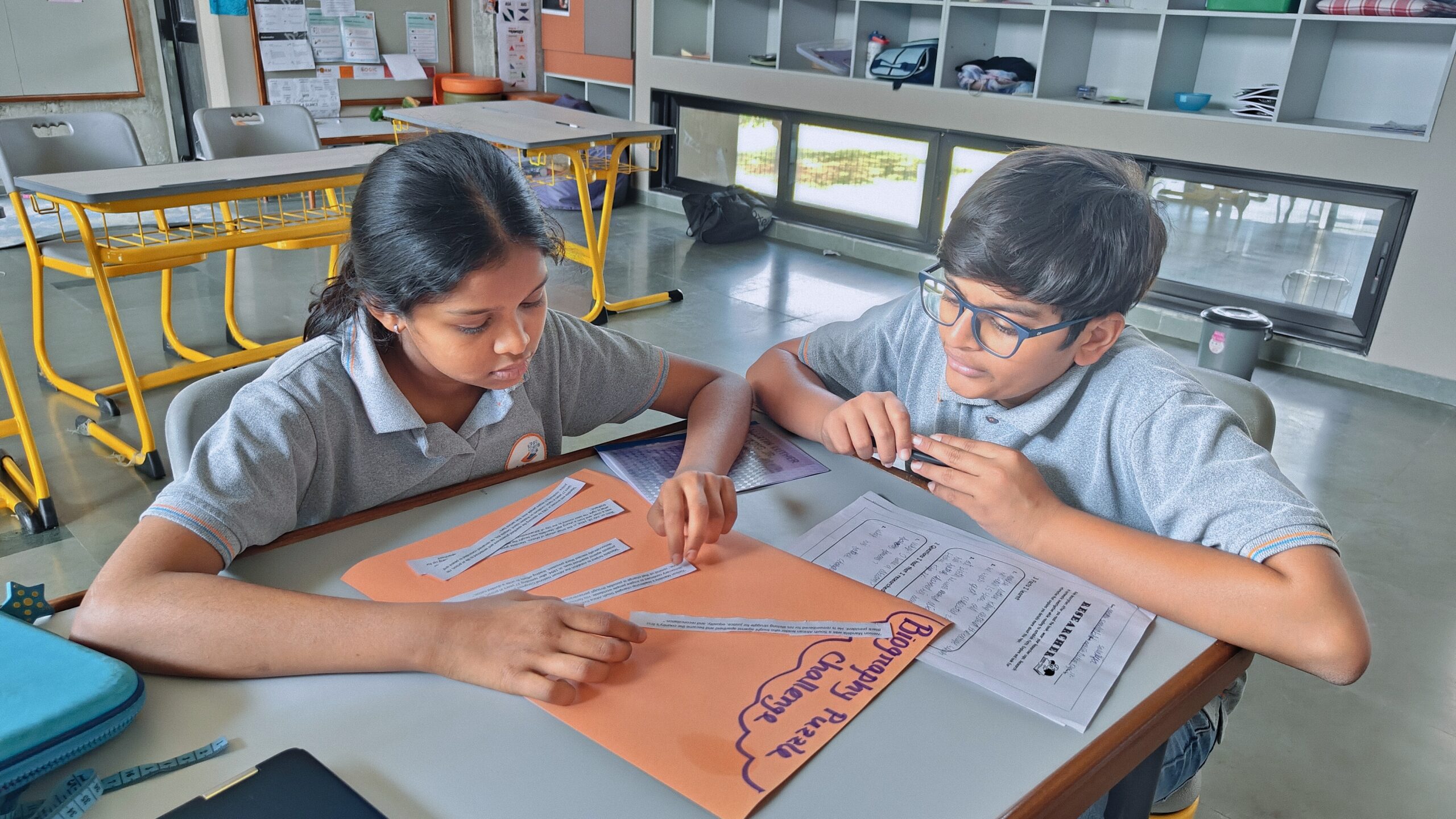
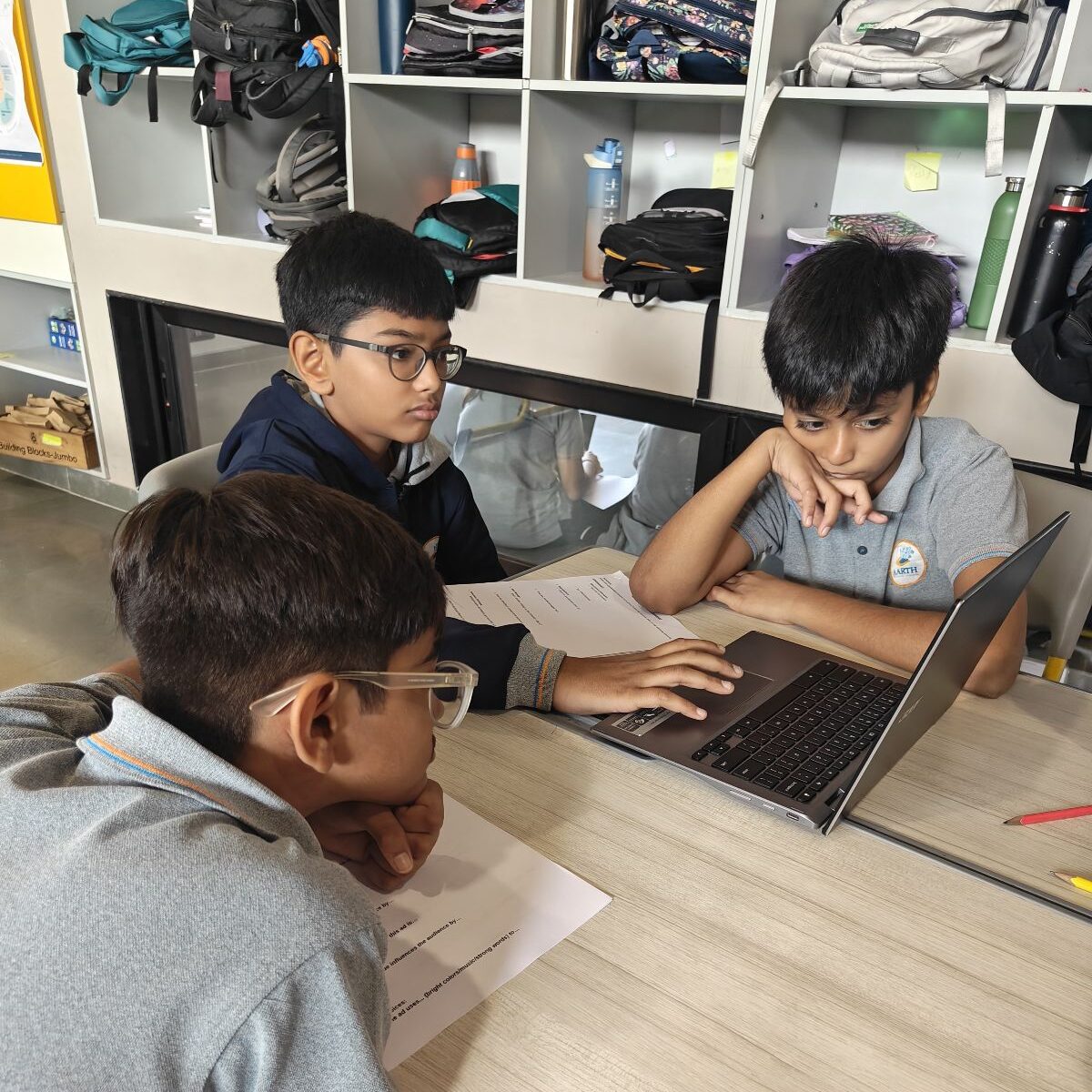
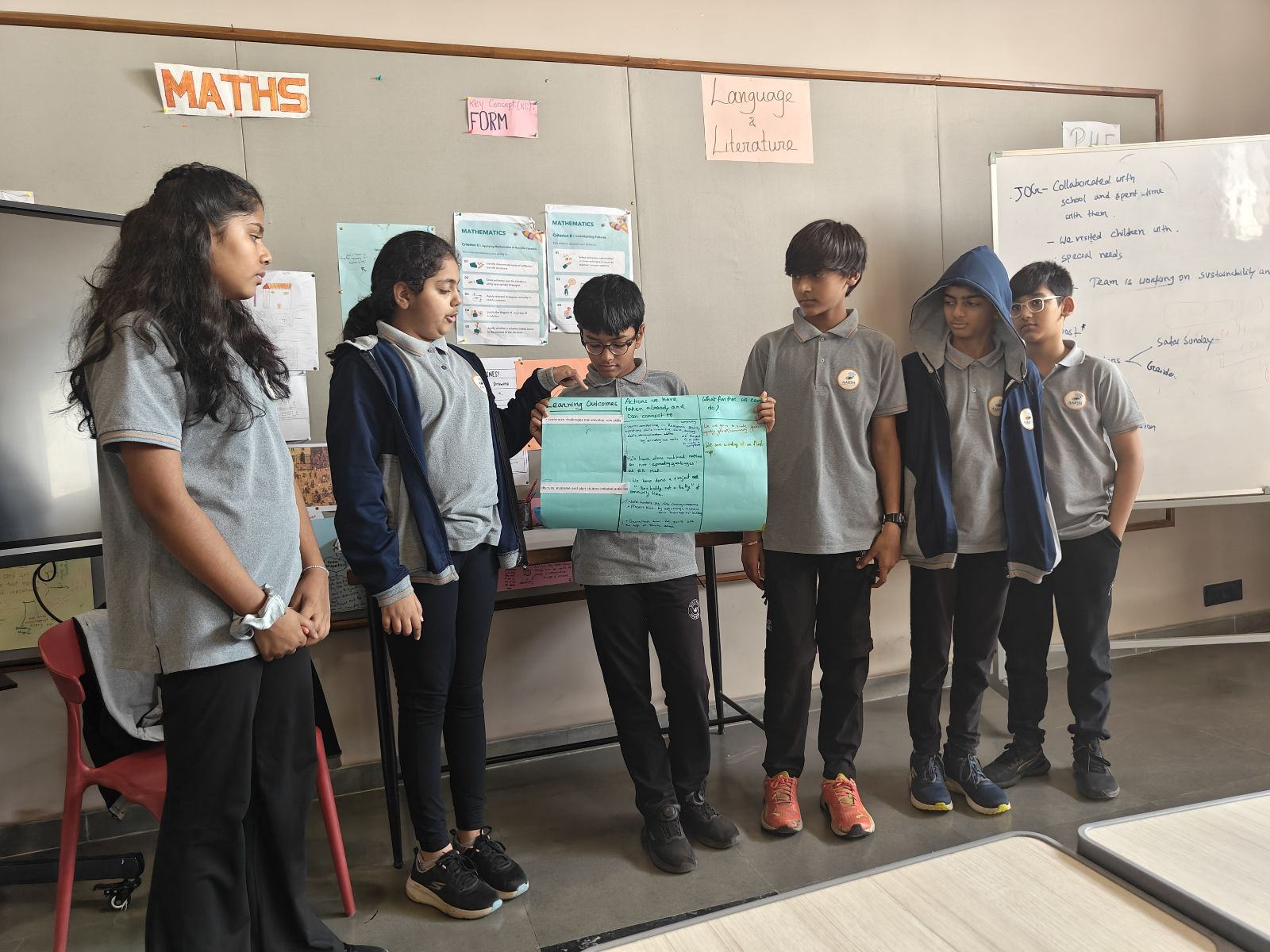
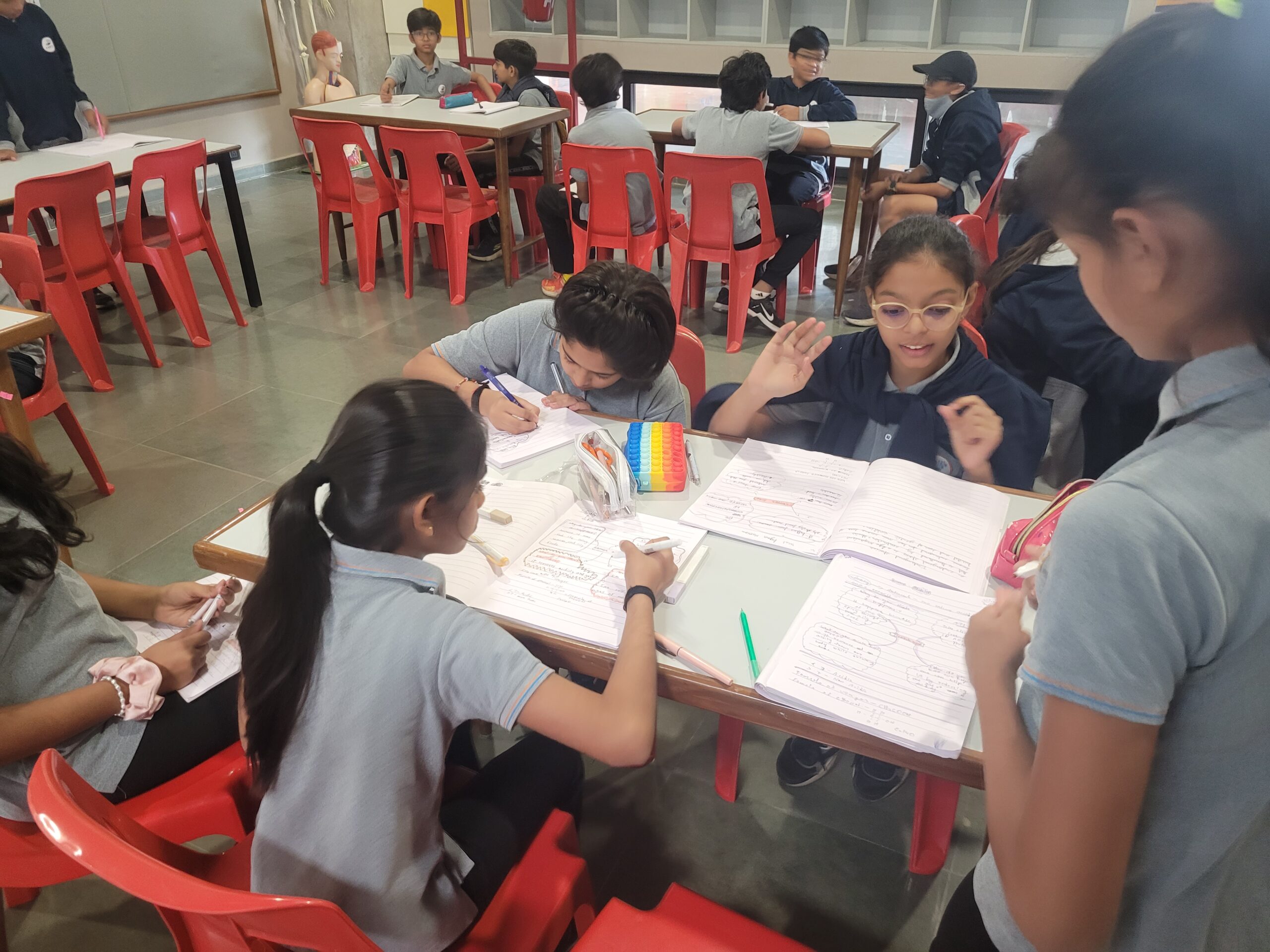
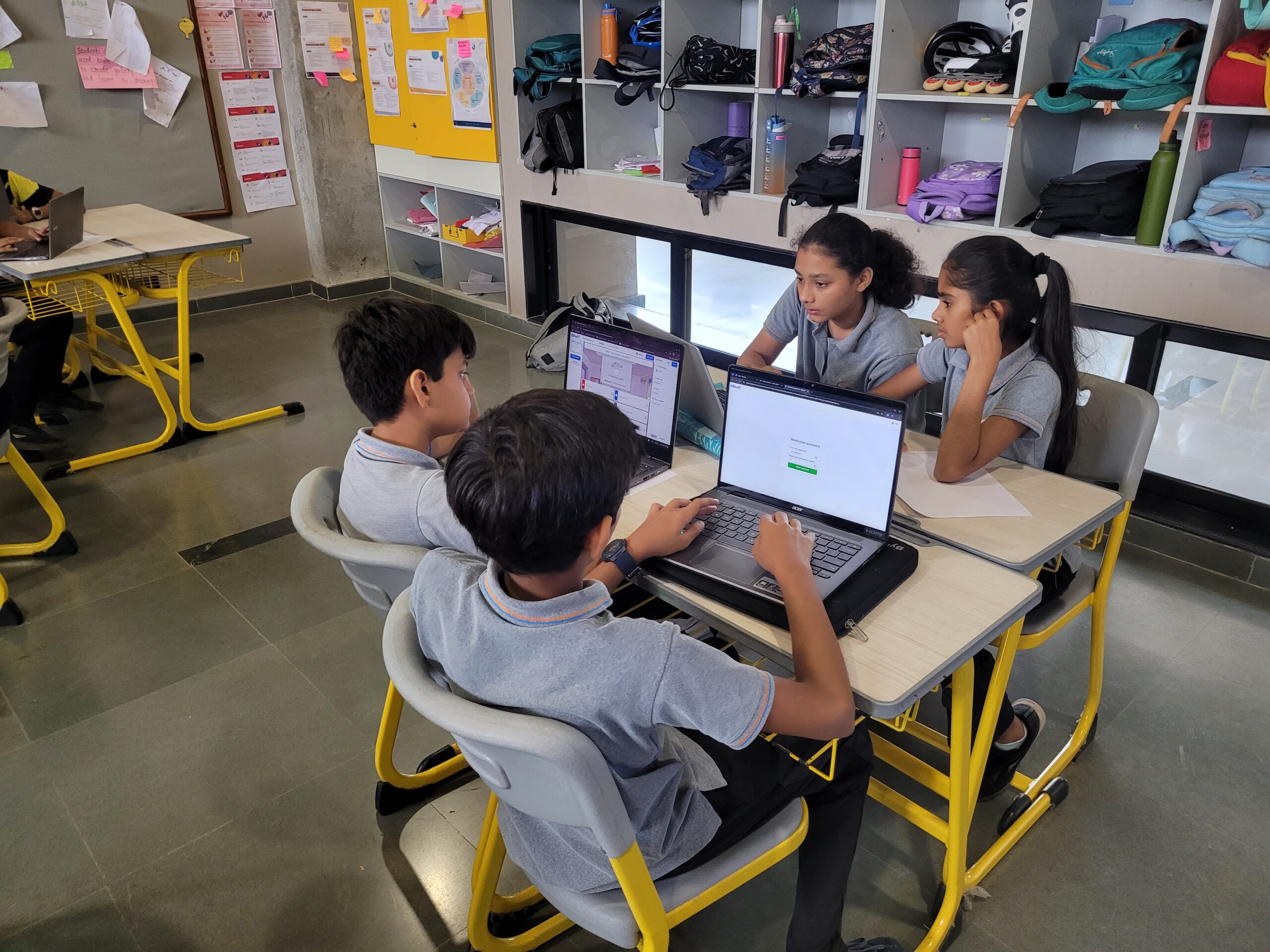
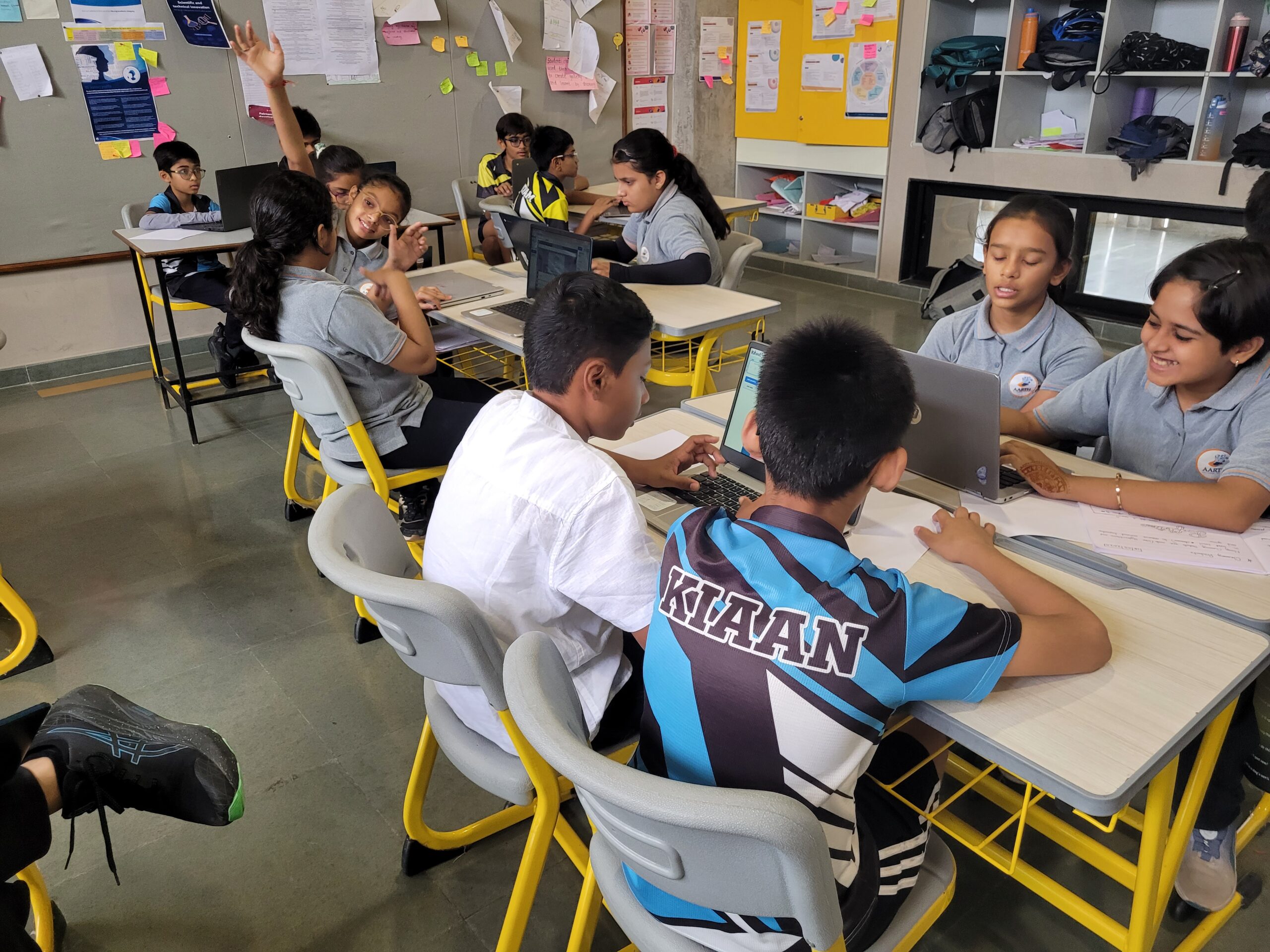
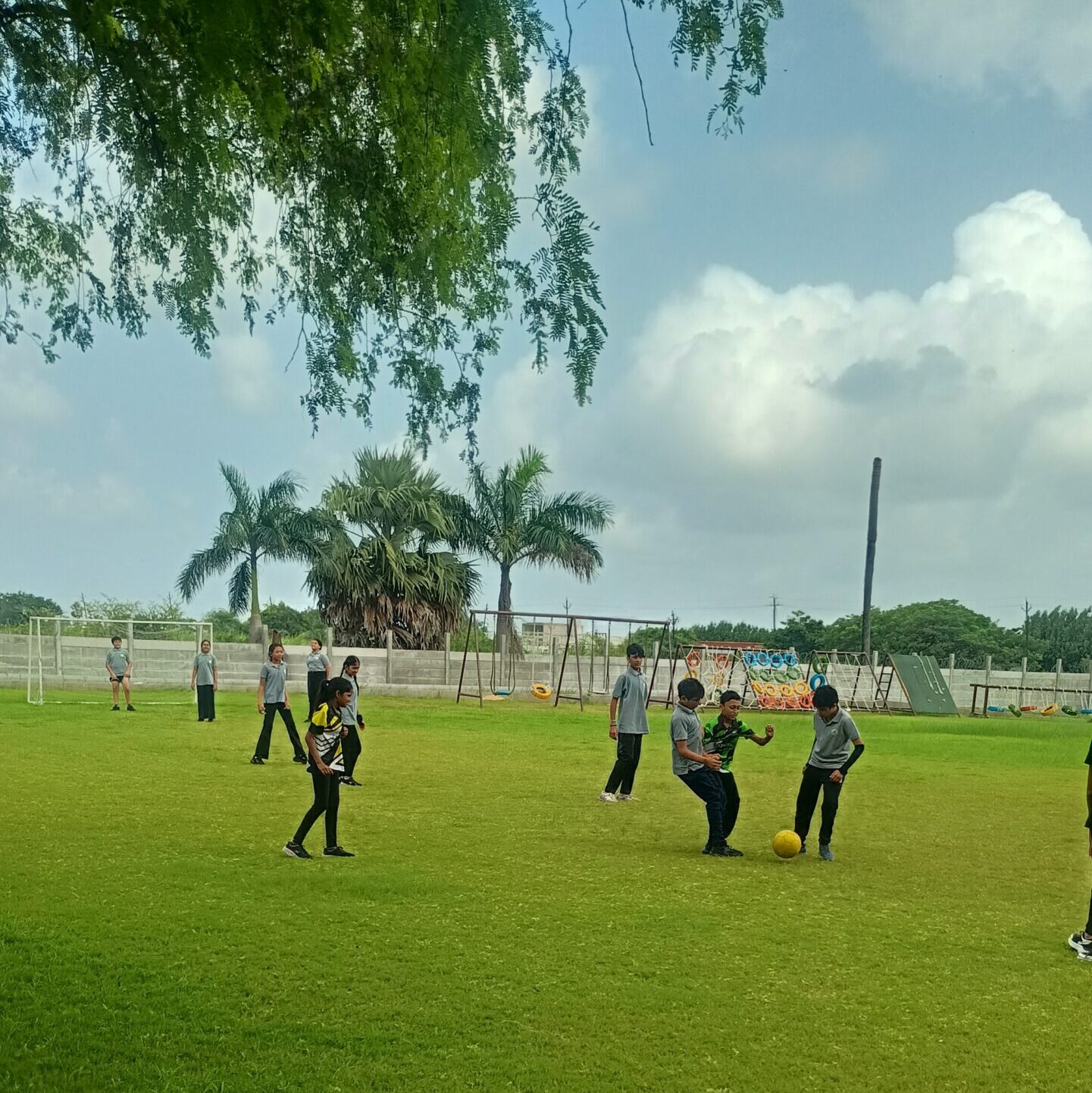
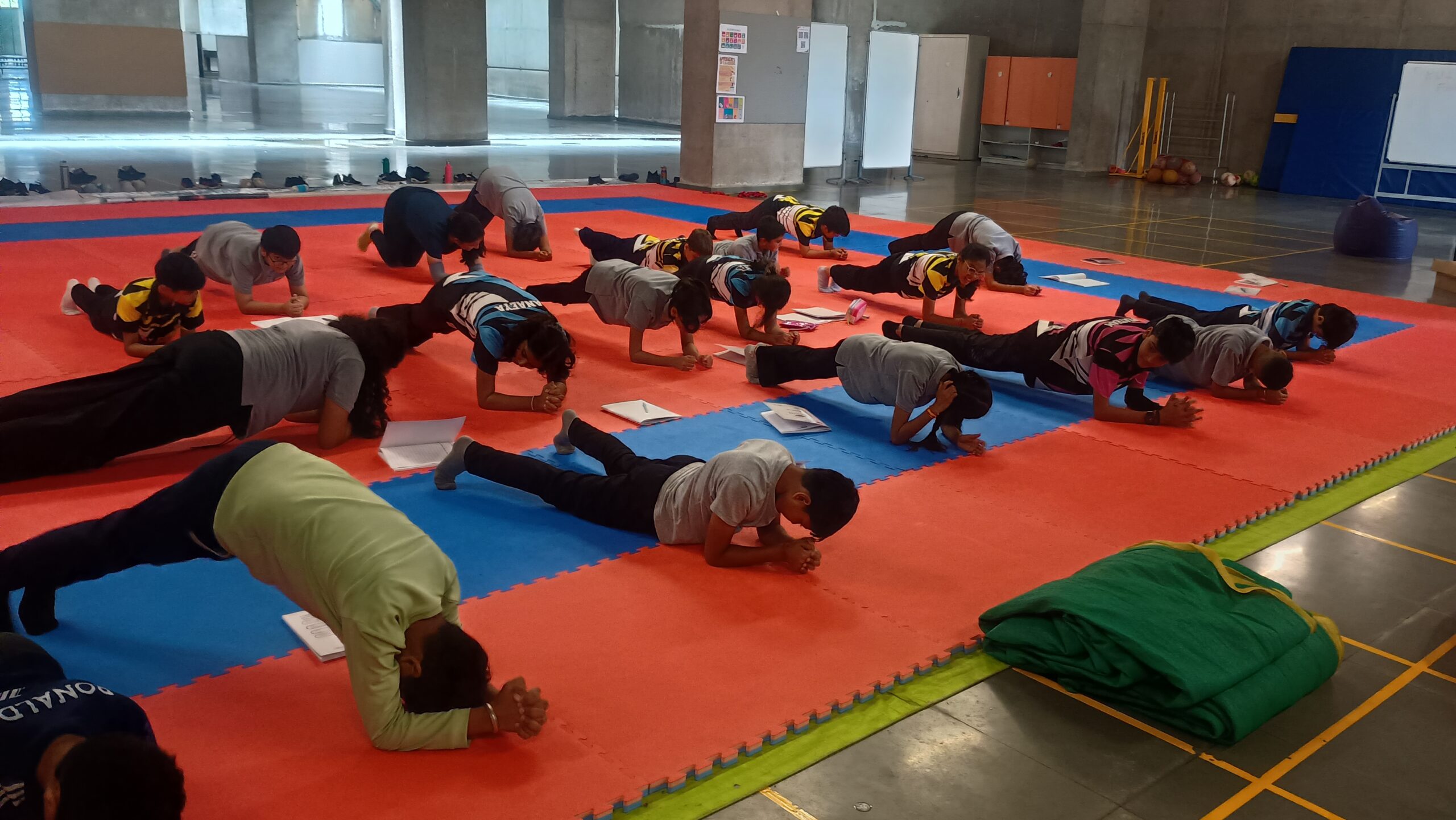
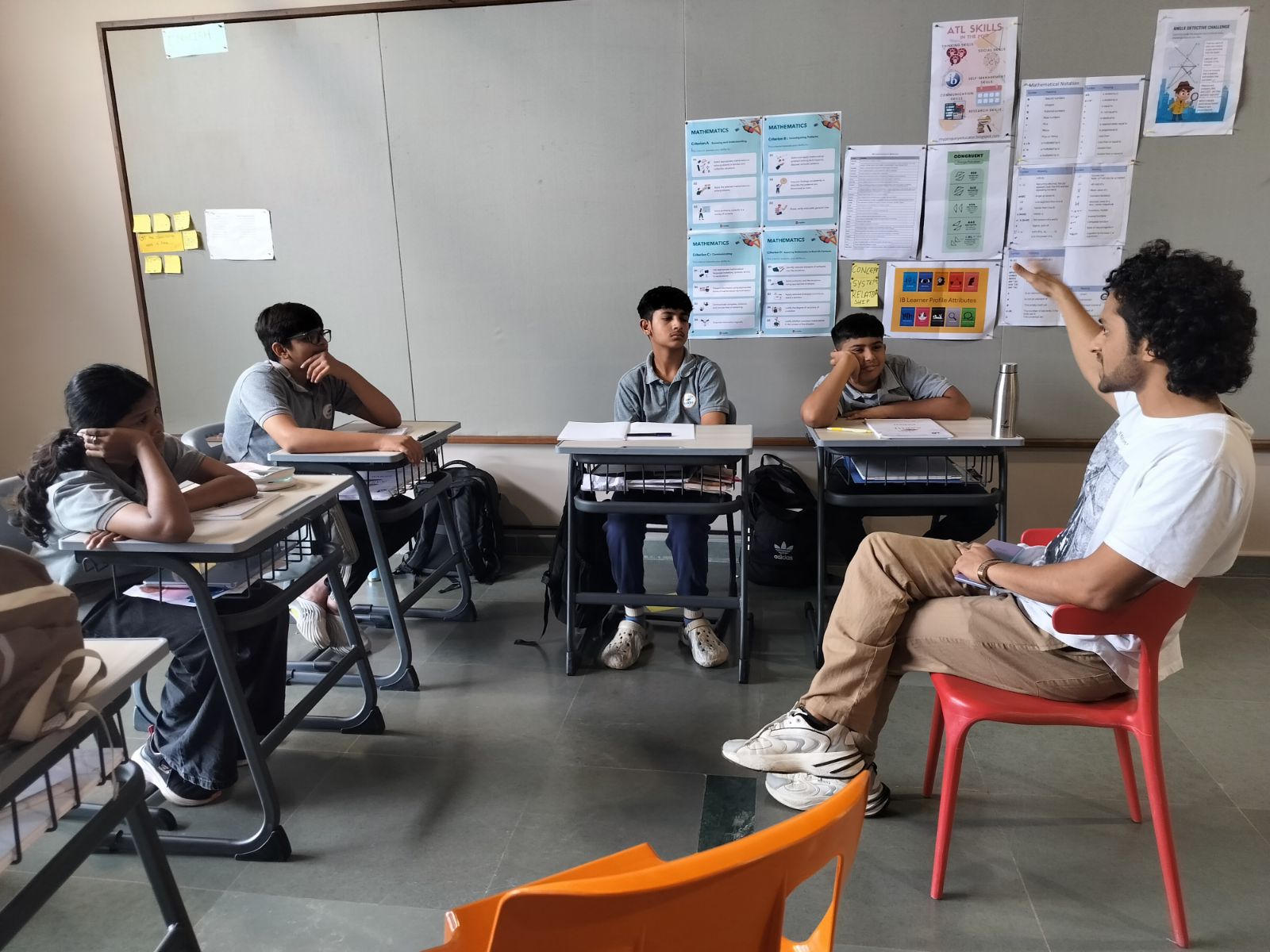
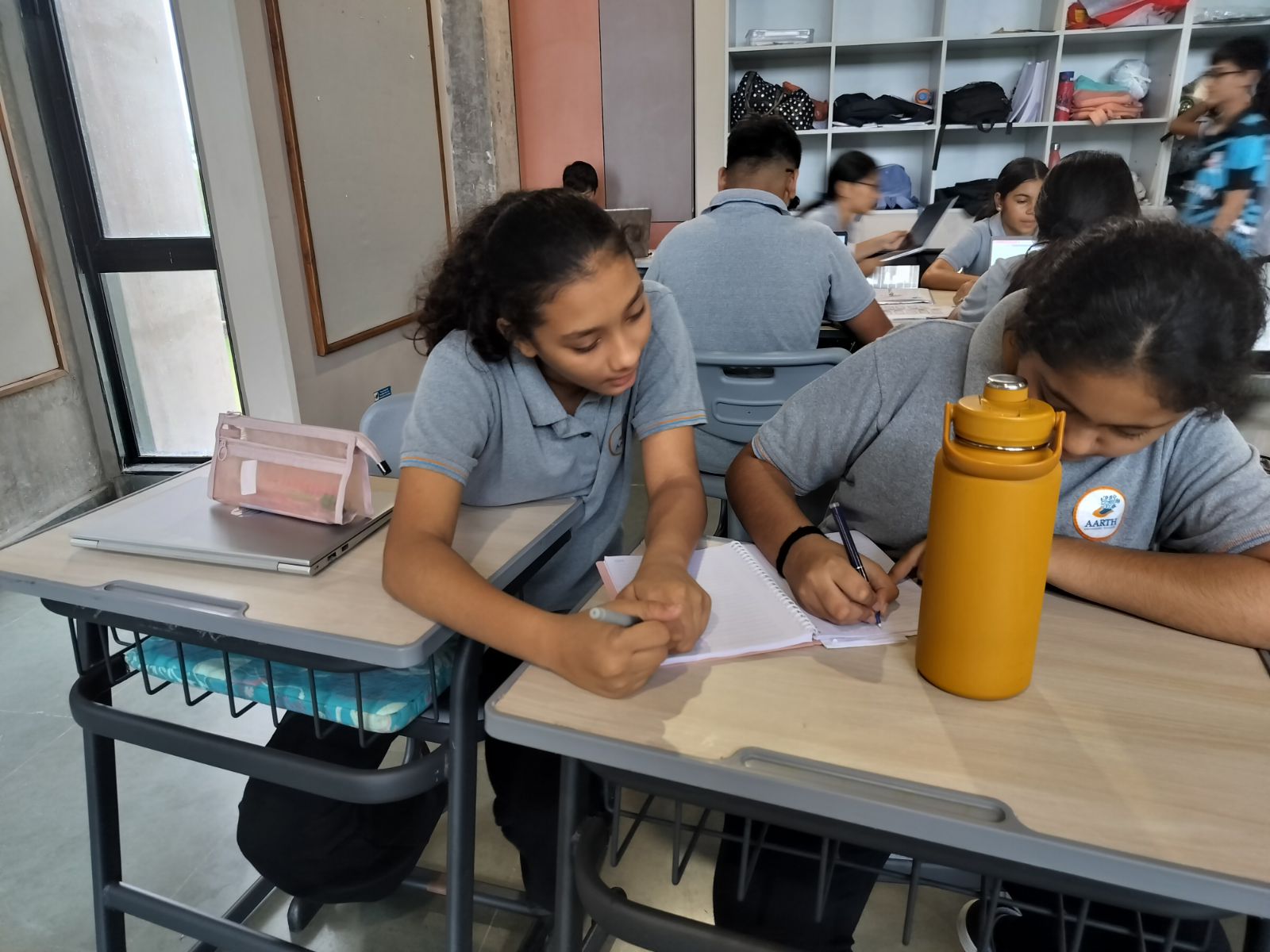
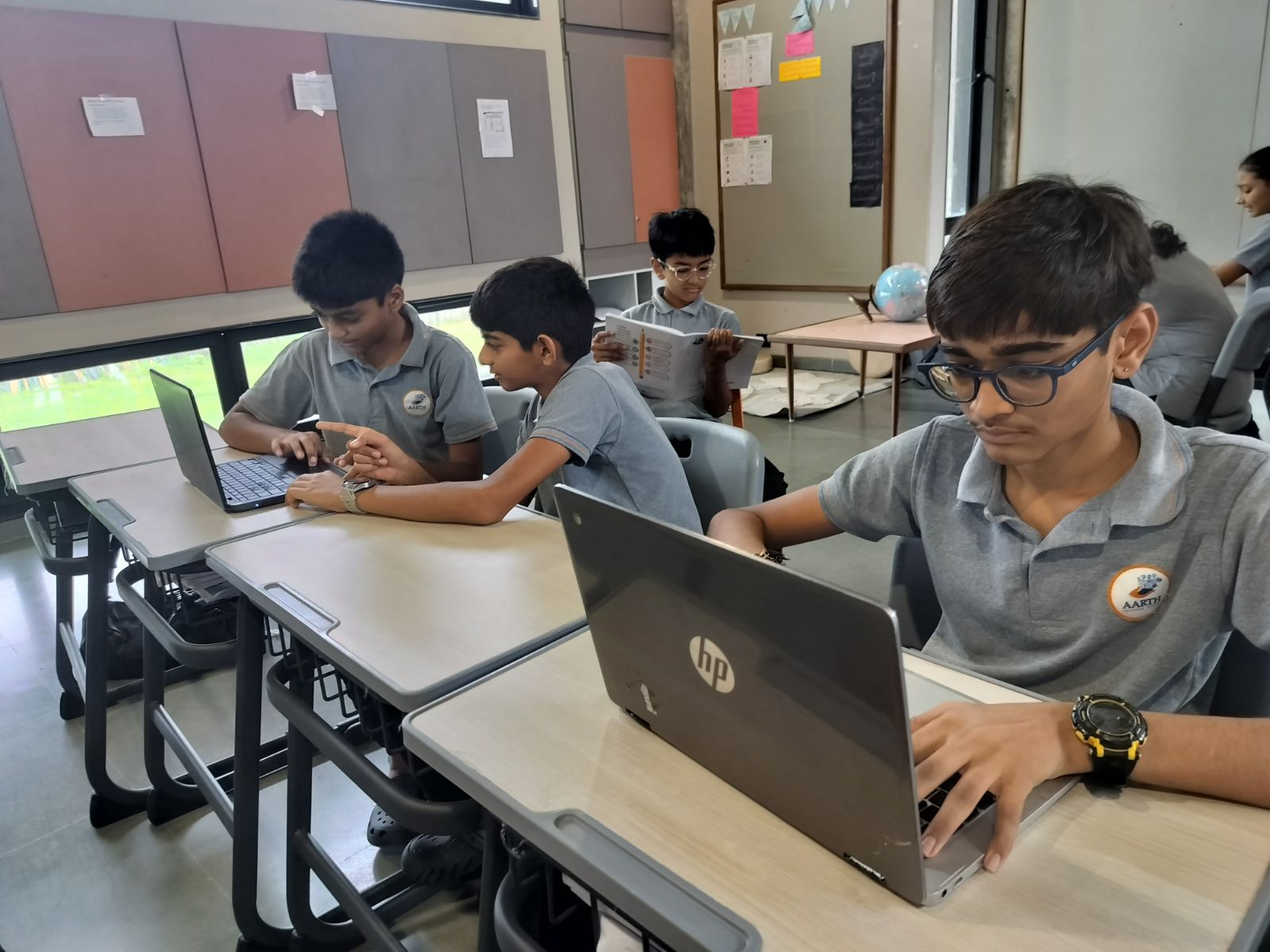
Class Meeting
Class Meetings provide a platform for students to discuss class-related matters, share their thoughts, and collaborate with classmates on various projects and activities. This also gives students an opportunity to identify problems within their surroundings and equip them to problem solve collaboratively.

Advisory Times
Advisory Times are crucial for building strong mentor-student relationships. Our students meet with their advisors, who provide guidance, support, and a listening ear throughout their middle school journey. The students get an opportunity to share and discuss their thoughts, feelings, experiences, etc. and be able to connect with and understand each other.
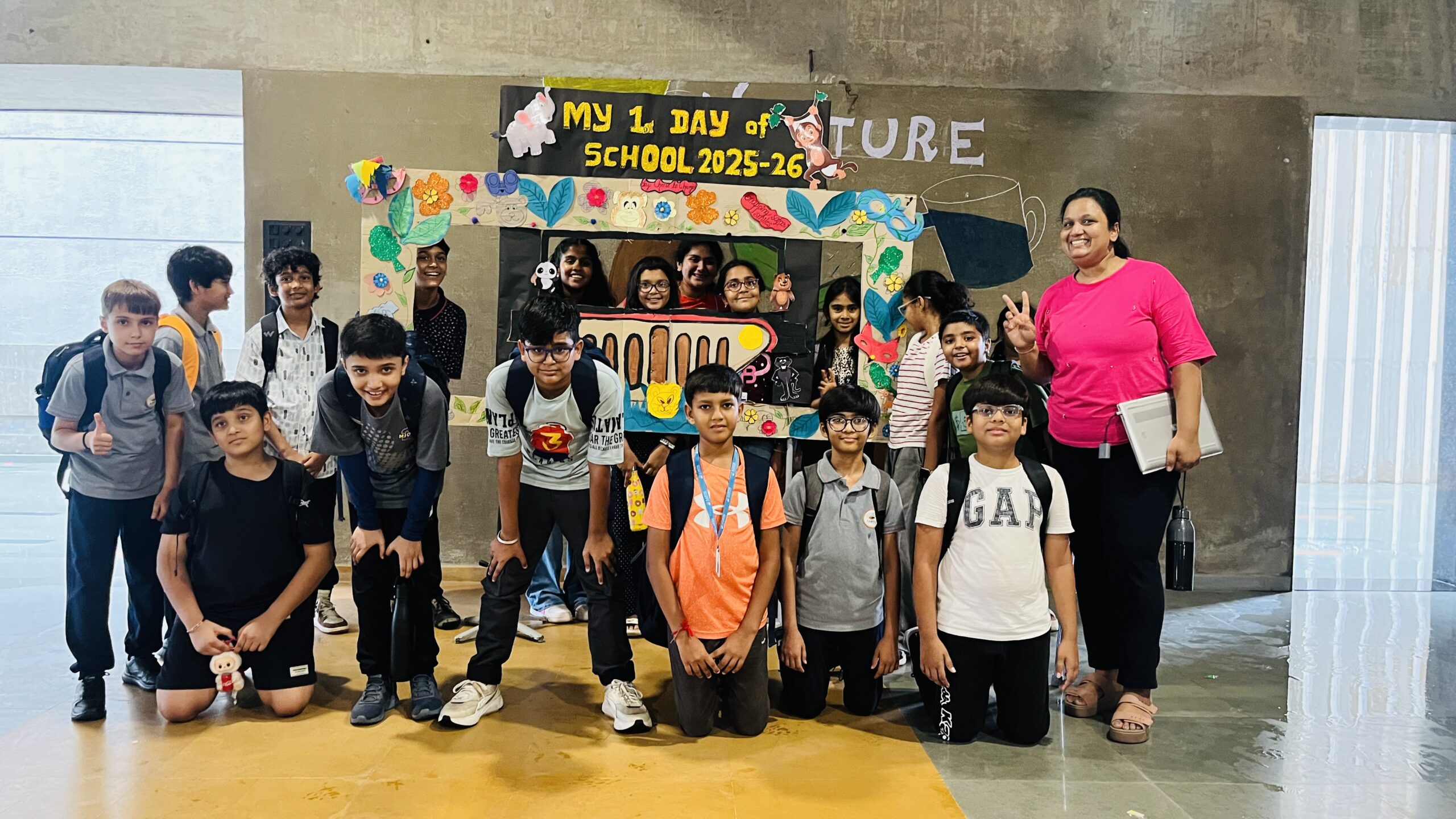
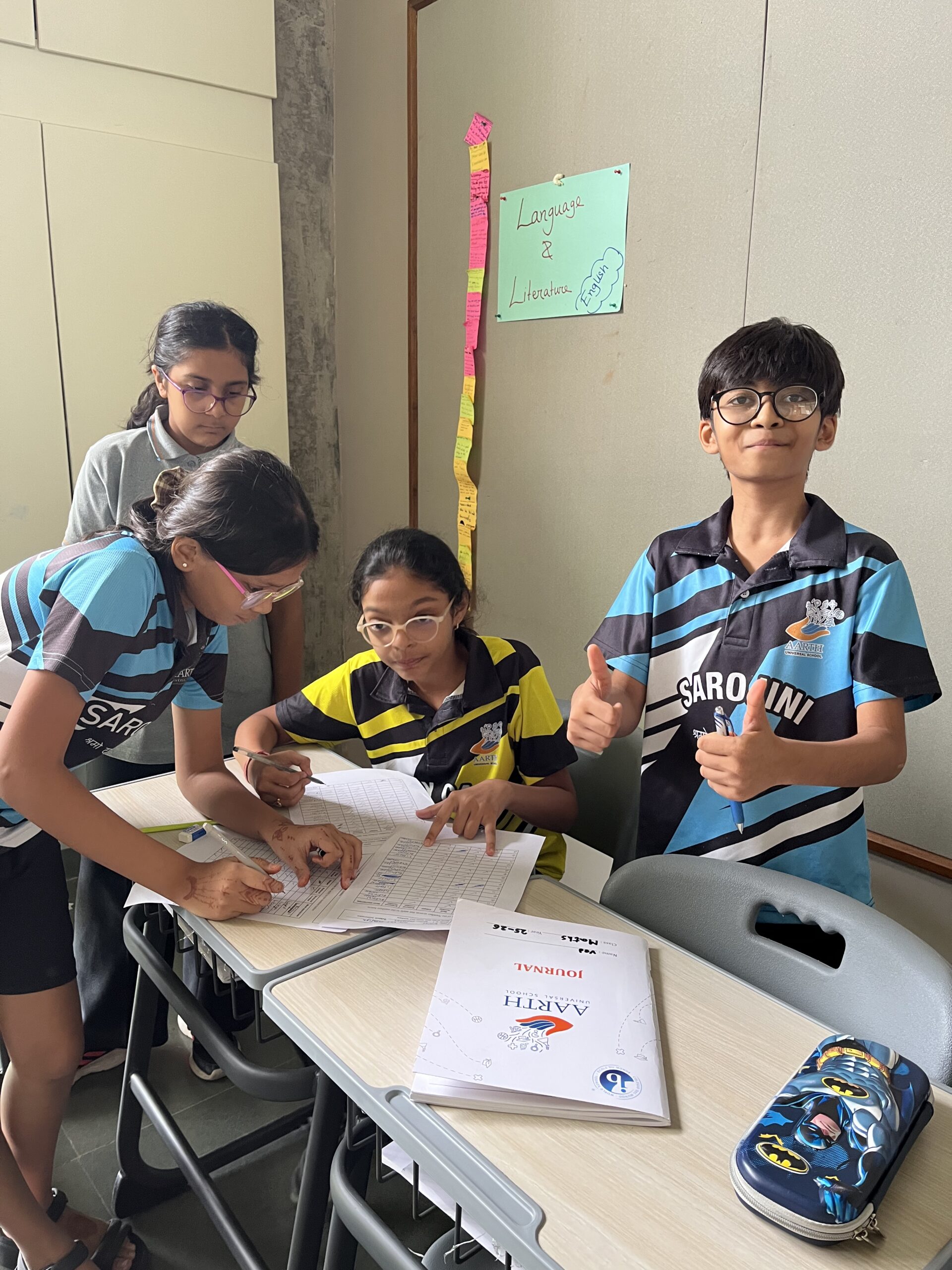
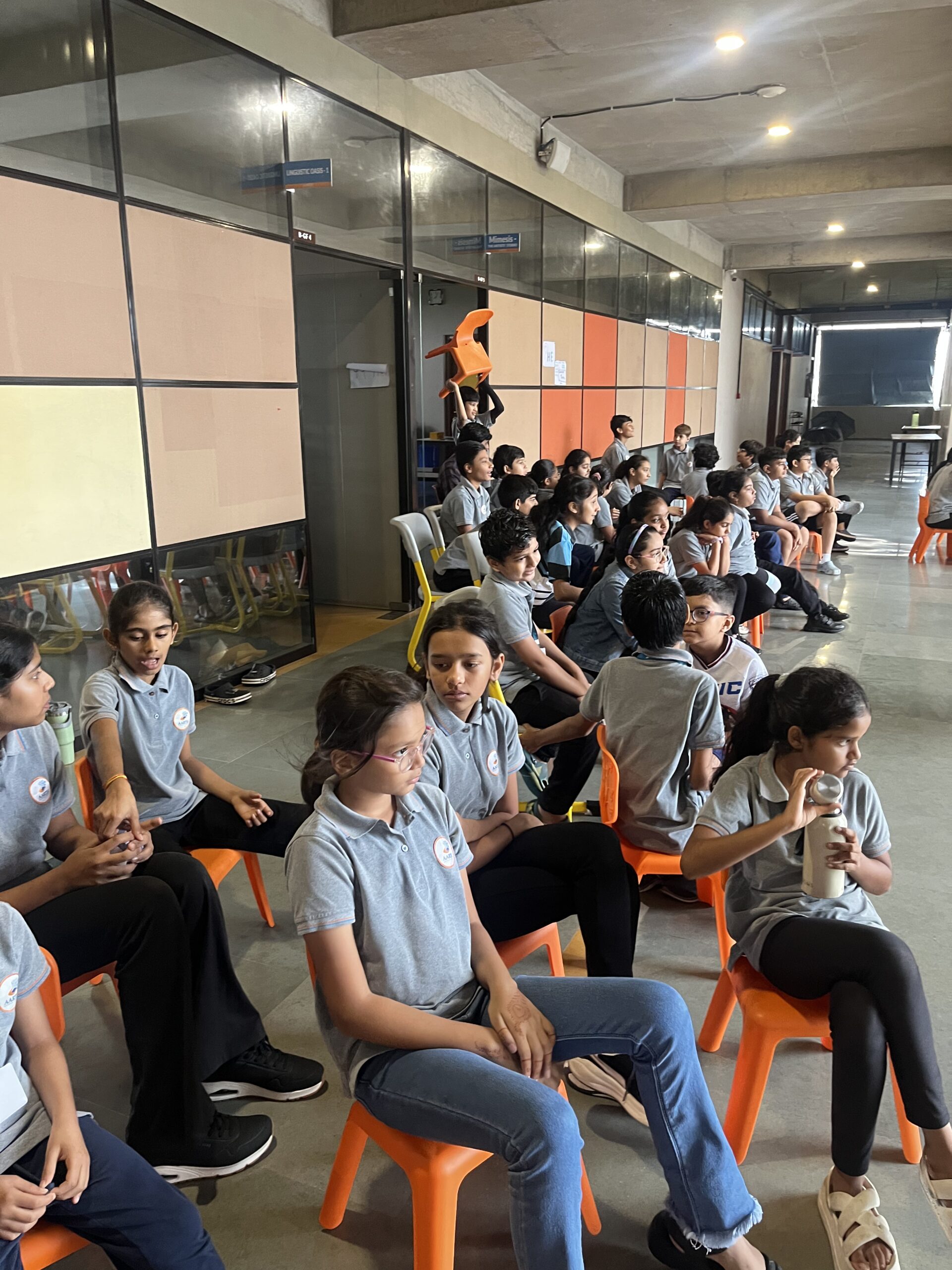
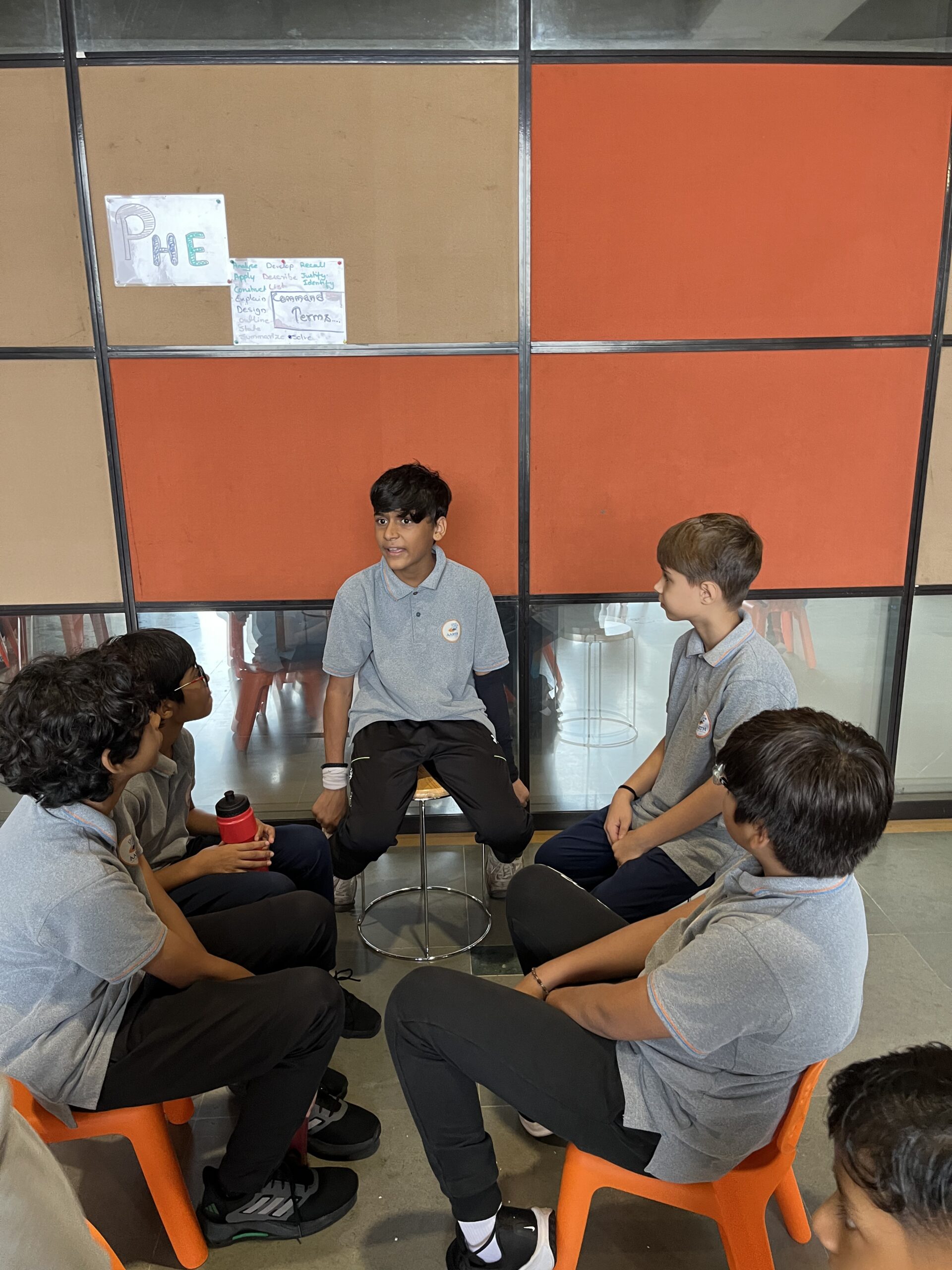
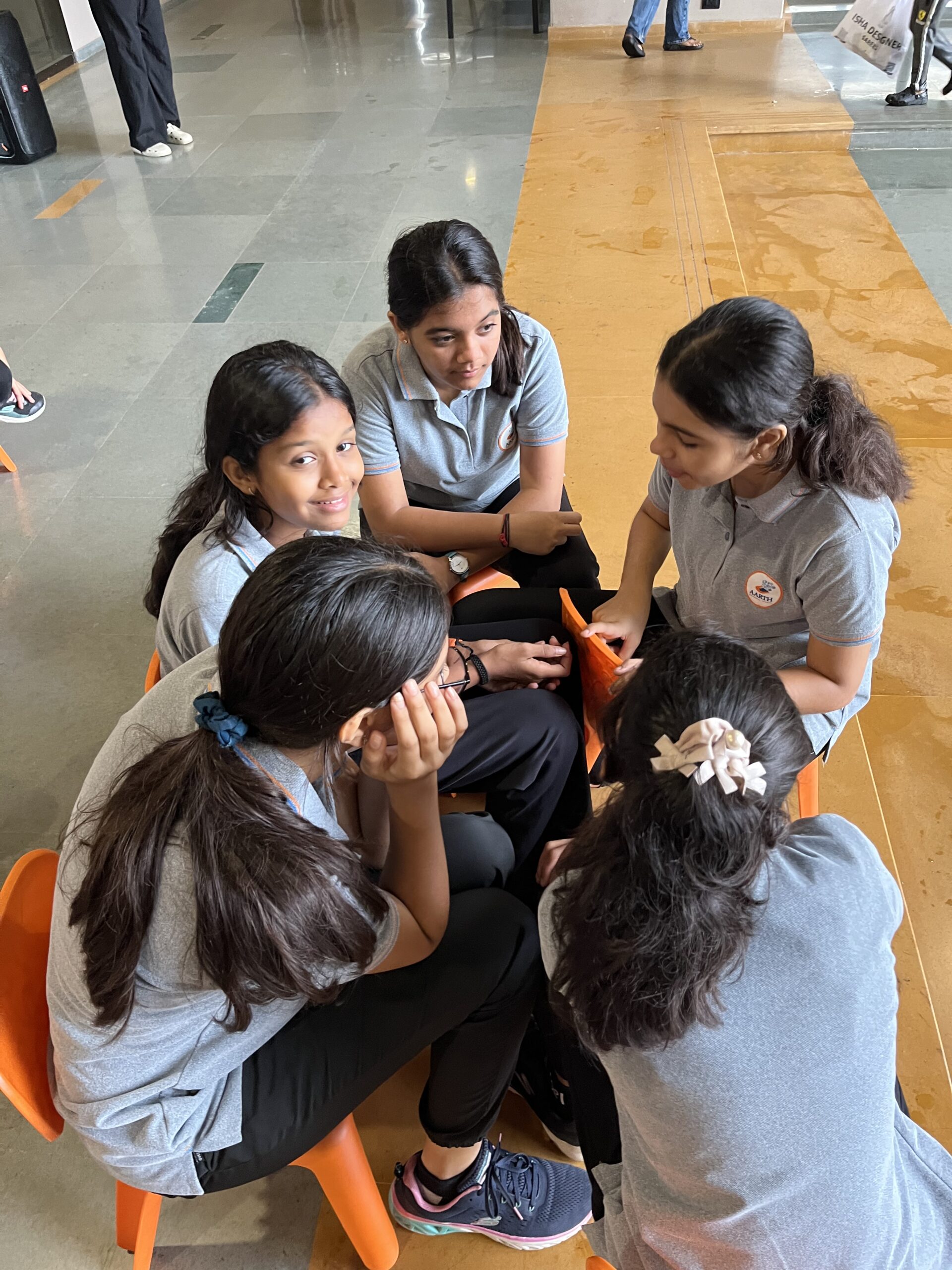
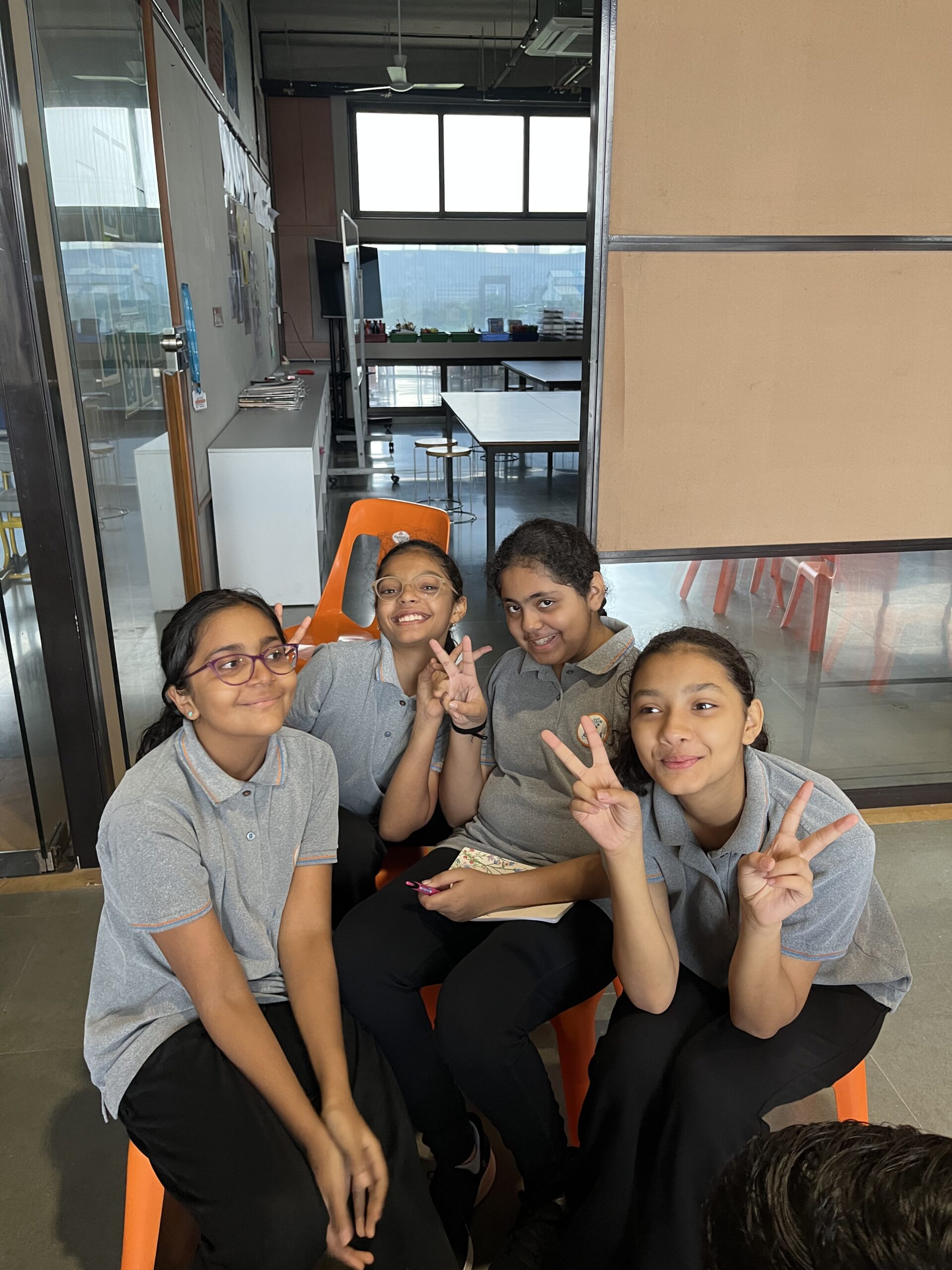
Community Time
At Aarth, we believe in fostering a sense of community. During this time, students across grades engage in community-building activities, enhancing their interpersonal skills and promoting unity among peers. This time is also used to identify solutions for concerns brought out by members of the school community. This mixed-age interaction supports children in building healthy relationships and also provides an opportunity to hone their problem-solving skills.

SOLE - Self Organised Learning Environments
Self Organised Learning Environments (SOLE), popularised by Dr. Sugata Mitra, an education scientist, is an approach designed to promote inquiry and foster self-directed learning. During SOLE sessions, using the internet, the students work in groups to find answers to a Big Question that fires up their curiosity and imagination. Without an easy answer, Big Questions reach across many disciplines and subjects to provide a deep, meaningful context for exploration. Developing 21st-century skills such as digital literacy, collaboration, communication skills and critical thinking are key elements of SOLE.

Personal Hour
The Personal Hour is a versatile period that caters to individual needs. It includes:
- Individual Inquiries: A time for students to explore their personal interests and curiosities.
- Support with Assignments: Students can receive one-on-one assistance from teachers to enhance the performance in their assignments.
- Projects: A dedicated slot for working on collaborative projects, fostering creativity and teamwork.
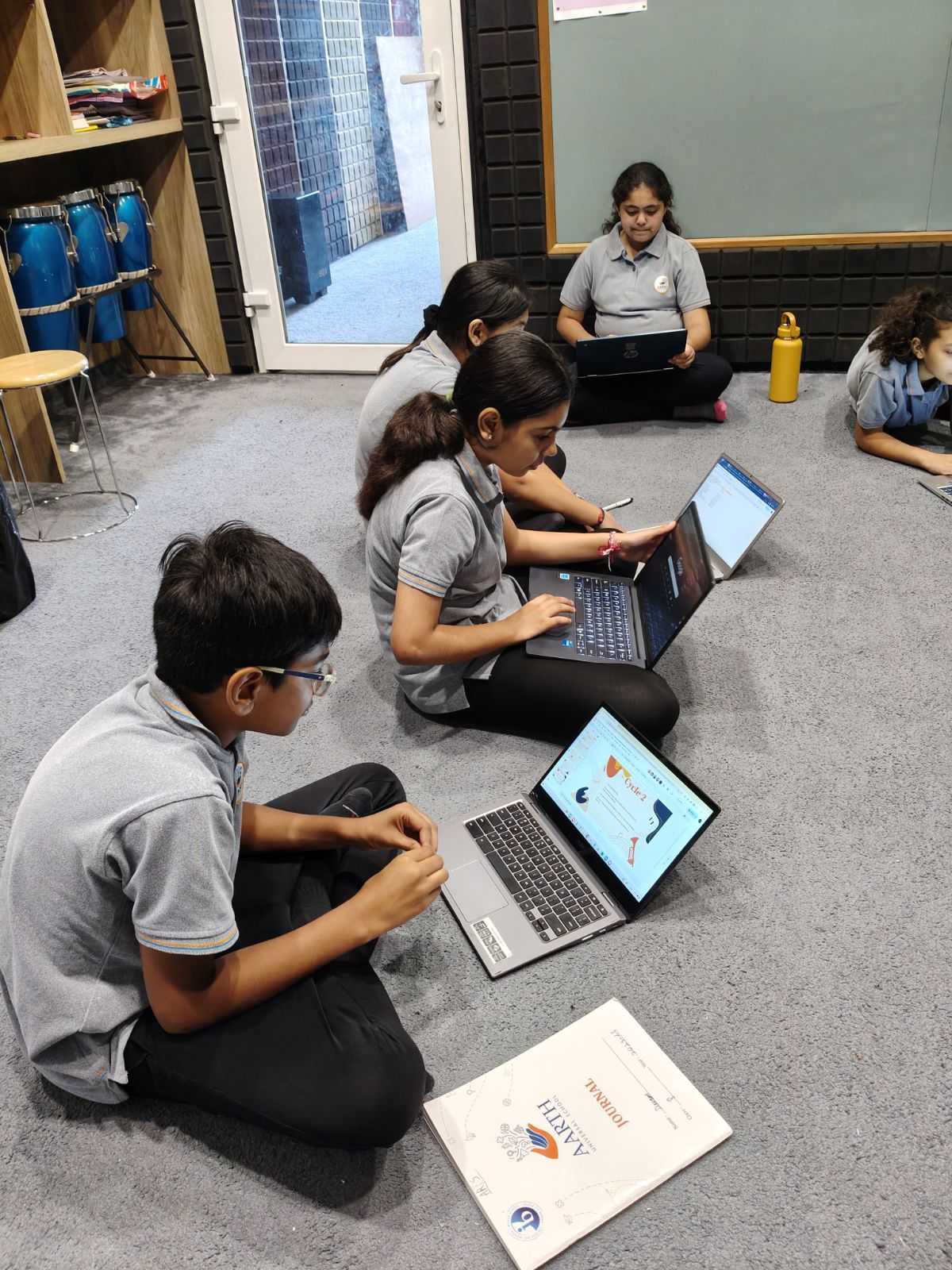
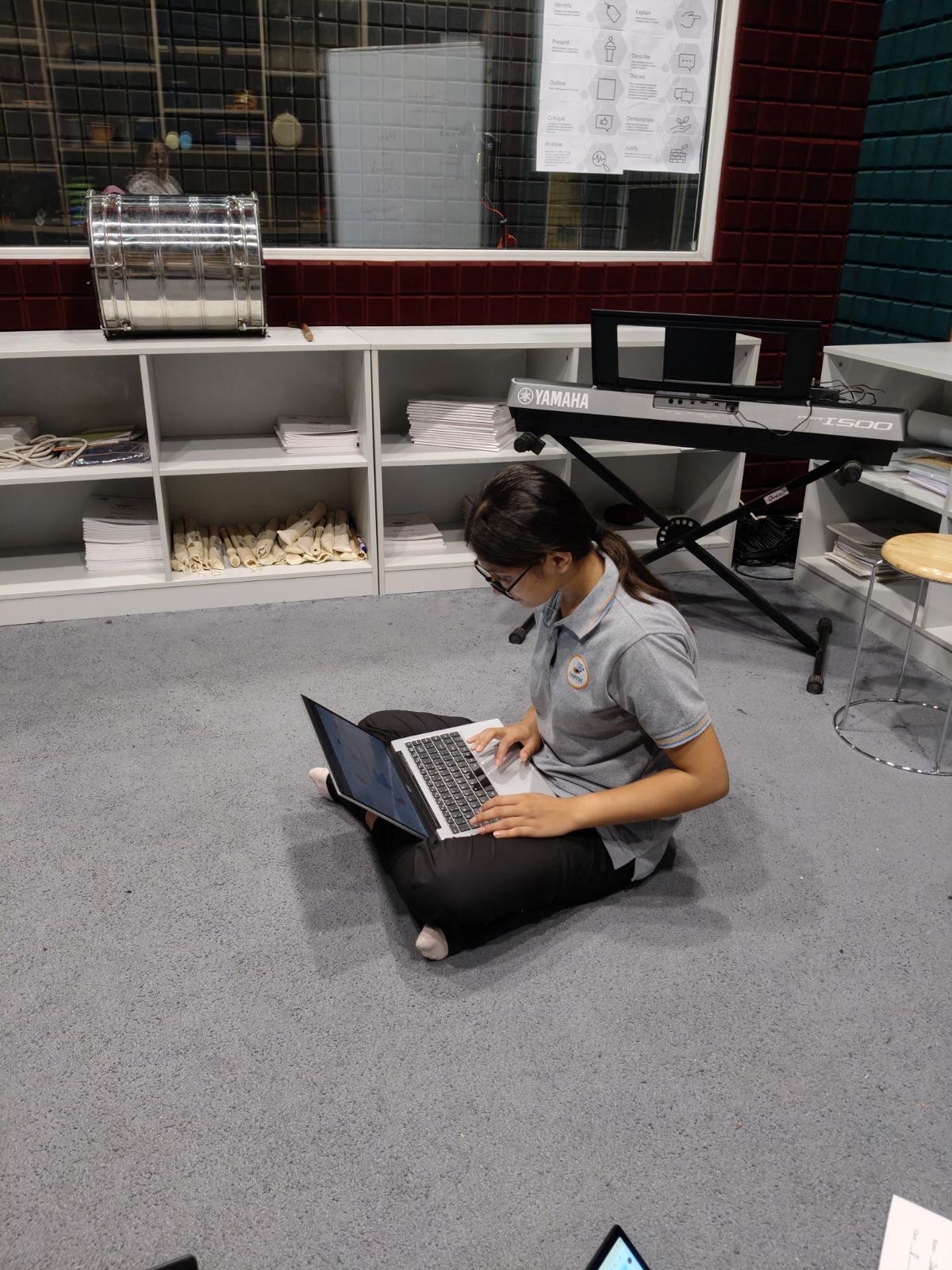
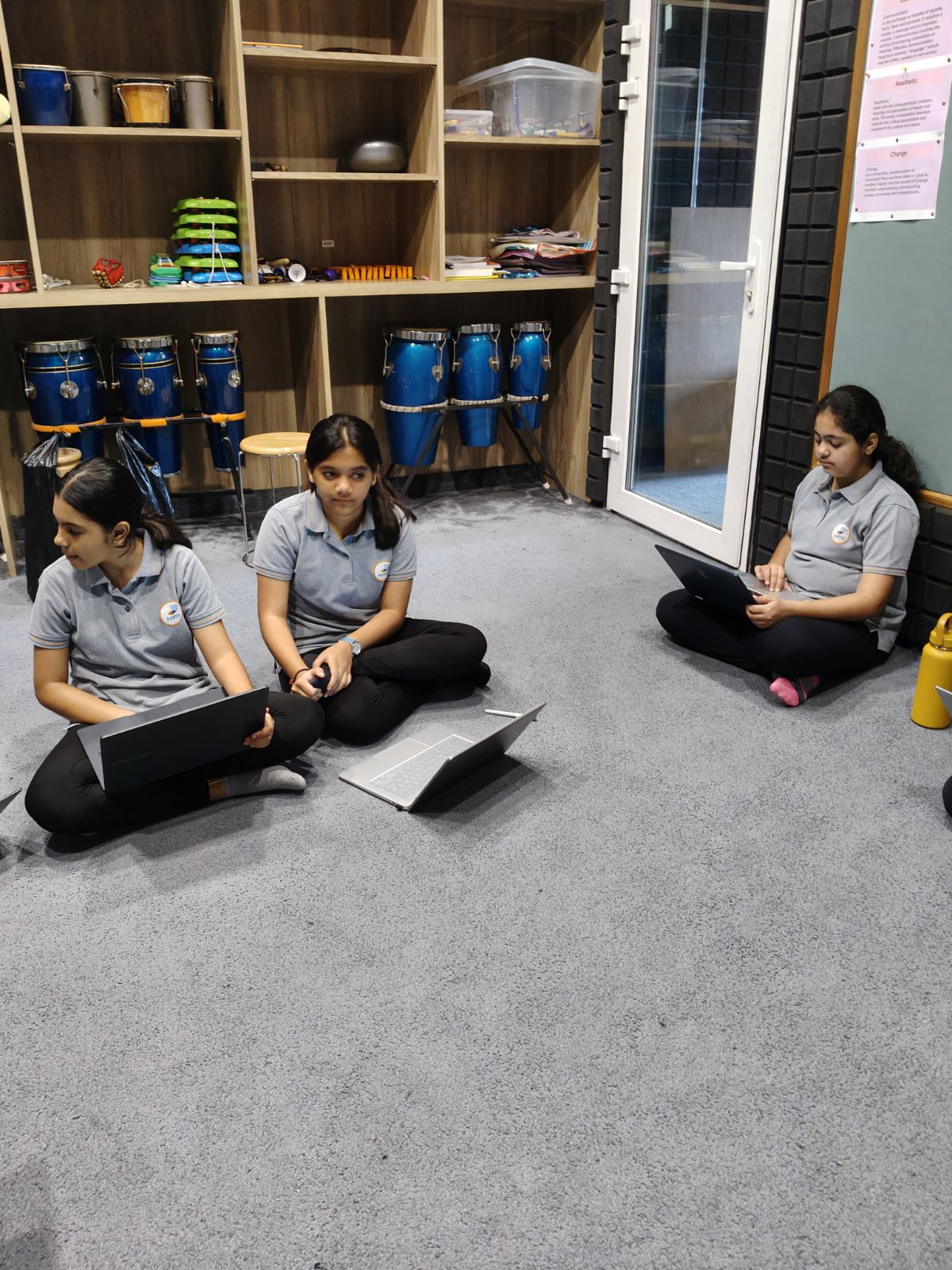




Lunch and Recess Times
We understand the importance of a balanced lifestyle. Students enjoy a nutritious lunch, followed by a recess time where they can unwind, play, and recharge for the rest of the day.


IIMUN Club
( India’s International Movement to Unite Nations )
The IIMUN club aims to create global citizens with an Indian mindset. It is a movement that promotes Indian culture and values, international understanding and global unity. Through Model United Nations (MUN) simulations and engaging discussions, students develop critical thinking, public speaking, and leadership skills while exploring real-world problems and solutions. This Club help students to become well-rounded and informed citizens who are prepared to make a difference in the world.

Book Buddy
Aarth Universal School encourages a love for reading. Our Book Buddy programme pairs students with reading buddies across grades to share and discuss their favourite books, enhancing their literacy skills and expanding their horizons. This gives students a chance to interact with peers from other grades by reading aloud to and listening to one another. Additionally, it improves social skills.

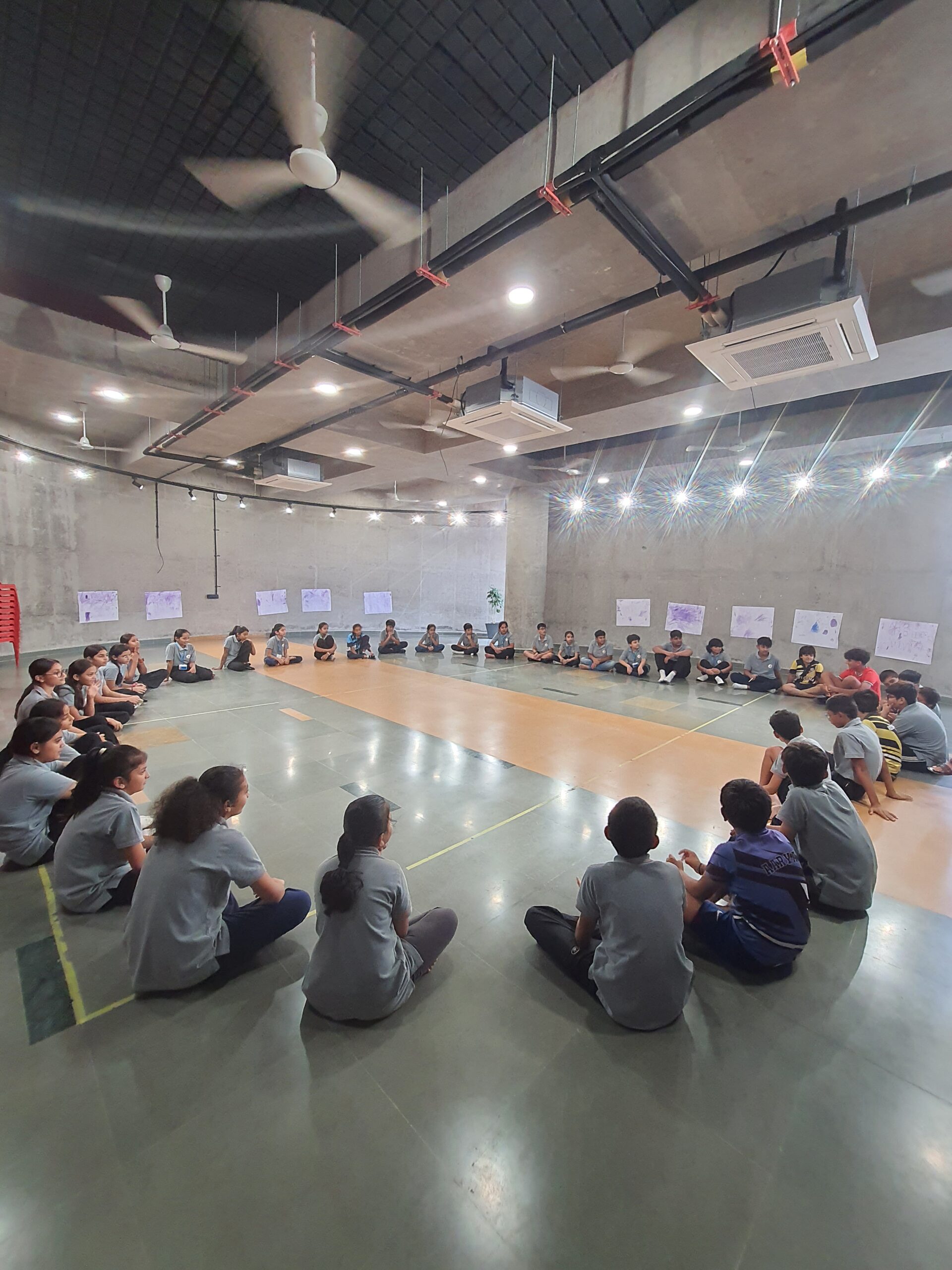
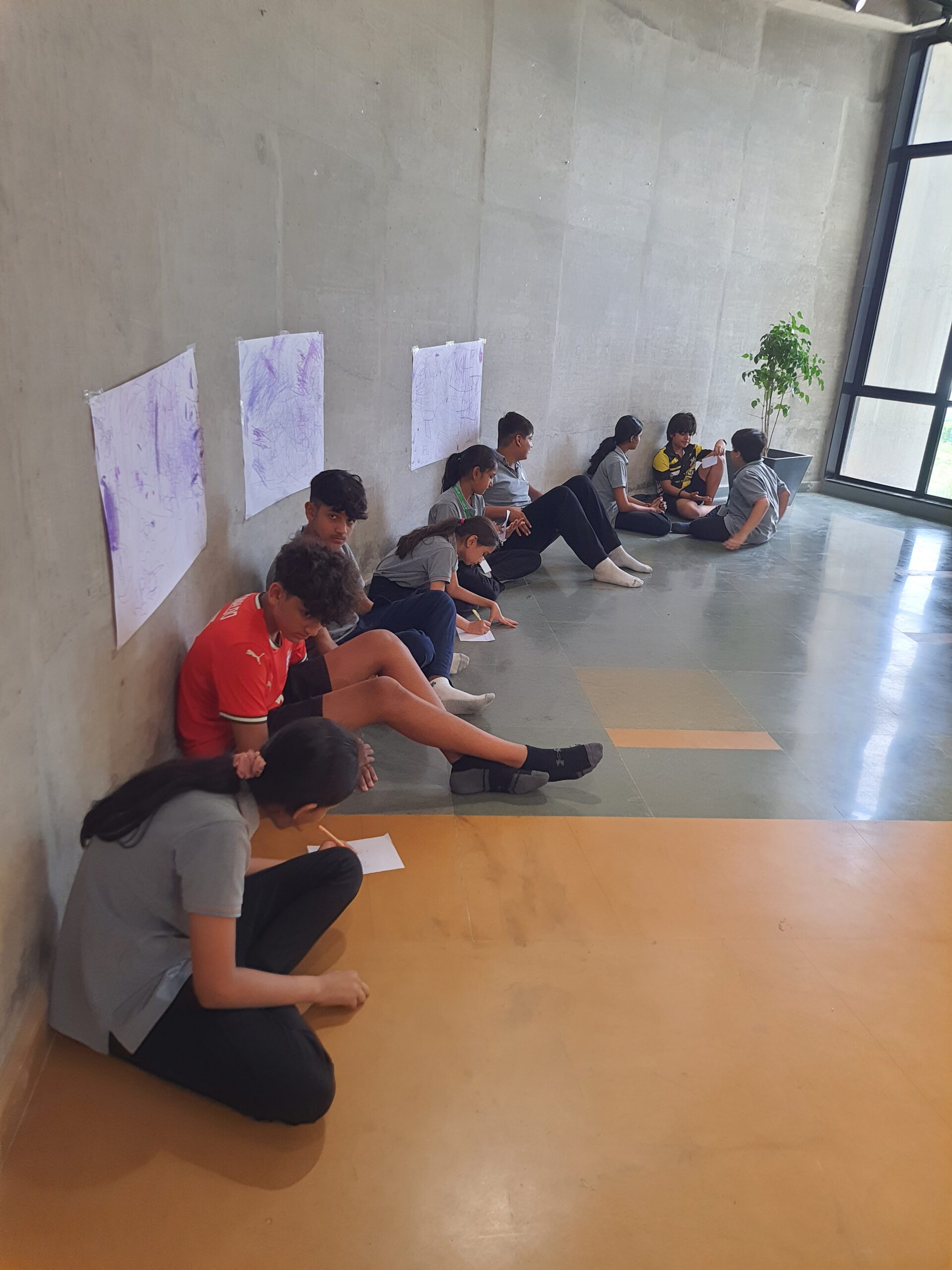
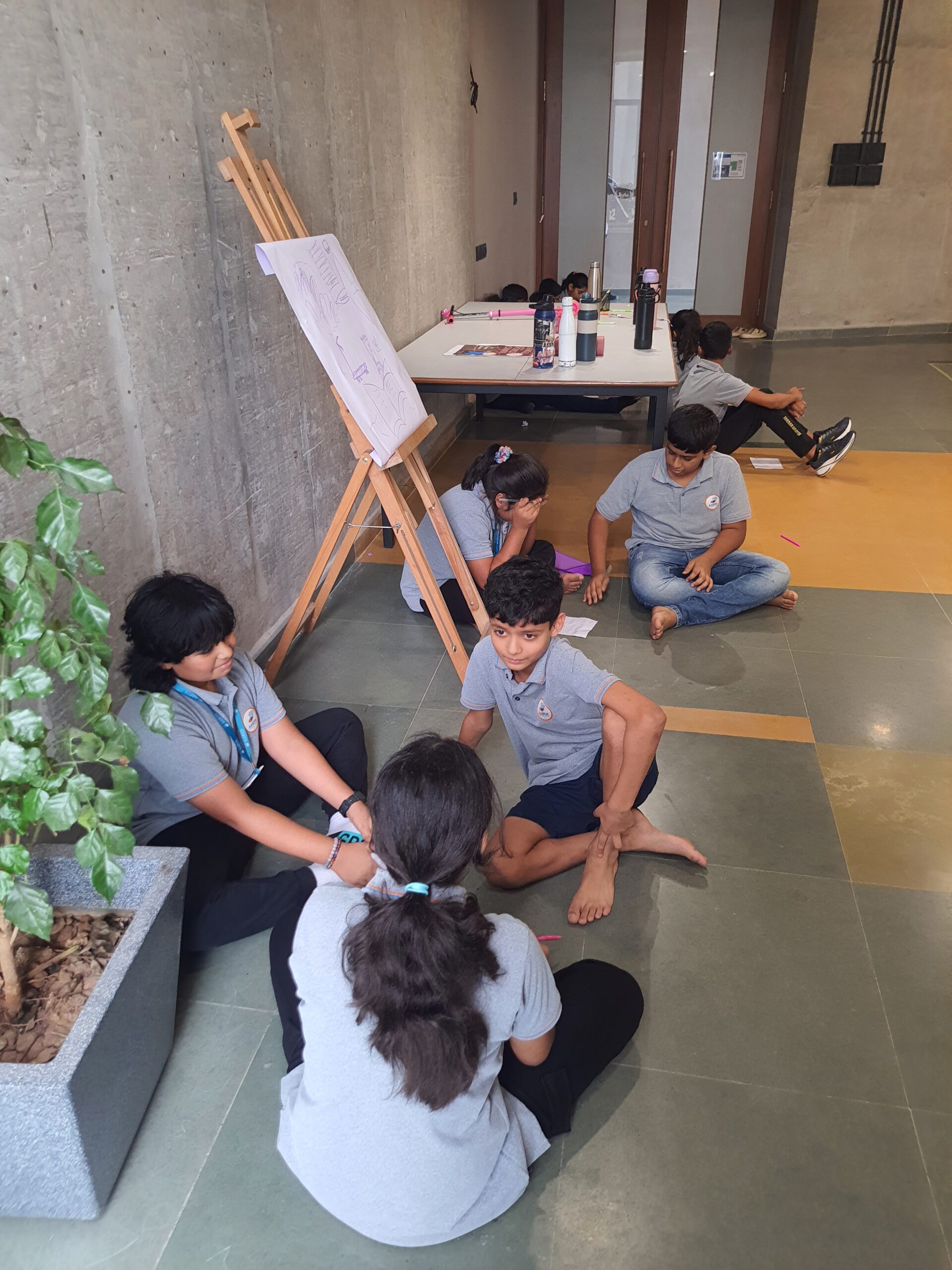
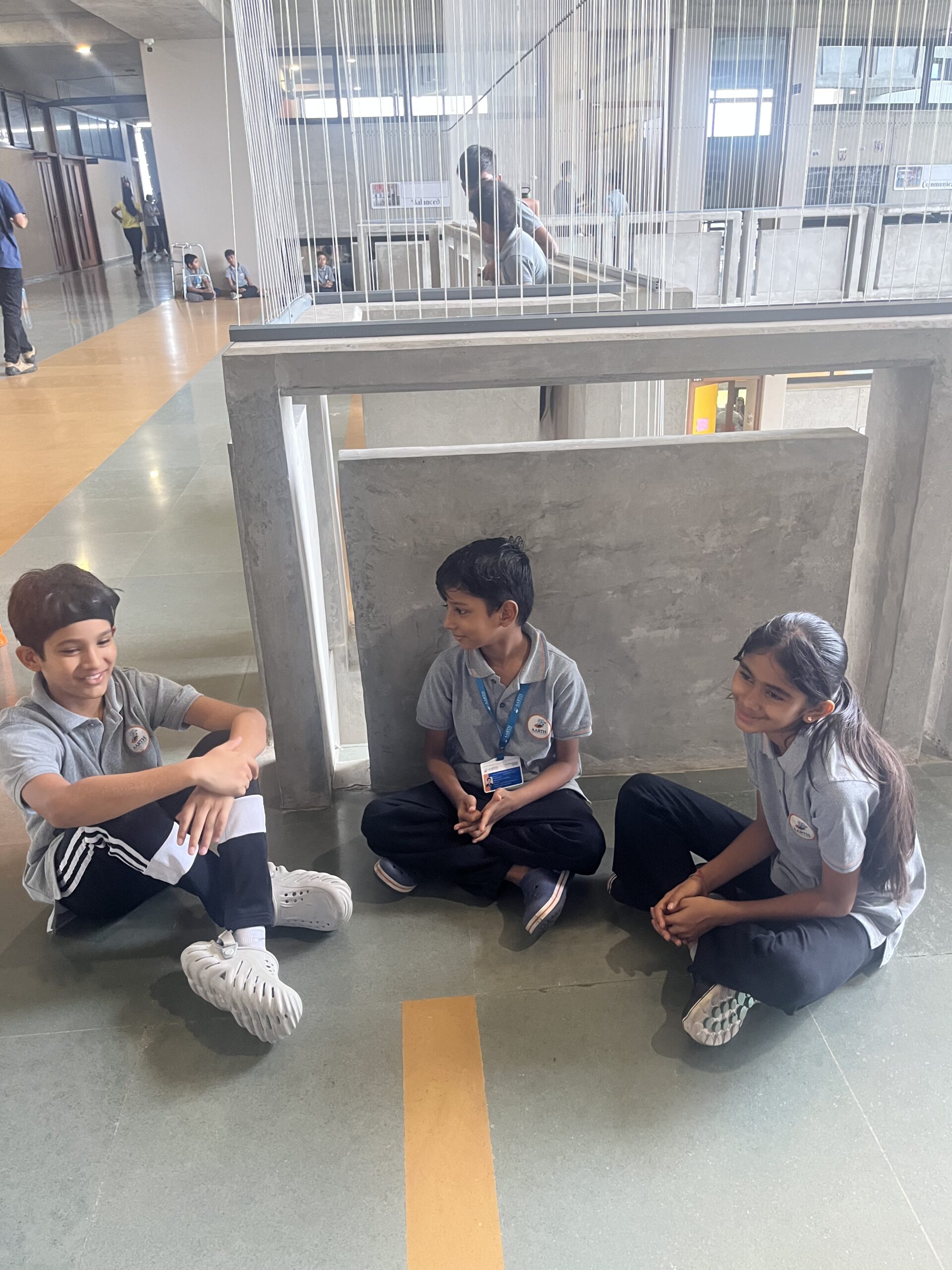
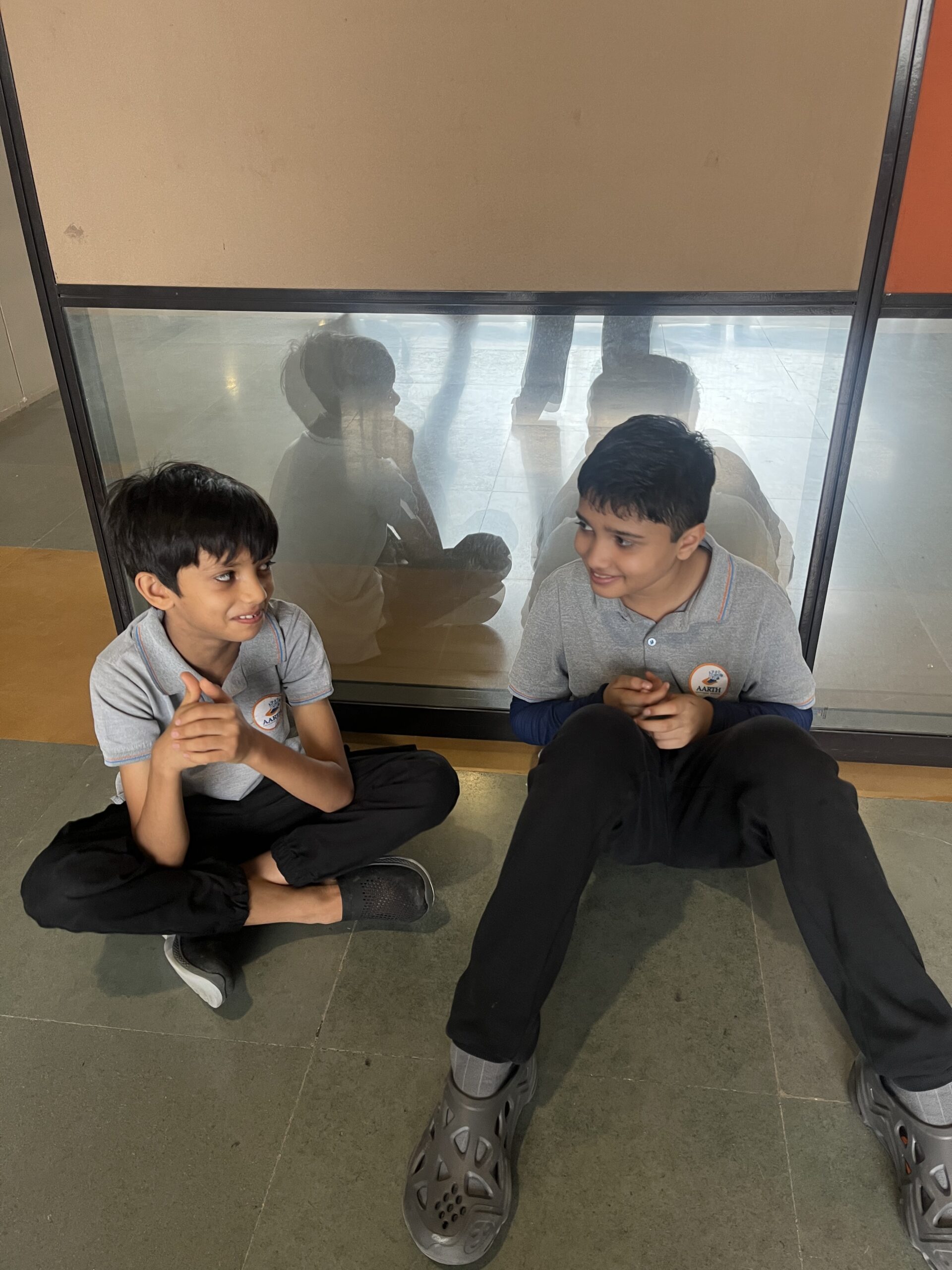
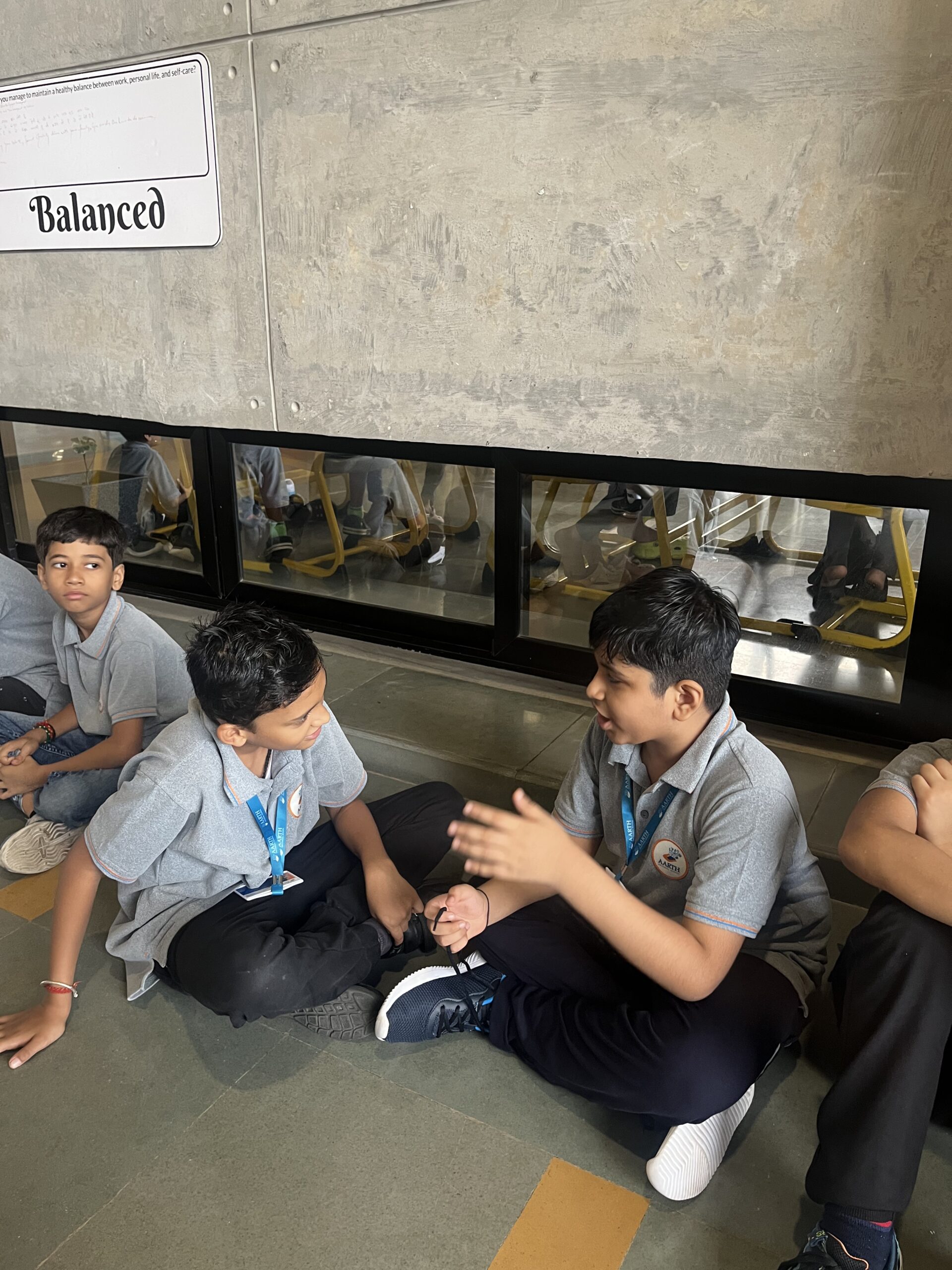
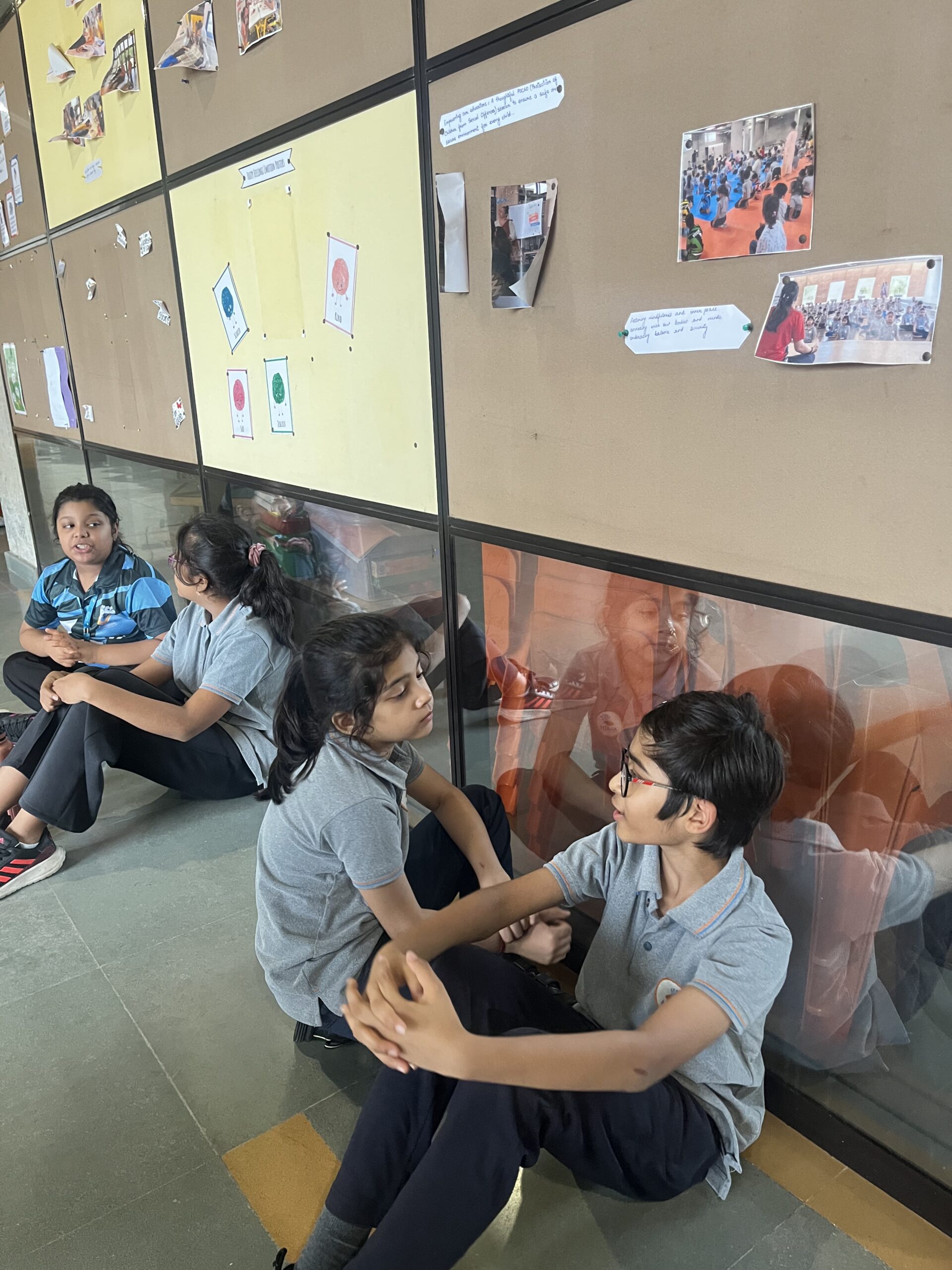
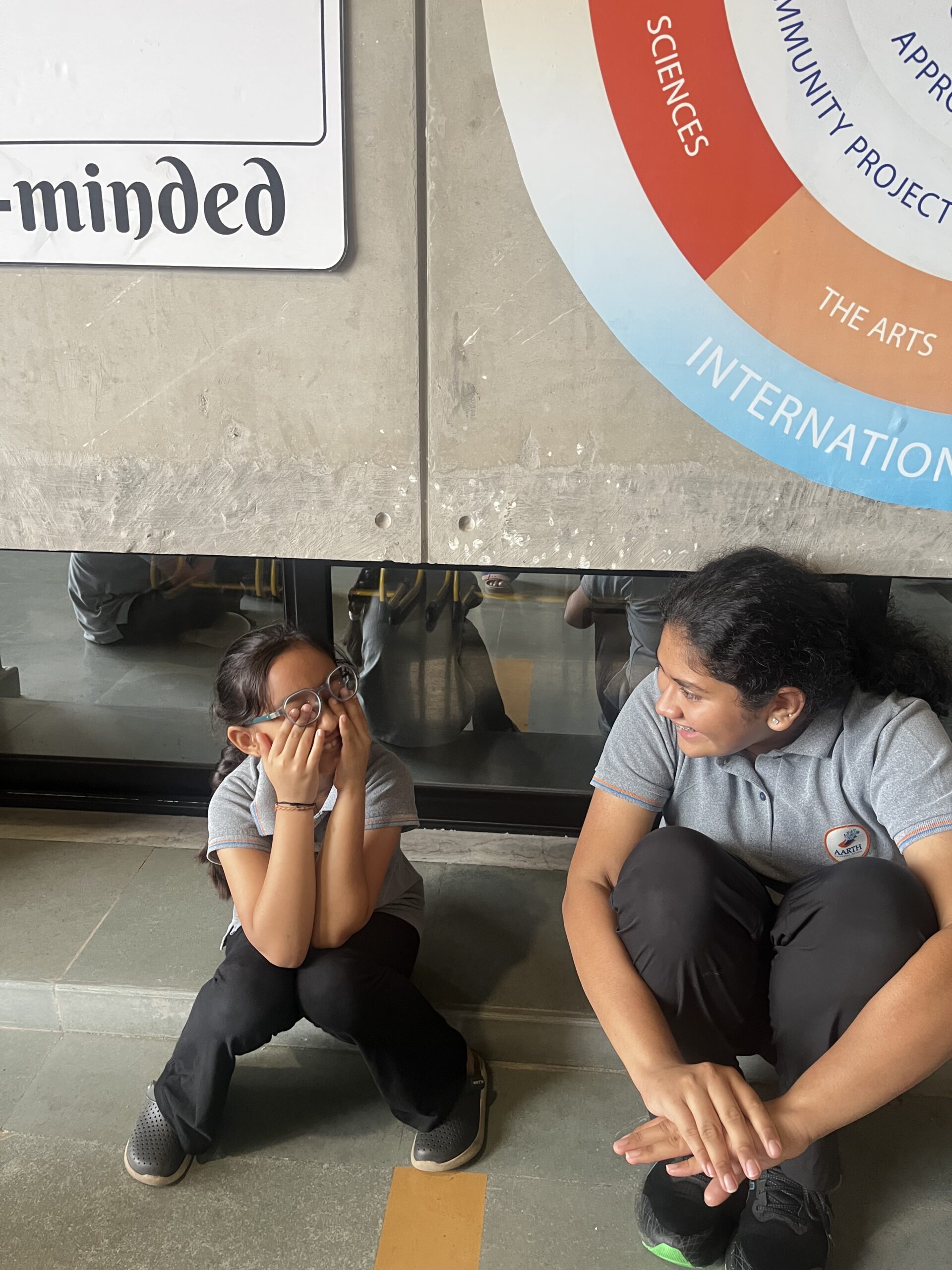
Library
The library at our middle school serves as a vibrant hub of learning and exploration. It’s a sanctuary where students delve into the world of literature, research, and imagination. With a diverse collection of books, digital resources, and a cozy reading nook, our library fosters a love for reading and supports academic endeavours. It’s not just a place for quiet study but also a venue for collaborative projects and discussions.

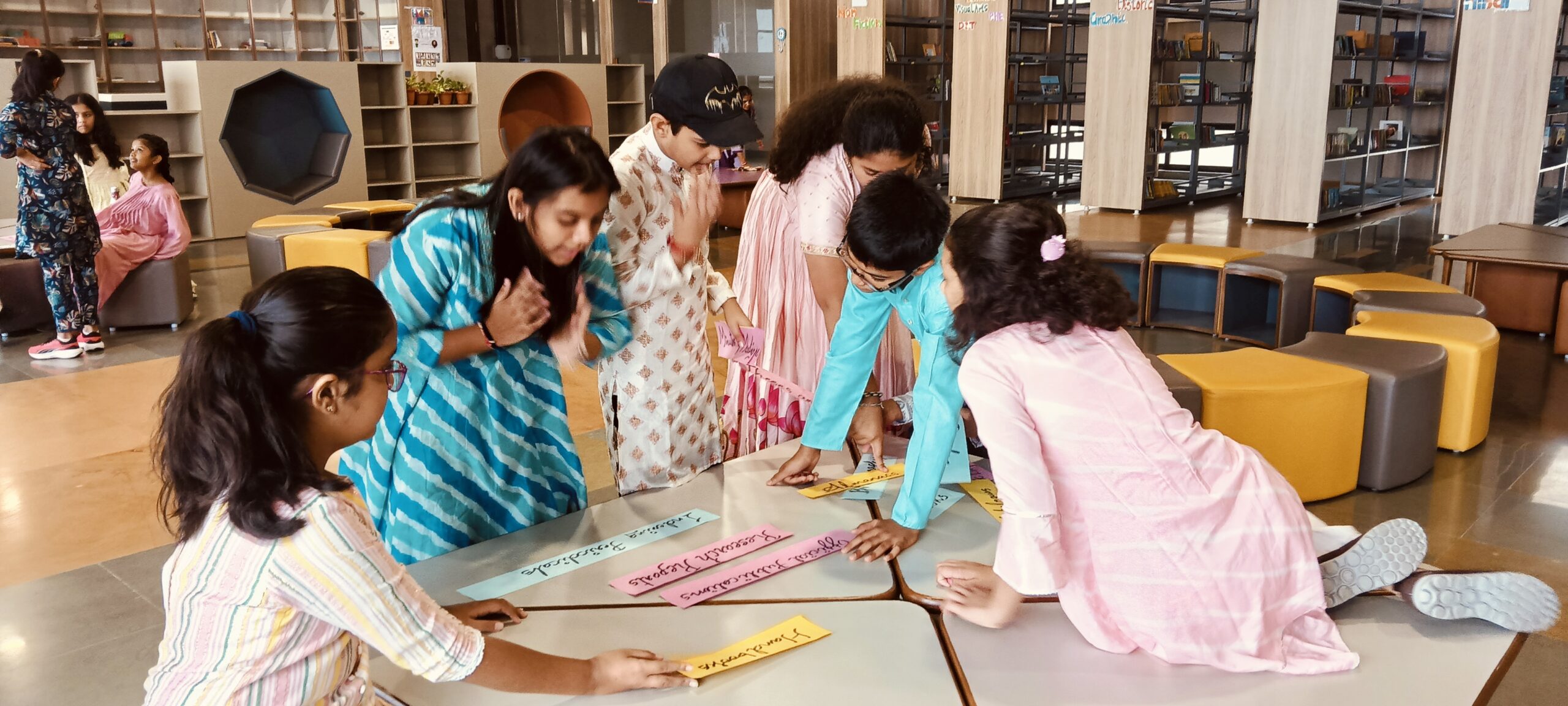
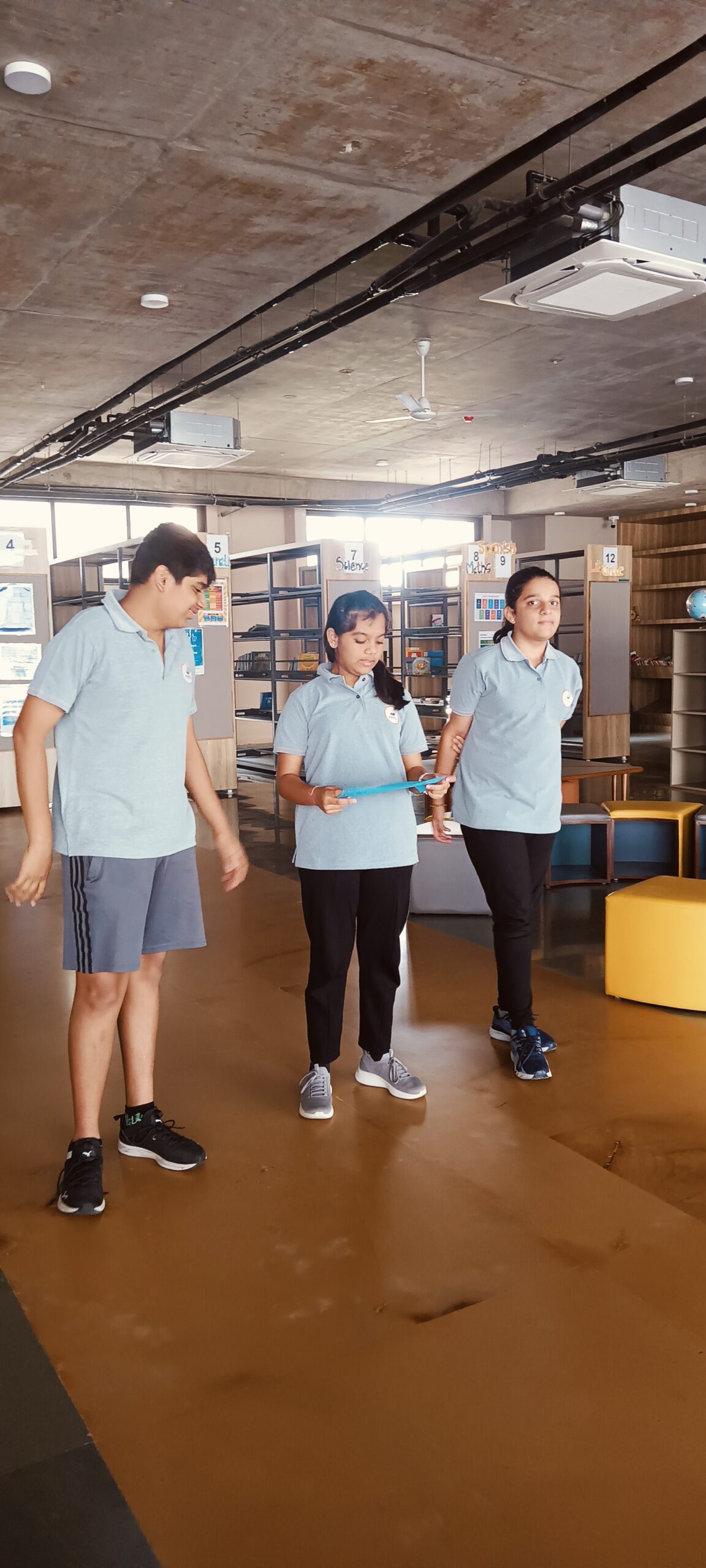
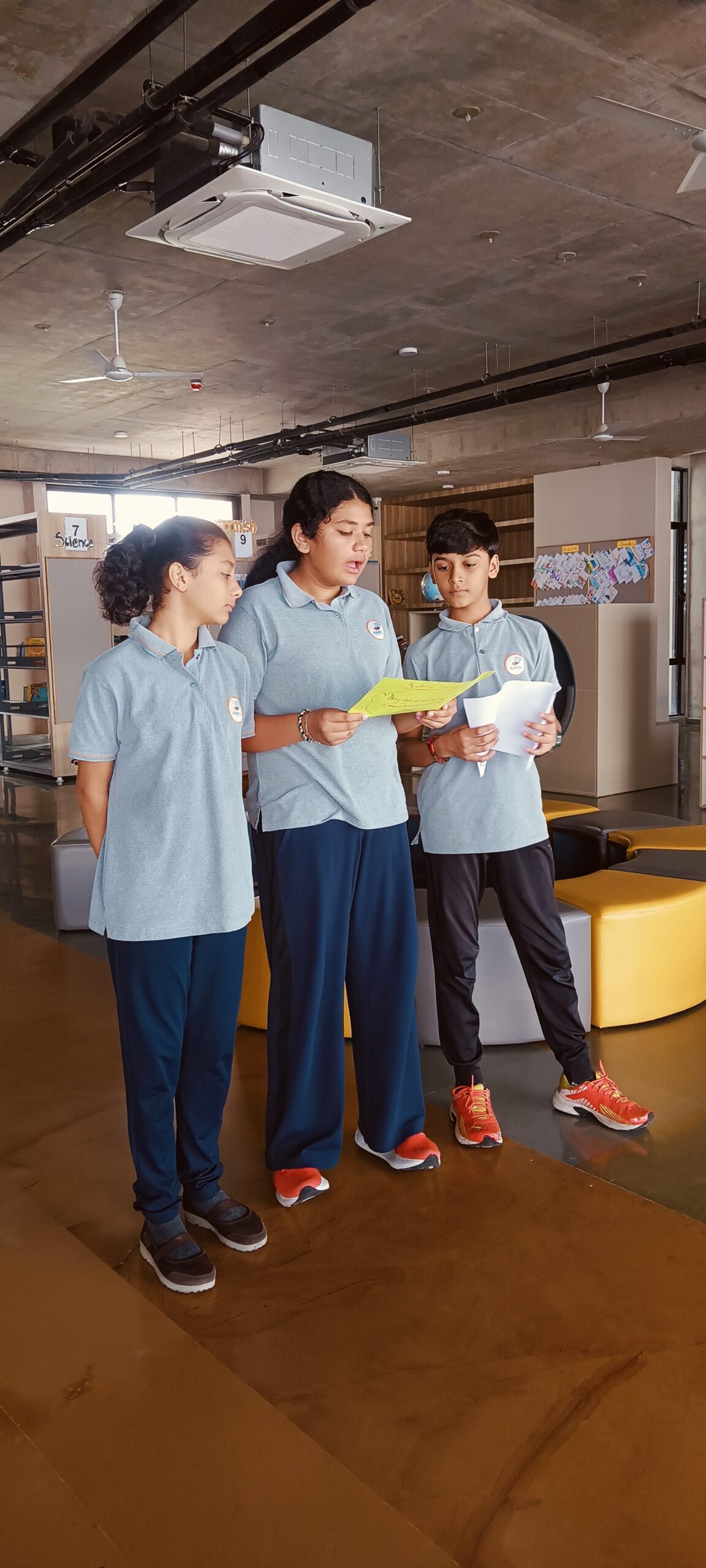
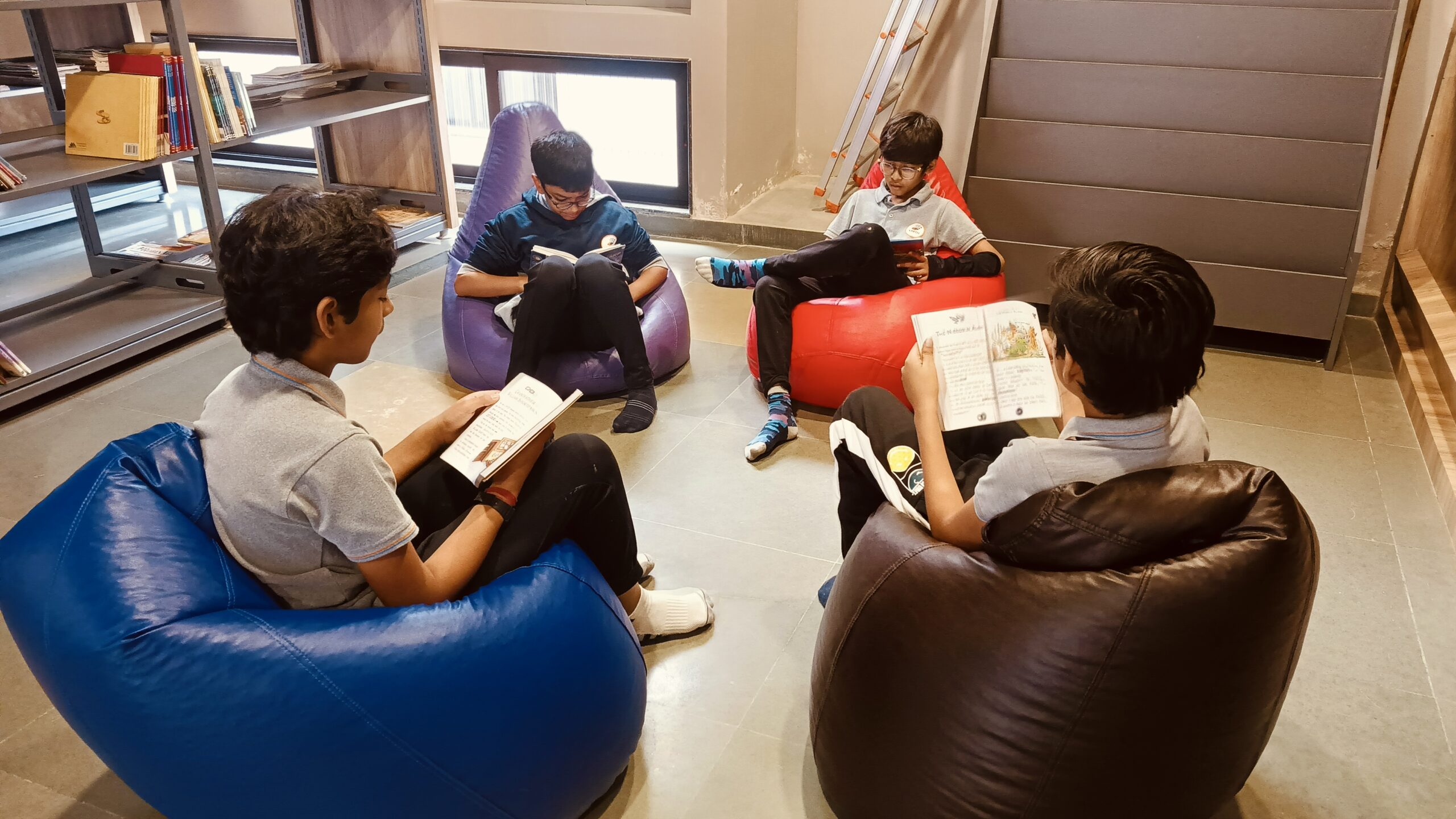
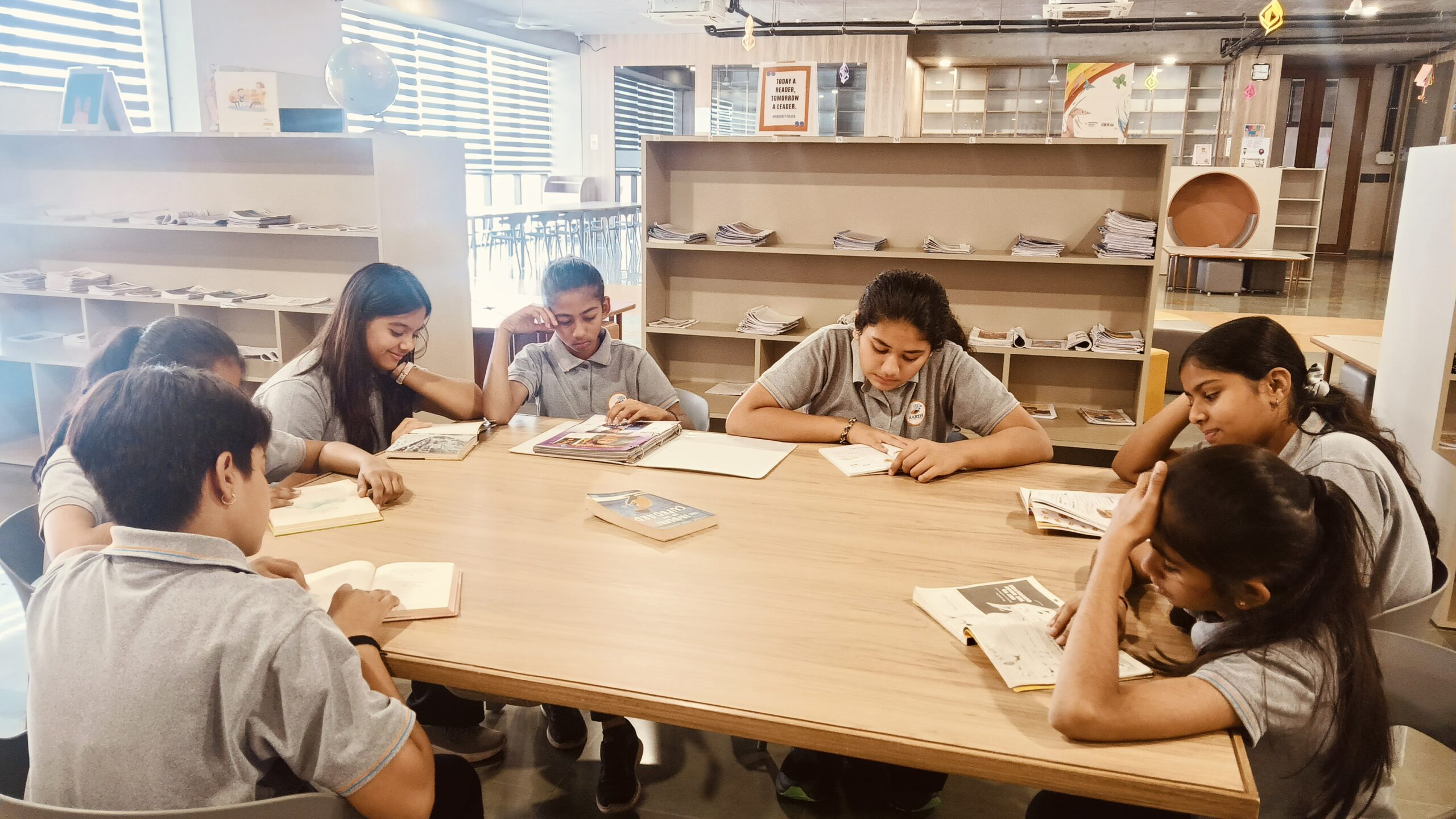
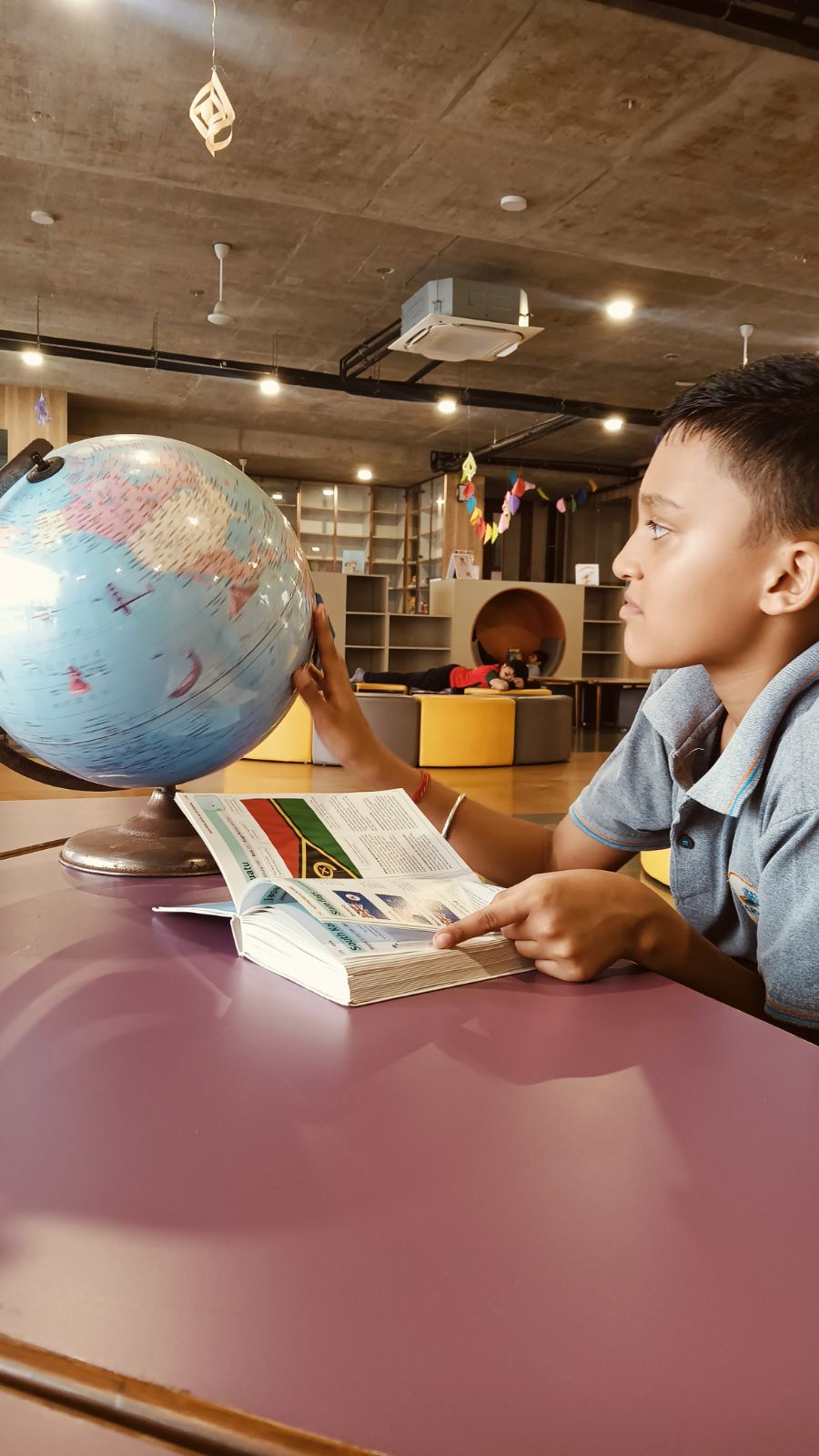
House Mottos and Heritage
At AARTH Universal School, we are deeply connected to our rich Vedic heritage, with our house motto rooted in the original squadron mottos of No. 17, 22, 33, and 44 squadrons of the Indian Air Force. These mottos embody our unwavering spirit and our commitment to constantly push our boundaries, aspiring to reach greater heights.
In honour of the global movement towards gender equality and as a tribute to the resilient Indian women who challenged and overcame the stereotypes of their times, our houses are named after four remarkable figures, each with a guiding motto and cheer:
Savitribai
Laxmi Bai
Lady Cama
Sarojini
Savitribai
उदयं अजस्रम् Aale aale aale Savitrians aale Josh hai, Umang hai Jeet ki yeh aag hai Aale aale aale Savitrians aale
Savitri Bai Phule, a pioneering educationalist, social reformer, and poetess from Maharashtra, serves as an enduring inspiration for us, the Savitrians. As a passionate advocate for girls’ education, she co-founded India’s first girls’ school, overcoming immense challenges along the way to create a brighter future.
As Savitrians, we aspire to be risk-takers, open-minded, and lifelong learners. Like Savitribai, we will stand firm with determination and strength. We are committed to embodying empathy, courage, respect, and responsibility in all that we do.
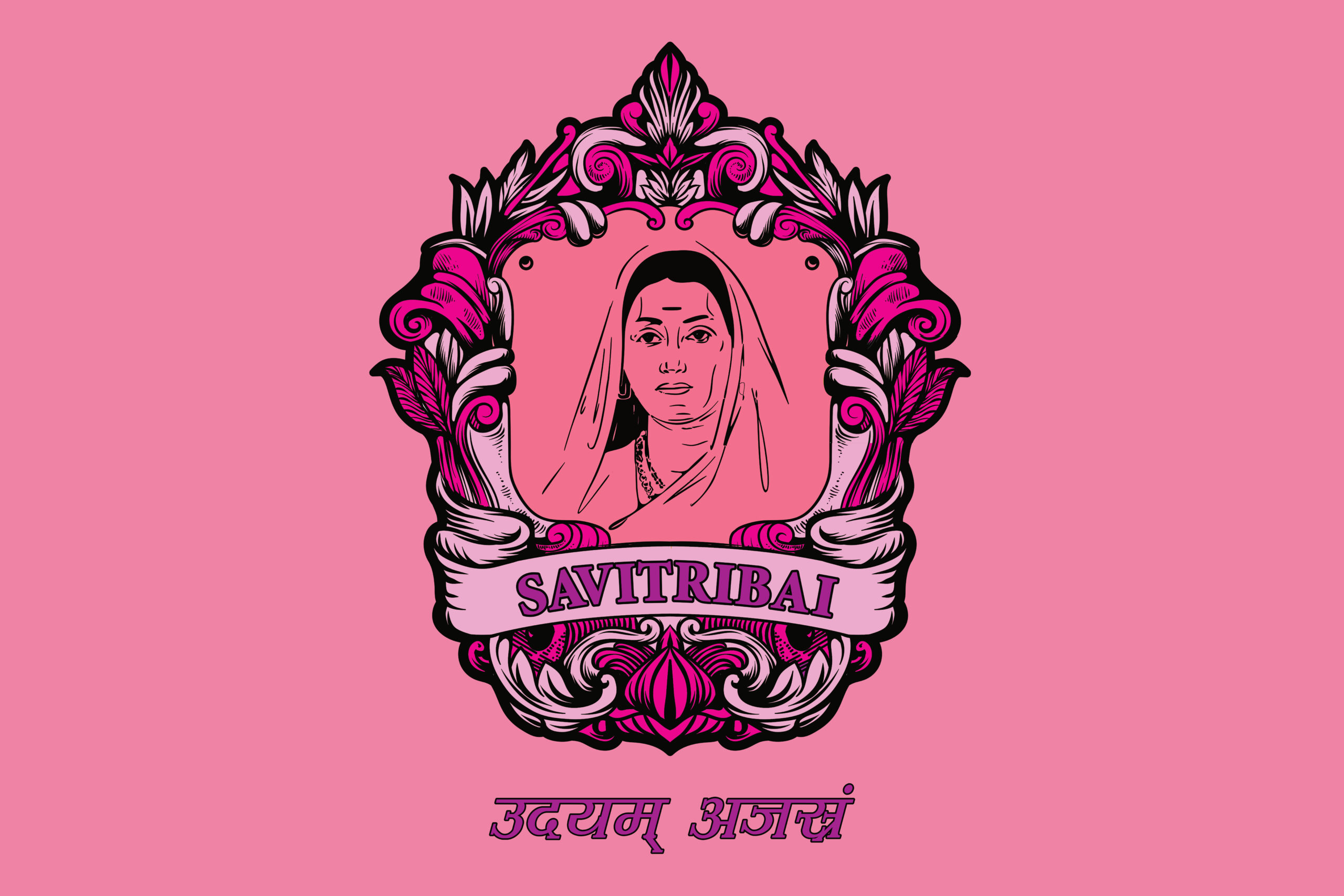
Laxmi Bai
साहसे विजयते Yeun yeun yenar kaun Laxmibai Shivaay aahech kaun?
Khub ladi mardani, woh toh Jhansi wali Rani thi! Rani Laxmi Bai, our inspiration, was a symbol of bravery, intelligence, and unwavering dedication. As a courageous warrior, she fiercely defended her country against invading forces, leaving behind a legacy of strength and resilience.
Inspired by her virtues, we strive to embody both courage and respect. Like Rani Laxmi Bai, we will demonstrate unwavering bravery in the face of adversity. “Never give up” is our guiding motto, pushing us to achieve victory with determination and perseverance.
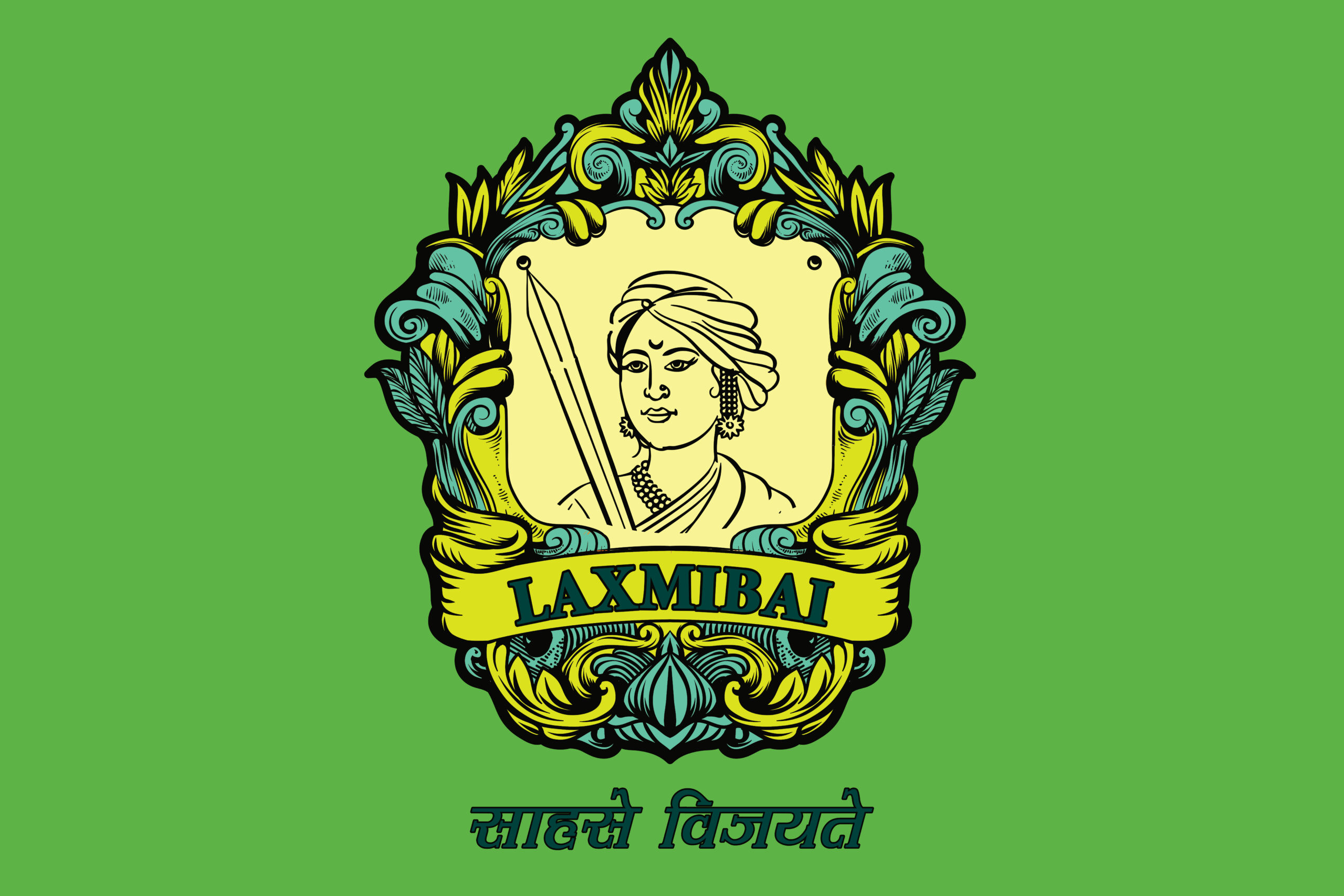
Lady Cama
इष्टं यत्नेन सध्येत One team, One dream Look up, get up, Never… give up Camas never give up… (2)
‘Lady Cama,’ or Bhikhaji Cama, stands as a remarkable figure in Indian history. With boldness and courage, she co-designed and proudly hoisted the Indian National Flag on foreign soil, making her a symbol of fearless patriotism.
Inspired by her legacy, we will show courage by stepping out of our comfort zones and taking on challenges. We will uphold integrity by working with honesty and taking responsibility for our actions. Like Lady Cama, we will continue marching forward with determination, focused on achieving our goals.
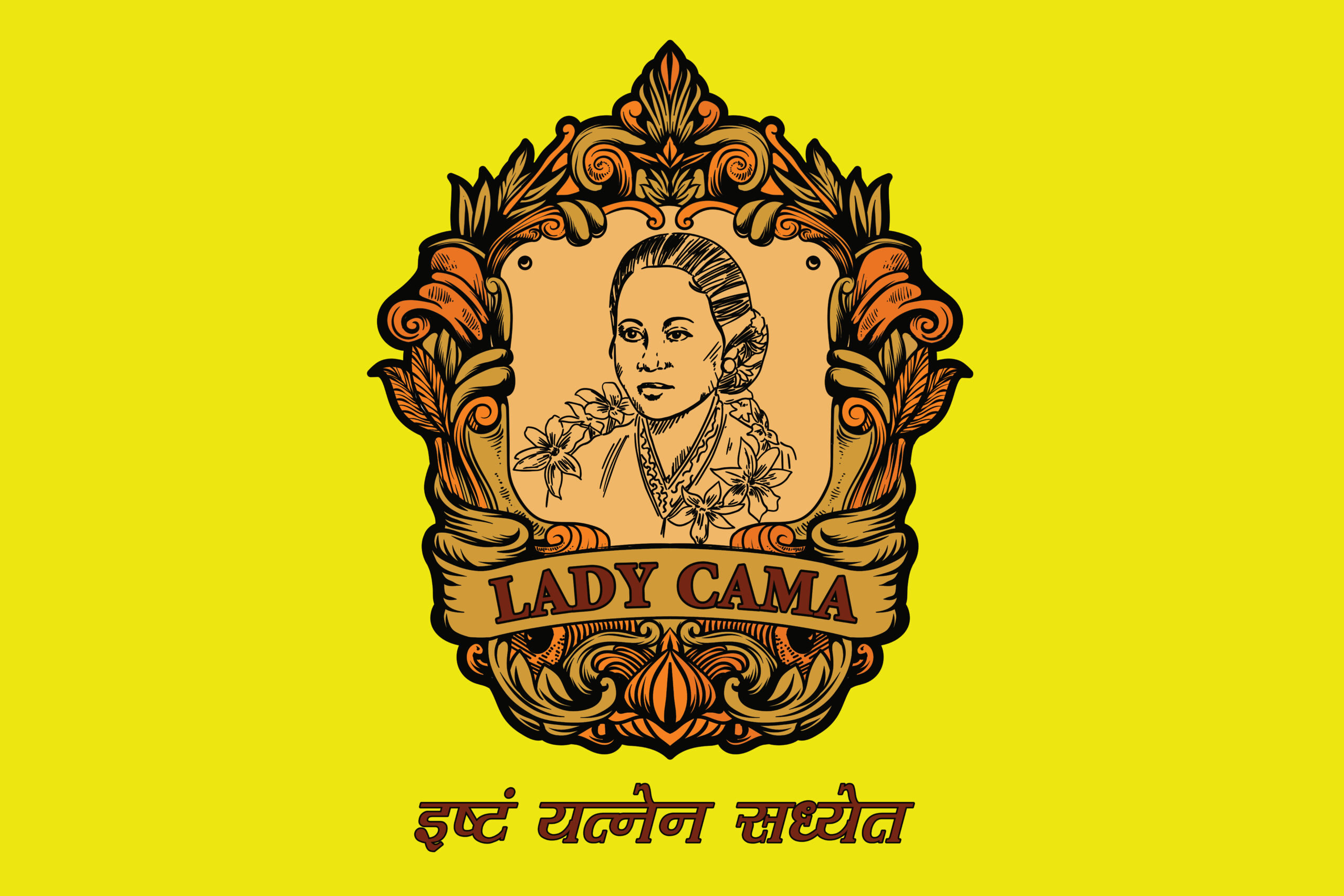
Sarojini
श्रमो ददाति सिद्धिम् Sarojini, Sarojini, We rise We fall We are the winners We take it all!!!
Smt. Sarojini Naidu, the Nightingale of India, is the inspiration behind Sarojini House. A celebrated poet and a key figure in India’s fight for Independence, she embodies grace, intellect, and resilience.
As Sarojinites, we are committed to upholding the school’s core values of responsibility, excellence, and courage. Like Sarojini Naidu, we will have the strength to address important issues, take ownership of our actions and their outcomes, and relentlessly pursue our passion for excellence, guided by a spirit of mutual respect and integrity.
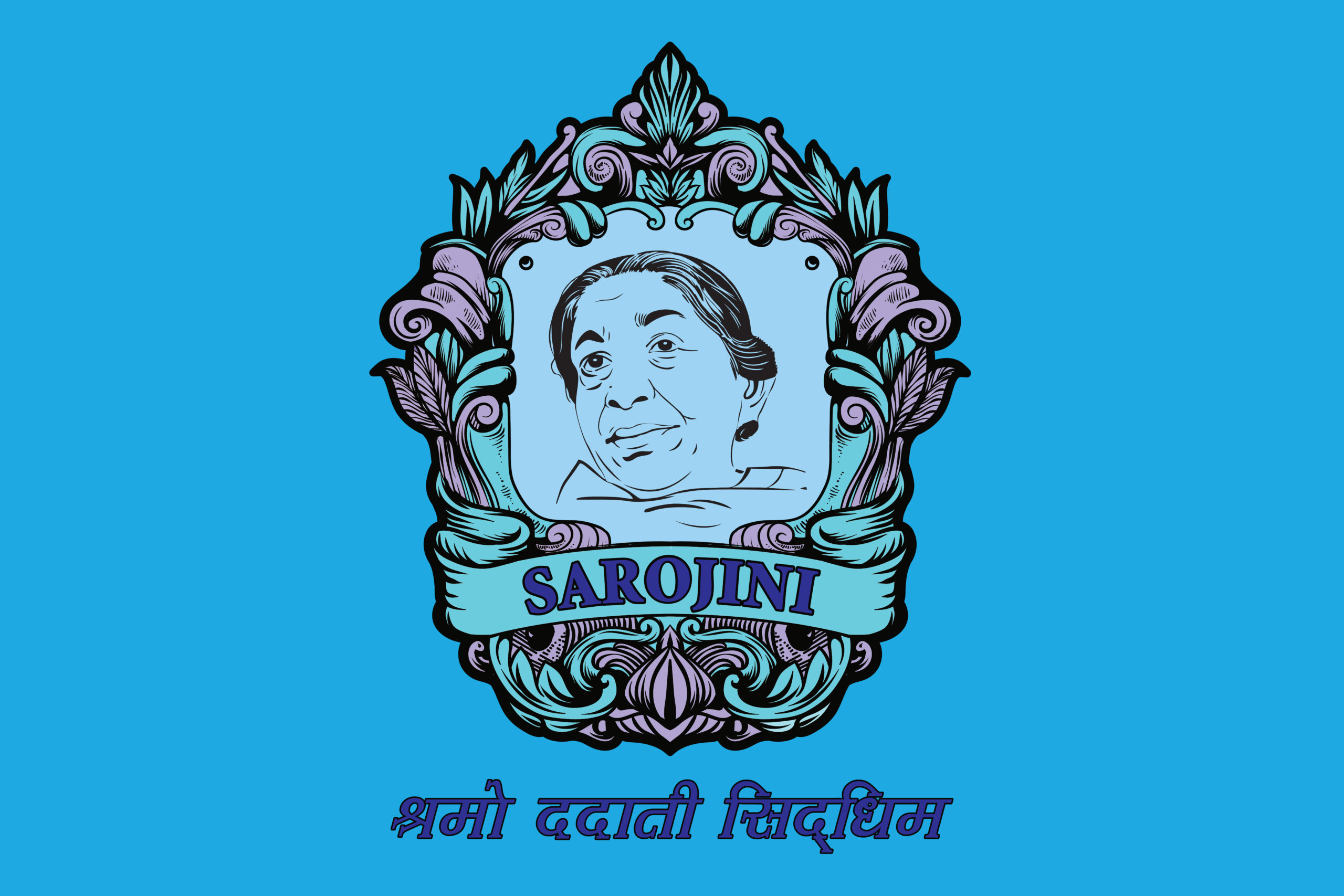
Facilities in the school
Ac Buses
Well Equipped Library
Art Room
Design Tech
Language Rooms
Dance Room
Music Room
Sports Ground/facilities
Dining Area
Ac Buses
Our School Buses offer air-conditioned comfort alongside cutting-edge safety features. Each bus boasts cameras for incident monitoring and GPS tracking for real-time location updates. Enjoy peace of mind knowing your child travels safely, securely, and cool!

Well Equipped Library
Library – The Book Cafe is not a quiet space with rows of bookshelves. They’re evolving into dynamic learning hubs that cater to students of all ages and interests.
Here’s a brief overview of what you can expect:
Vibrant picture books for early learners, picture books and engaging chapter books for middle graders, chapter books, diverse young adult literature for high schoolers, young adult literature in a school library, and non-fiction selections on various topics to pique curiosity. Our e-library includes but is not limited to Access to online databases and ebooks, Online databases in a school library, Educational apps and games for interactive learning, and Digital storytelling tools for creative expression. Flexible furniture like Beanbags and comfy chairs for relaxed reading, collaborative tables for group projects, Quiet nooks for individual study, and Interactive panels for engaging presentations in short our library is designed to be inclusive, engaging, and empowering spaces that ignite a love of reading and learning in every student.



Art Room
Gone are the rows of desks! Our Mimesis (Visual Art Room) is a vibrant space buzzing with creativity. Light streams through open windows, illuminating easels, 3D printing stations, and a collaborative mural in progress. Students experiment with digital tools alongside traditional paints, exploring everything from animation to wearable art. Laughter mixes with the hum of projects, as students learn, express, and connect, making art truly come alive.




Design Tech
A modern धी HUB (Design & Tech Room) hums with innovation. Think flexible zones for tinkering, coding, and brainstorming. 3D printers, while collaborative areas buzz with students using tablets and smart screens. Natural light streams through, and vibrant posters inspire creativity. It’s more than a classroom; it’s a launchpad for future makers and thinkers.



Language Rooms
Our Linguistic Oasis (Language Lab) is a dynamic space fostering personalized learning and global communication skills.

Dance Room
Our Abhivyakti (Dance Rooms) go beyond mirrored walls. Think of ample space for diverse styles, natural light for expressive movement, and sound systems amplifying creativity. A stage and storage for props fuel performance dreams, while a versatile layout enables rehearsals, workshops, and community events. It’s a space where bodies speak, imaginations soar, and artistic visions take flight.


Music Room
A well-equipped Jam Studio (Music Room) fosters creativity and learning. Acoustic panels for pristine sound, instruments like keyboards, drums, and violins, music stands not limited to these, storage for sheet music and instruments, and comfy chairs for rehearsals and learning. Tech-like interactive panels and audio systems enrich lessons. It’s a space where music comes alive!

Sports Ground/facilities
- The AARTH schoolyard buzzes with diverse activity. Football nets strain against eager kicks, while cricket bats crack rhythmic melodies. Laughter fills the air as basketball soars through hoops, and volleyball volleys dance above the net. Climbing frames and swings offer adventurous escapes, while a running track beckons sprinters and relay teams. Nature whispers from a shaded garden, inviting quiet exploration. A space for competition, collaboration, and joyful movement, the playground fuels young minds and bodies.
- Indoor sports complexes offer a fantastic way to stay active and enjoy various sports like table tennis, skating, yoga, gymnastics, and various other year-round, regardless of weather conditions.



Dining Area
Our खाऊ गली (Dining & Kitchen Area) boasts fresh and nutritious food prep, energy-efficient and innovative equipment, and focuses on sustainability. Delicious, nutritious meals are served in our welcoming dining area, featuring open floor seating and comfortable furniture to put on food plates. It’s where students fuel their learning and connect with friends!



Safety and Well-being at Aarth
At Aarth Universal School, the safety and well-being of the students, staff, and visitors are our highest priority. Our campus is crafted with state-of-the-art security measures and a proactive approach to ensure a safe, secure, and nurturing environment where learning can thrive.
Comprehensive Security Measures
Safe Transportation
Emergency Preparedness
Digital Safety
Emotional Safety
Comprehensive Security Measures
24/7 Surveillance: Our campus is equipped with CCTV cameras placed to cover all critical areas, ensuring continuous monitoring.
Secure Access Points: Controlled entry and exit points, featured with access systems and security personnel, allow only authorised individuals on campus.
Visitor Management: A strict management system is in place to monitor all visitors. They must register and obtain the approval before entering the school premises.
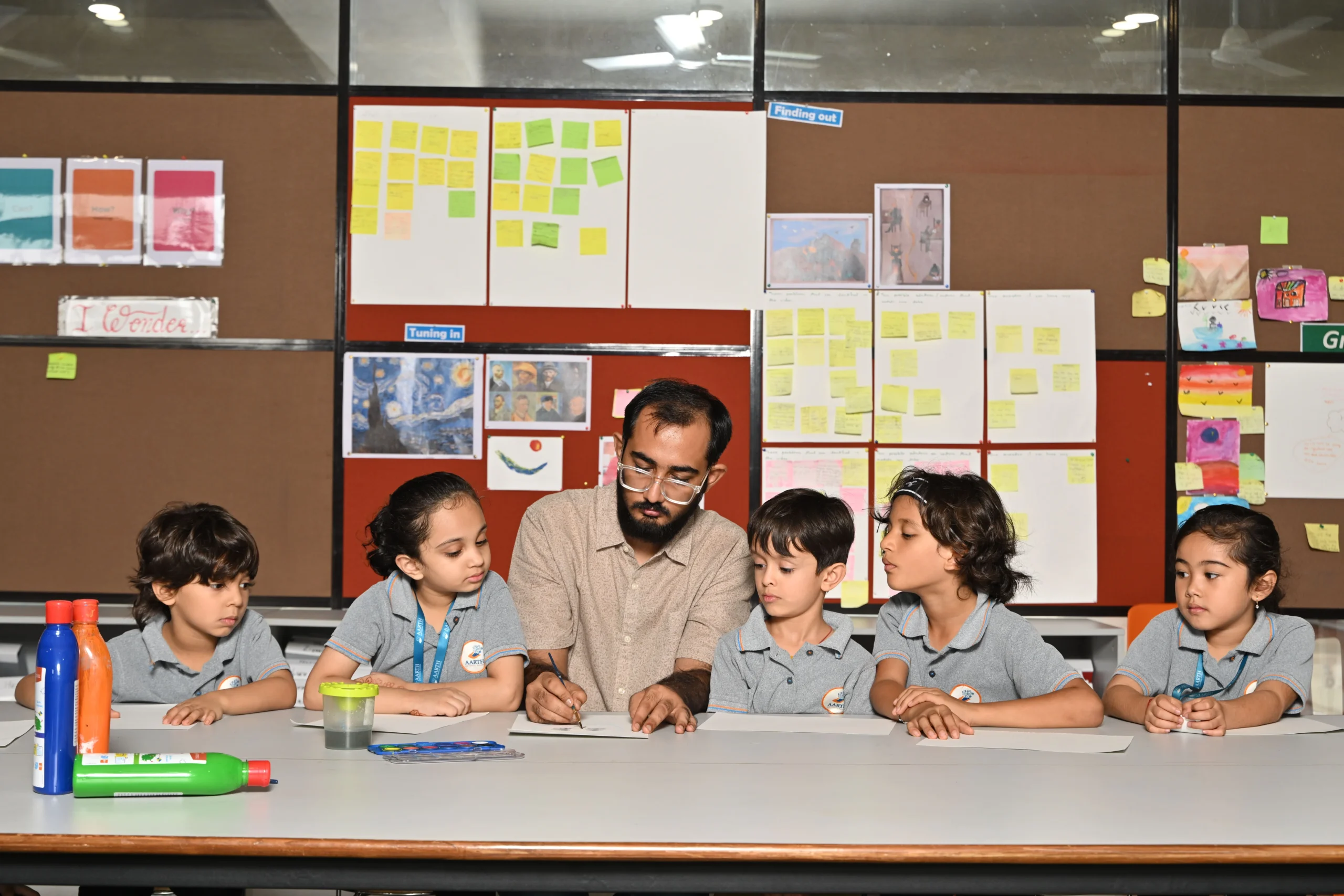
Safe Transportation
AC Buses with GPS Tracking: Our air-conditioned buses come with GPS tracking and cameras, providing secure and monitored transportation for students.
Real-Time Monitoring: Parents can access real-time updates on their child’s bus location, offering peace of mind and enhanced security.
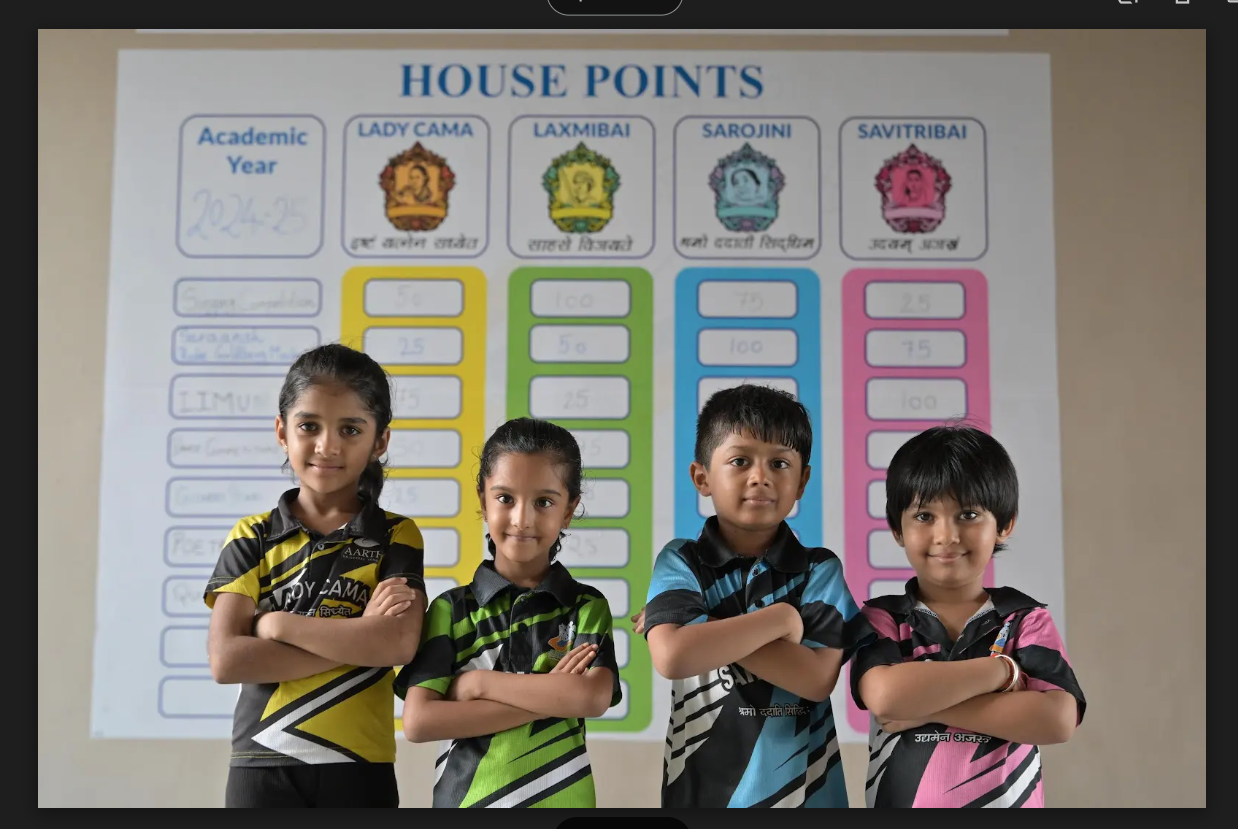
Emergency Preparedness
Regular Drills: We conduct routine fire and evacuation drills to prepare students and staff for any emergency, ensuring prompt responses.
First Aid Facilities: We have an in-house infirmary staffed with a certified and experienced nurse available during school hours. For any major health-related incidents, we have established a collaboration with Velocity Multispeciality Hospital to ensure prompt and comprehensive care.
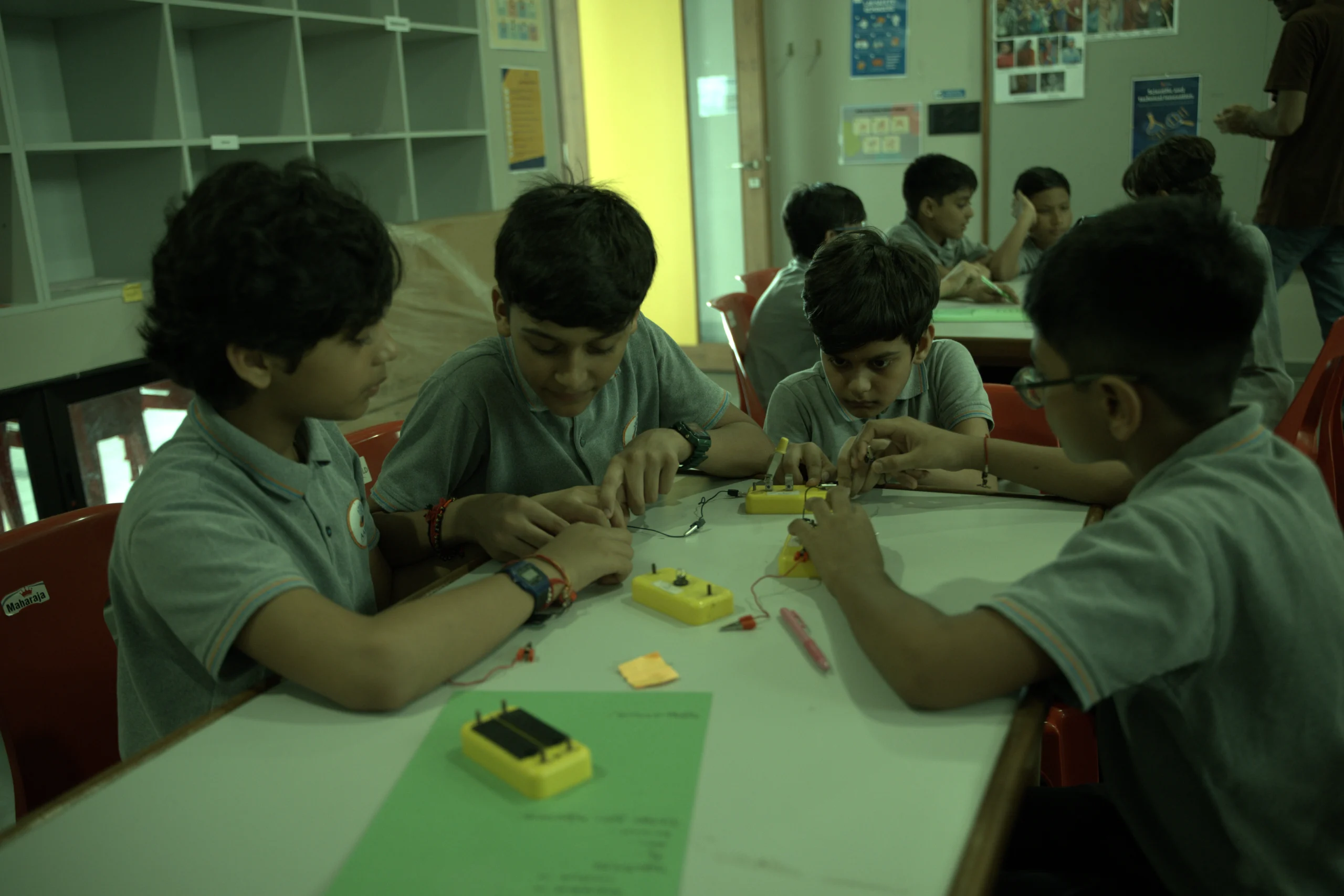
Digital Safety
Cybersecurity Measures: Our robust IT infrastructure and cybersecurity protocols protect students’ digital interactions and personal information.
Cybersecurity Measures: Our robust IT infrastructure and cybersecurity protocols protect students’ digital interactions and personal information.
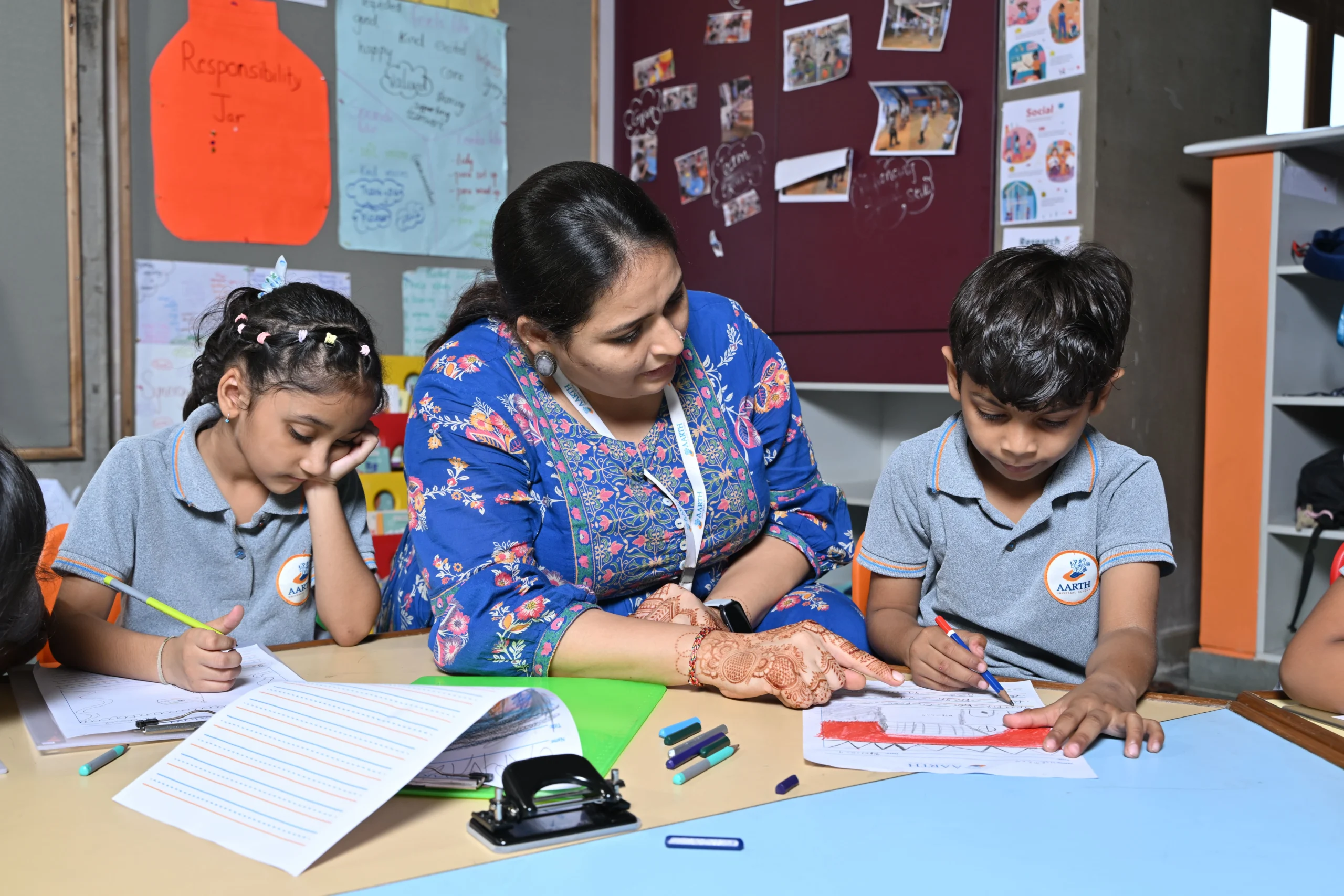
Emotional Safety
At AARTH Universal School, we believe emotional safety is the foundation of successful learning. Our commitment to a Safe Campus ensures that every student feels secure, valued, and supported as they grow into confident, well-rounded individuals ready to take on the world.
Happiness Curriculum for Joyful Living: Central to our Safe Campus initiative, this curriculum fosters emotional resilience and well-being. By integrating age-appropriate topics, we equip students with the tools to navigate both academic and personal challenges.
Quality Circle Time and Digital Safety: We create safe spaces for students to express themselves through Quality Circle Time, while our Digital Safety sessions empower them to navigate the digital world with confidence.
Personalised Support from the SEN Department: Our SEN Department provides personalised care, ensuring each child’s unique needs are met through the attention of compassionate counsellors and special educators.
Collaborating with Parents: Emotional safety is a shared responsibility. We engage parents through regular communication and workshops, offering guidance on nurturing their children’s well-being at home and school.
At Aarth Universal School, safety is at the heart of our commitment to your child’s future. By prioritising their emotional, mental, and physical well-being, we are dedicated to equipping them with the confidence, poise, and security they need to embrace the future.
Join us in creating a secure and nurturing learning environment where they can truly flourish.
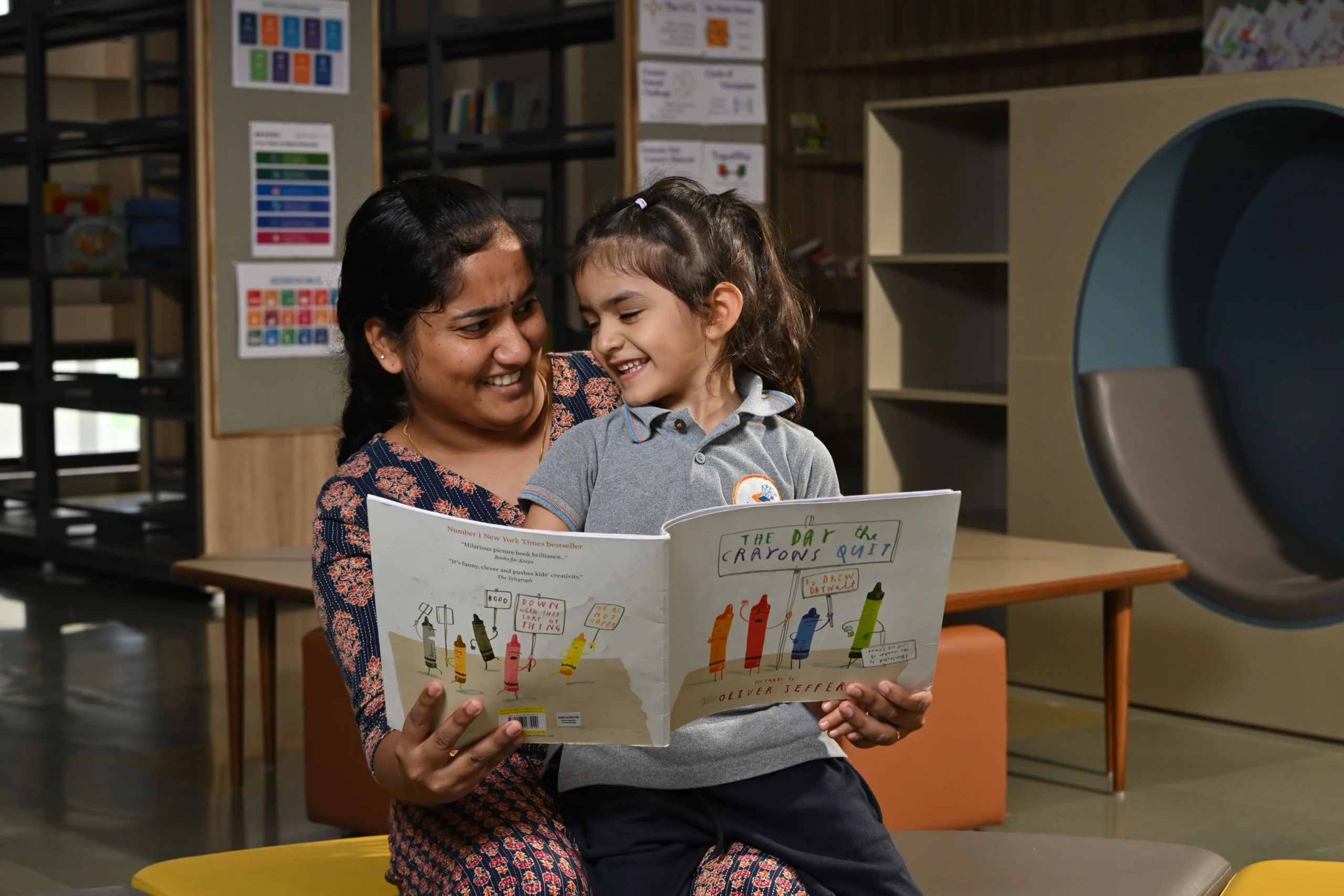
Admission Enquiry
Welcome to Aarth Universal School, where education meets innovation, and every child's potential is nurtured to shine brightly, helping the students become creative and critical thinkers and problem solvers.
Apply Now

Follow us on instagram
@aarth_universal_school

Address
Block 148, Surat-Bhesan-Barbodhan Road, Malgama, Surat-395005
Need Direction ?
Use this AddressBook School Tour
AARTH is a school united by the joy of learning, excellence in achievement and development of character.
Book Now
- Enroll now for a bright future - School admissions are now open! |
- Secure your spot today - School admissions now open!


